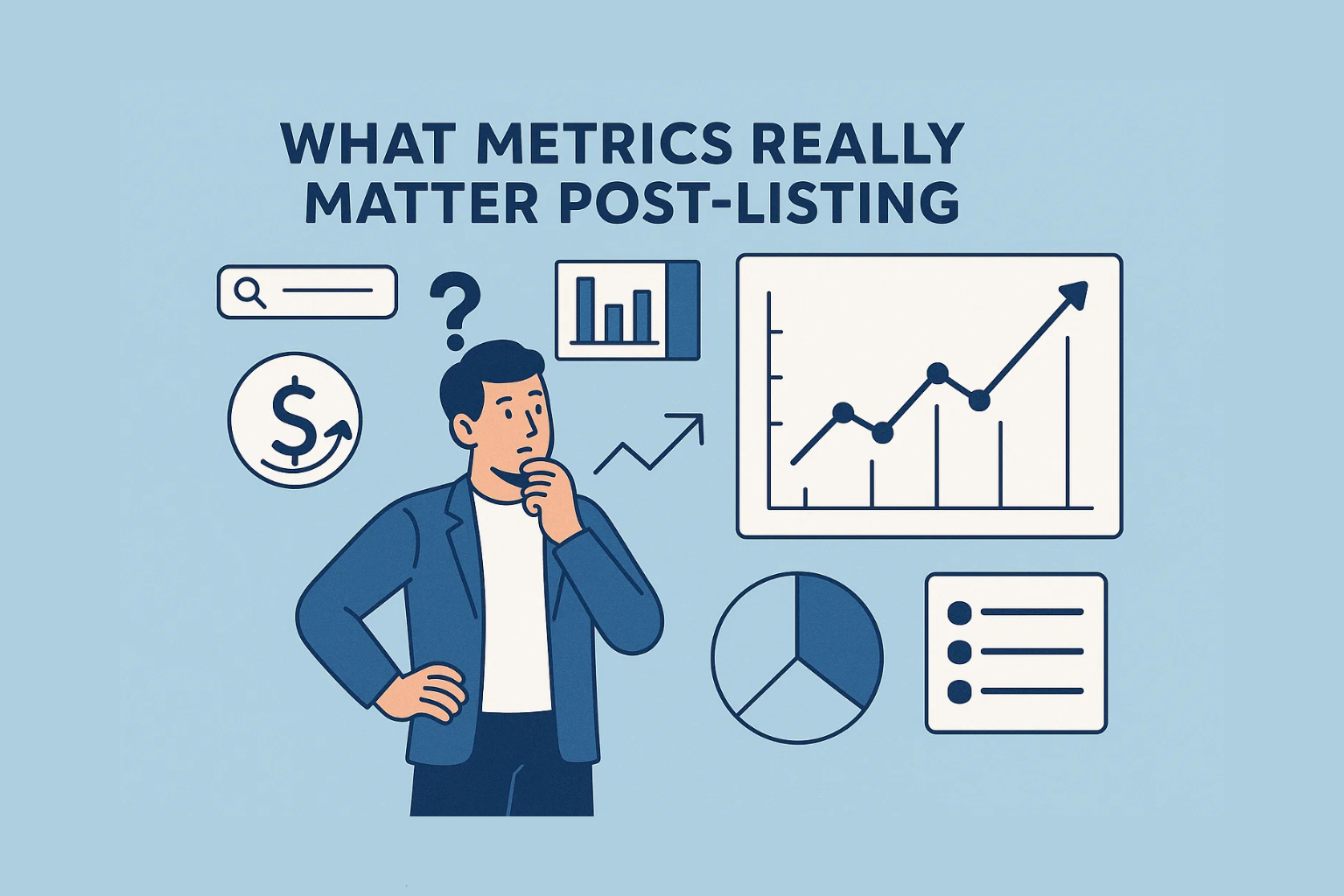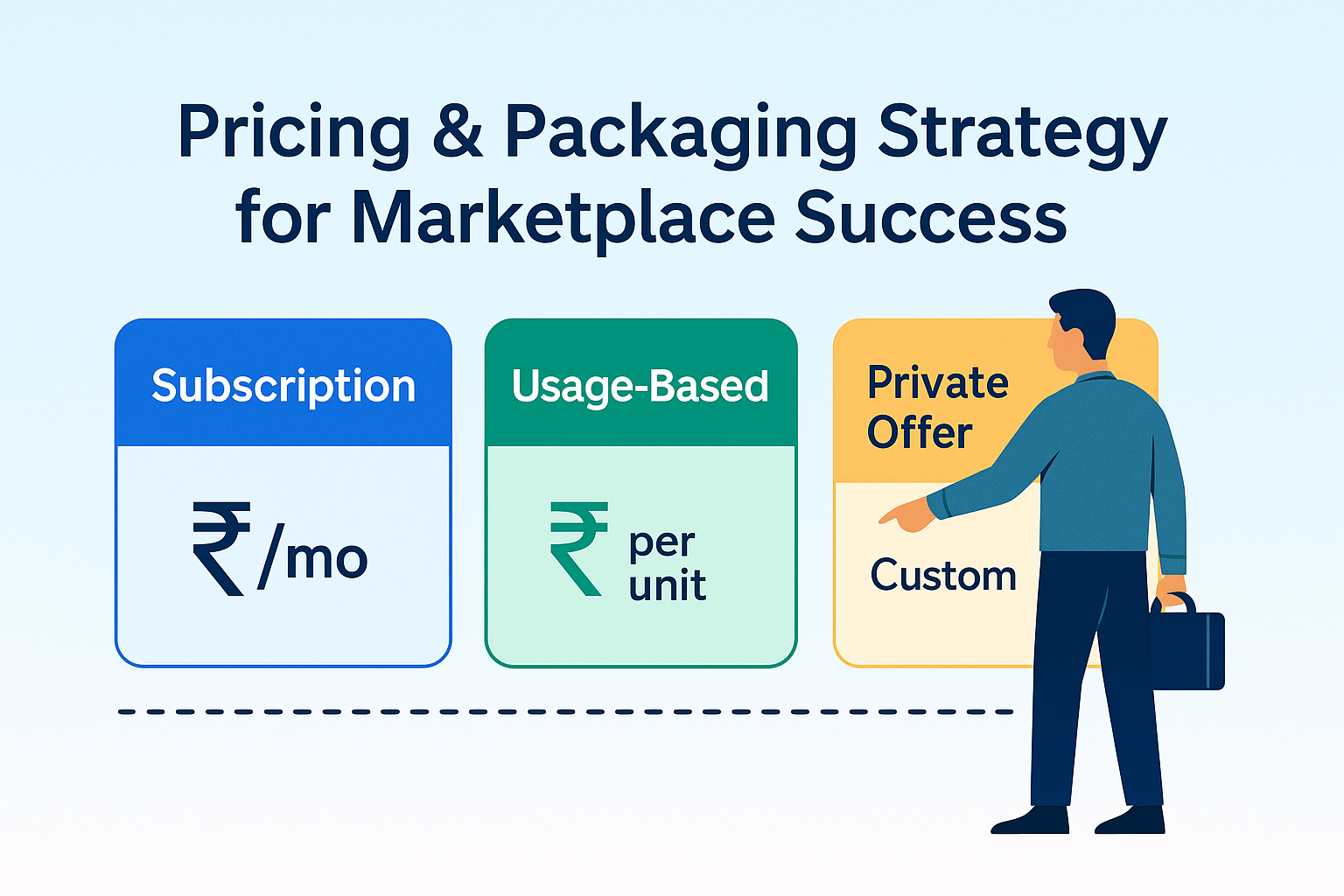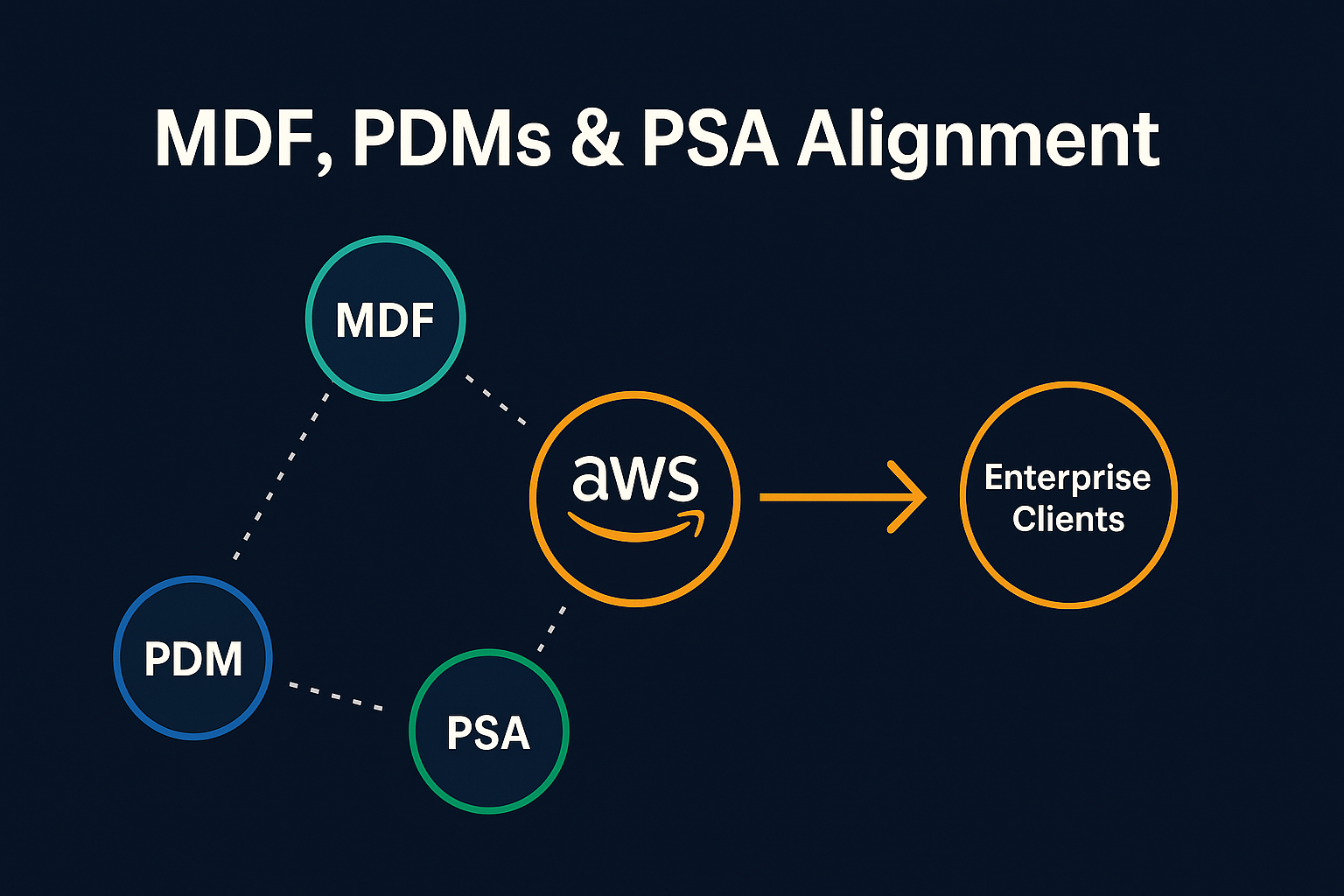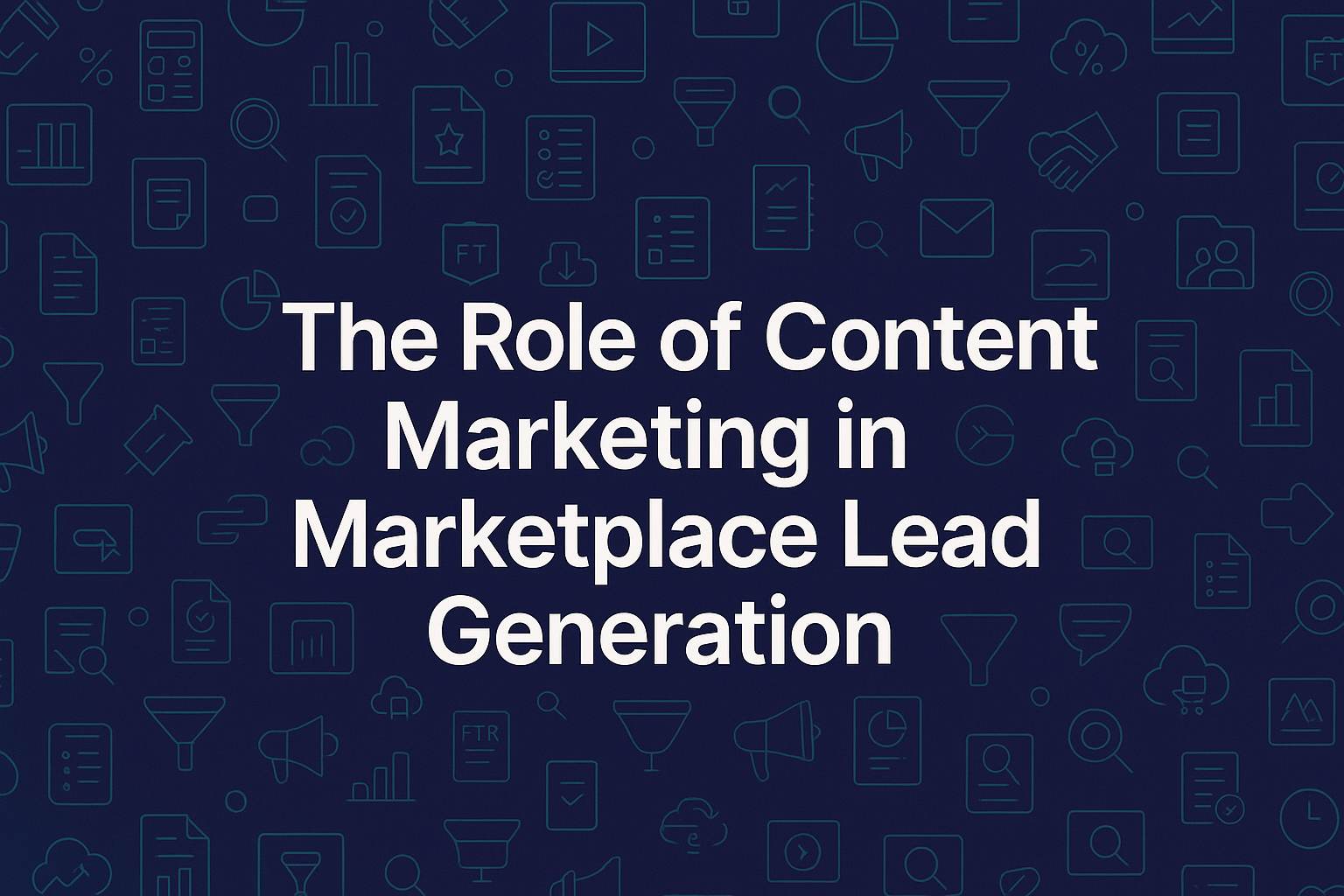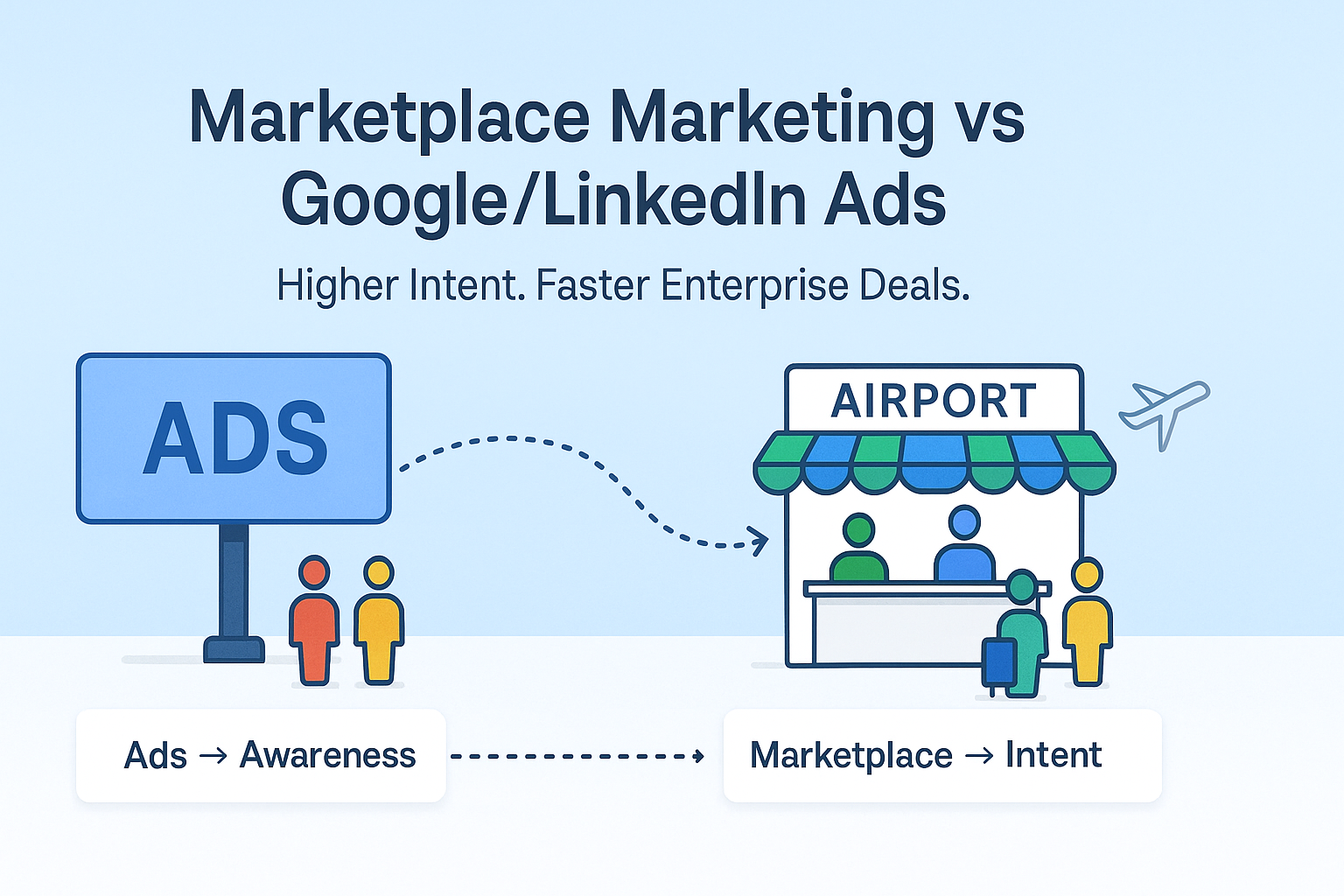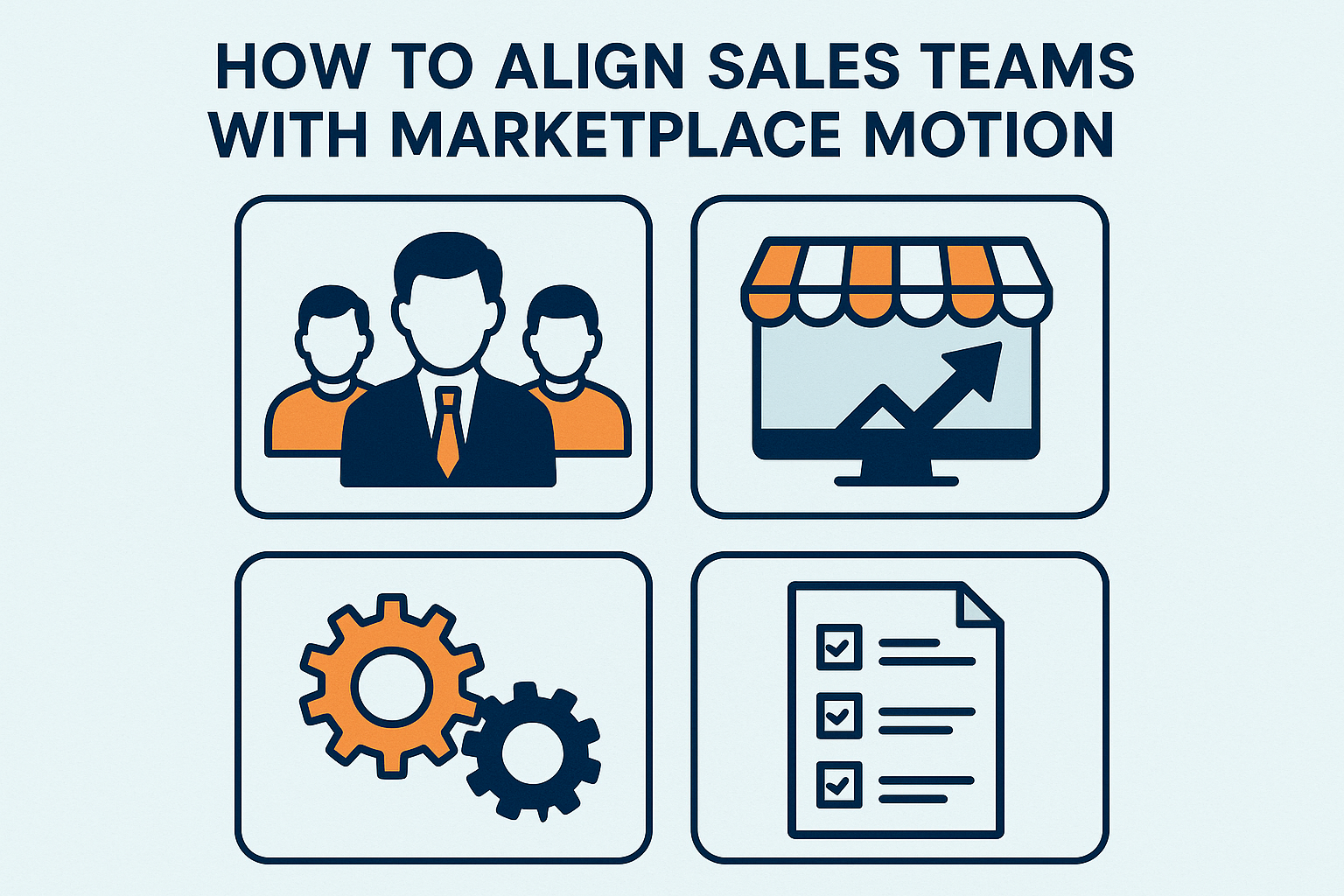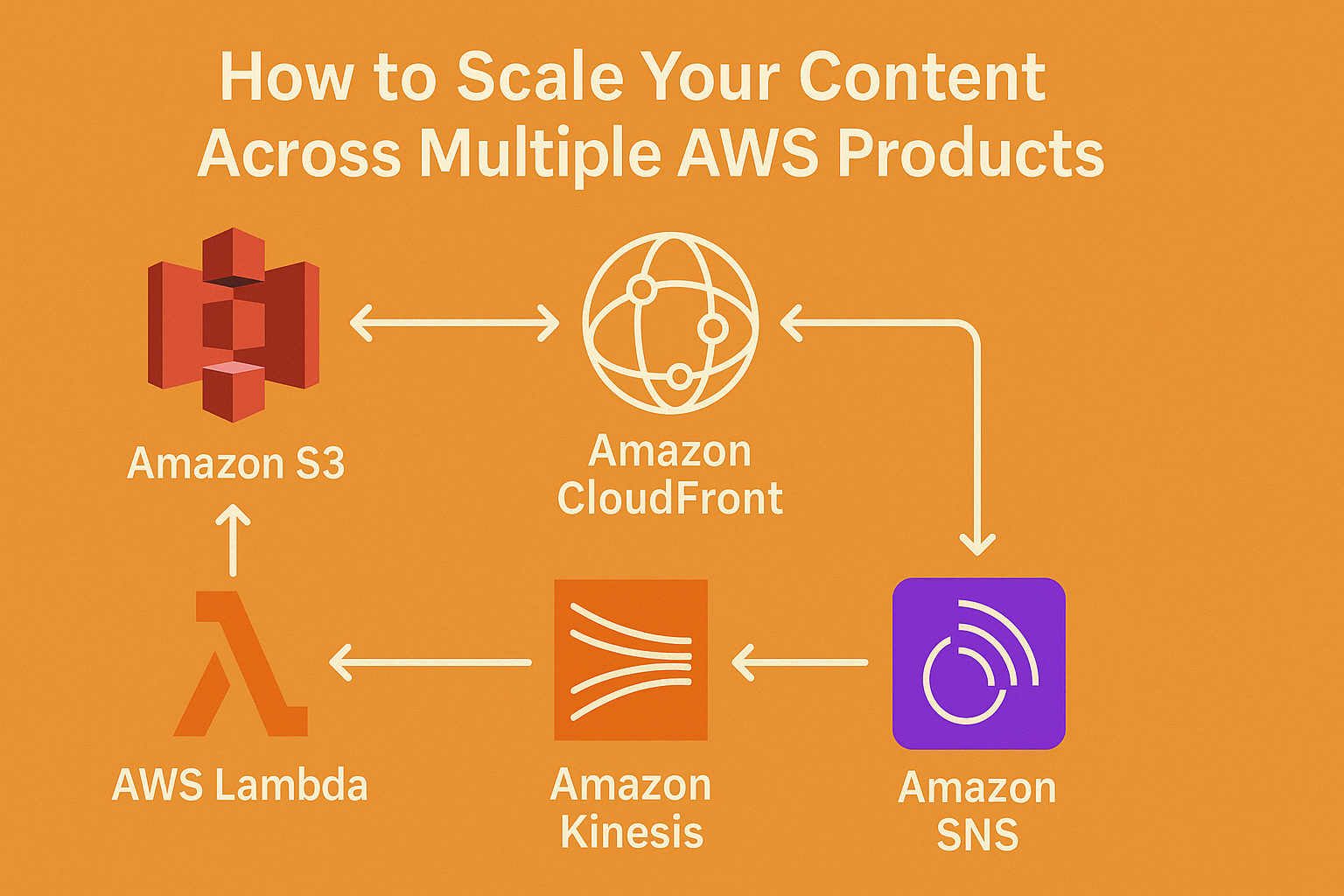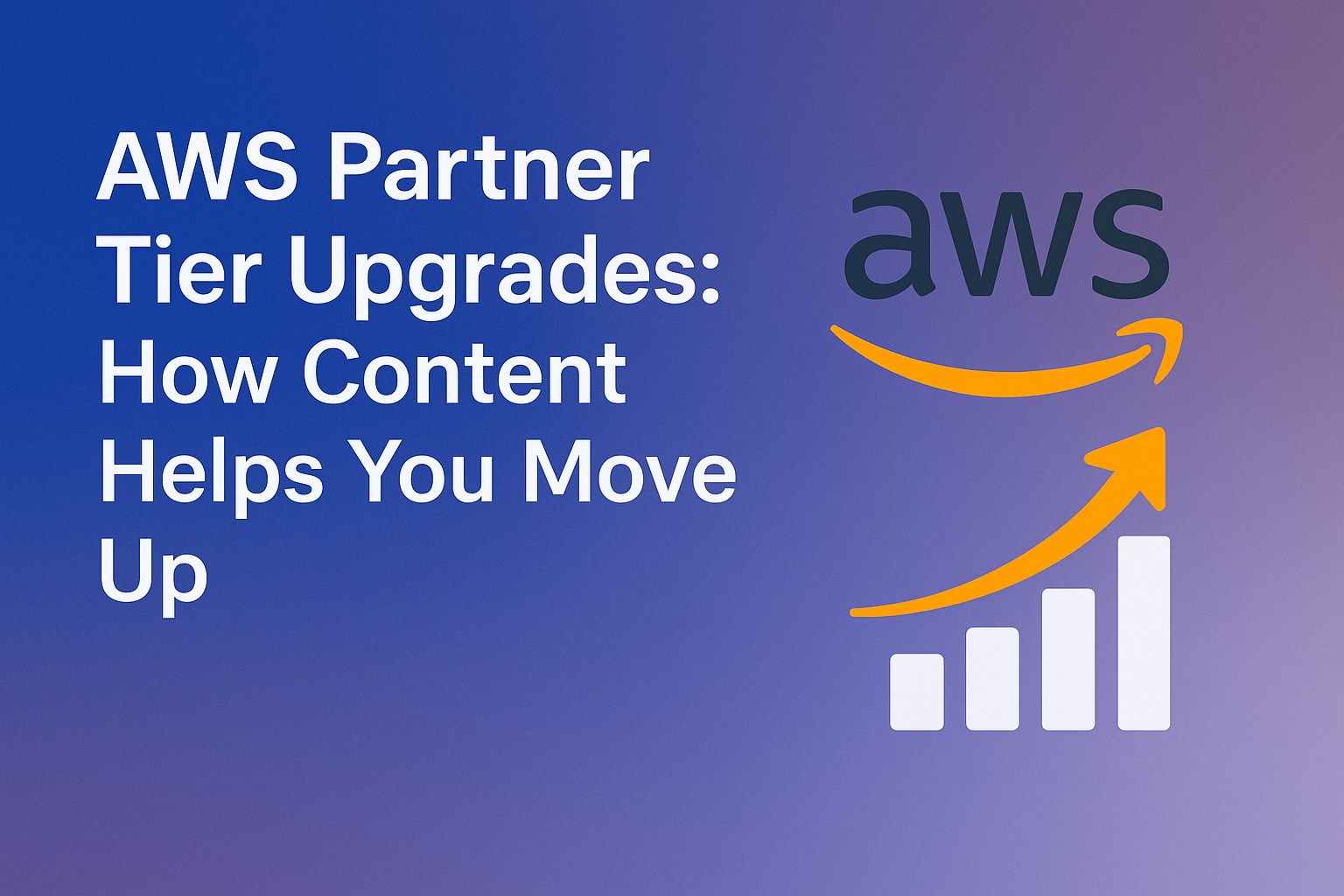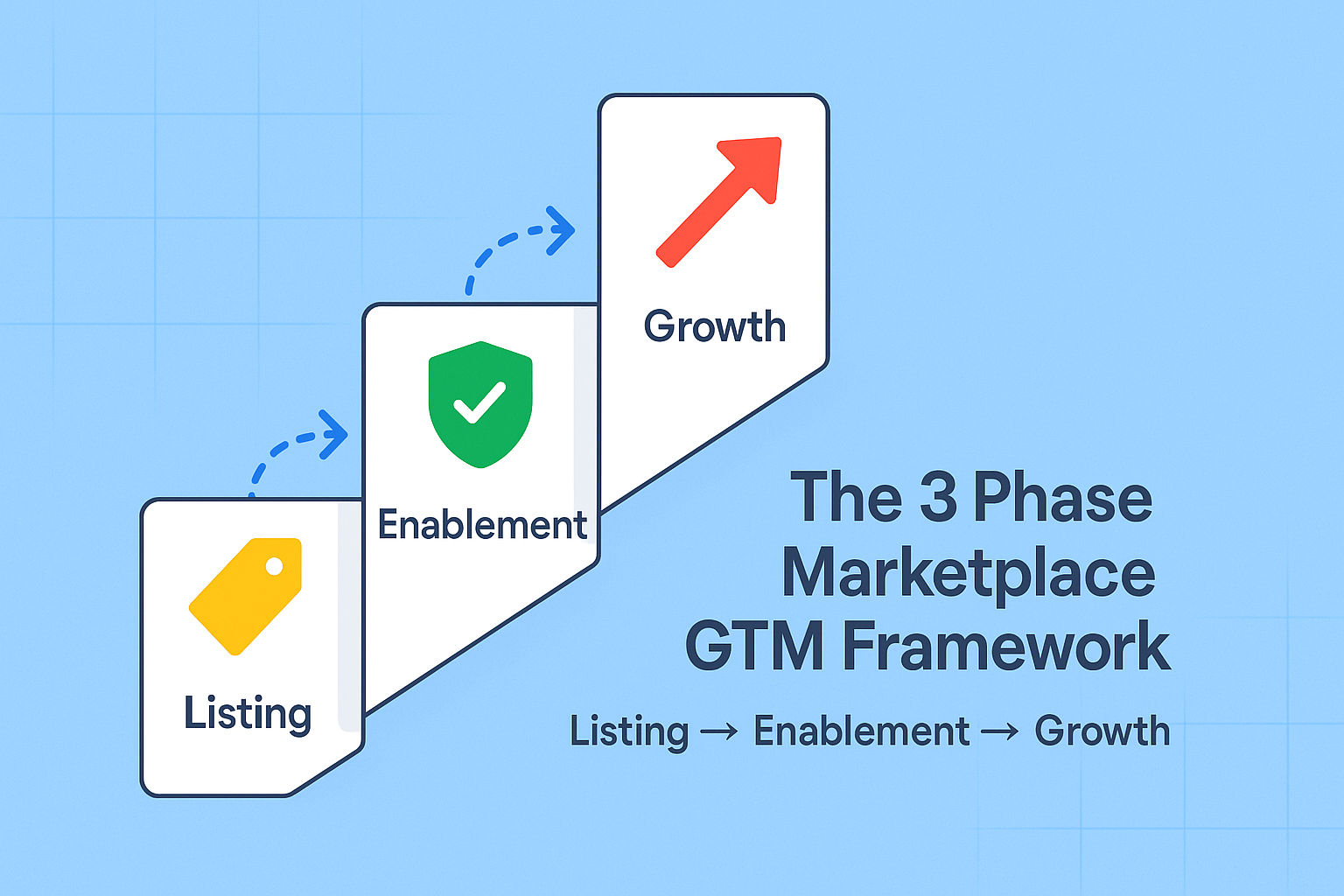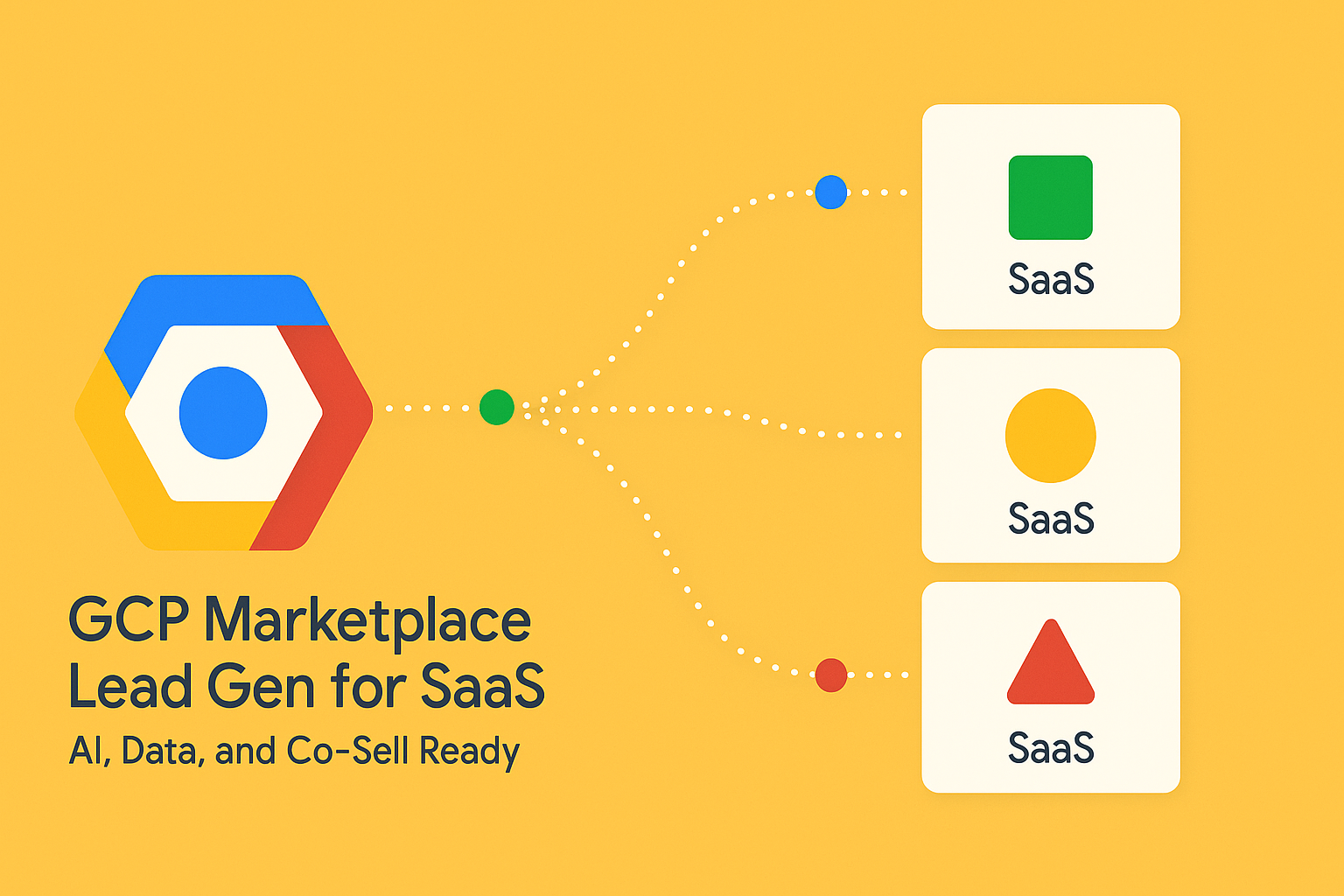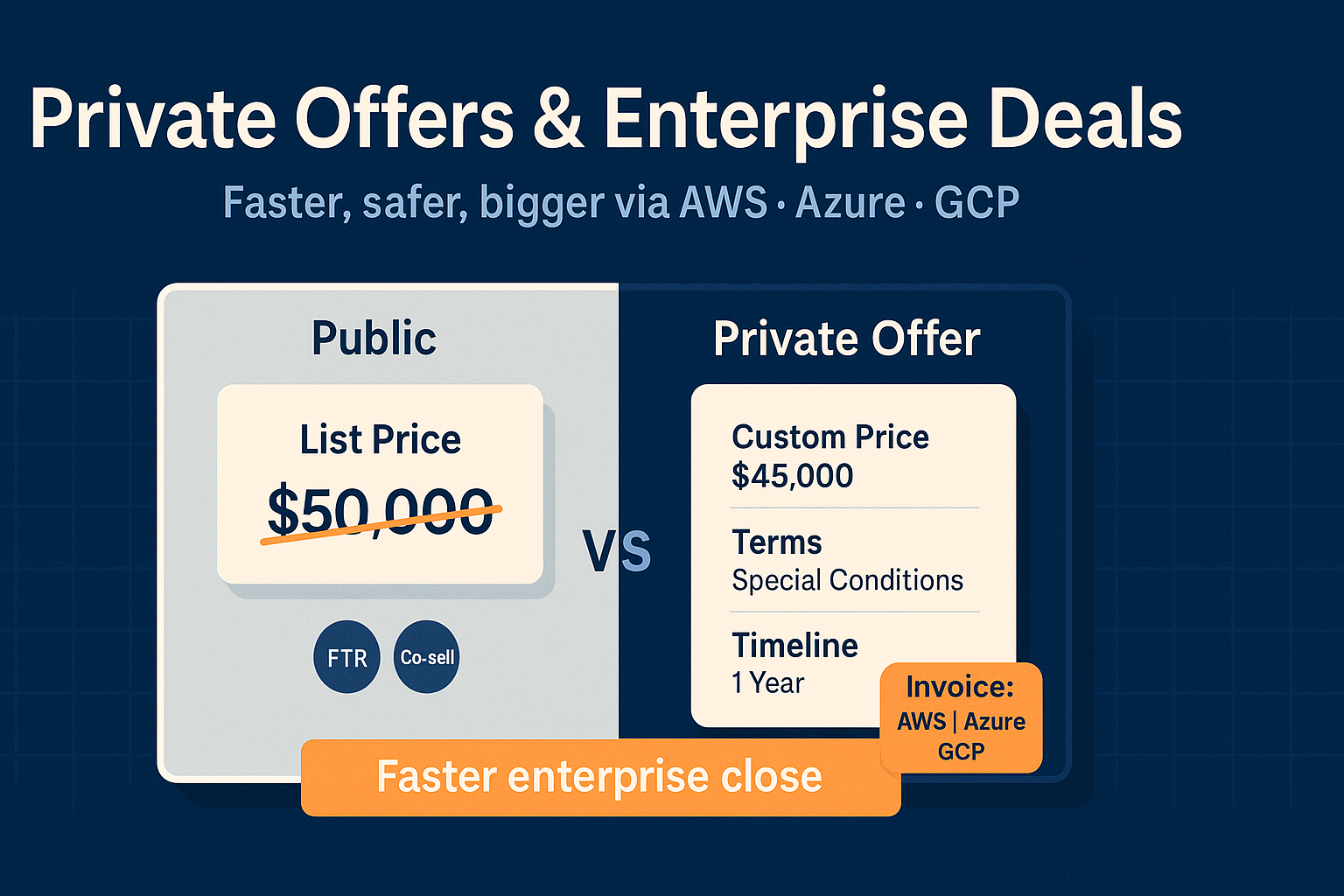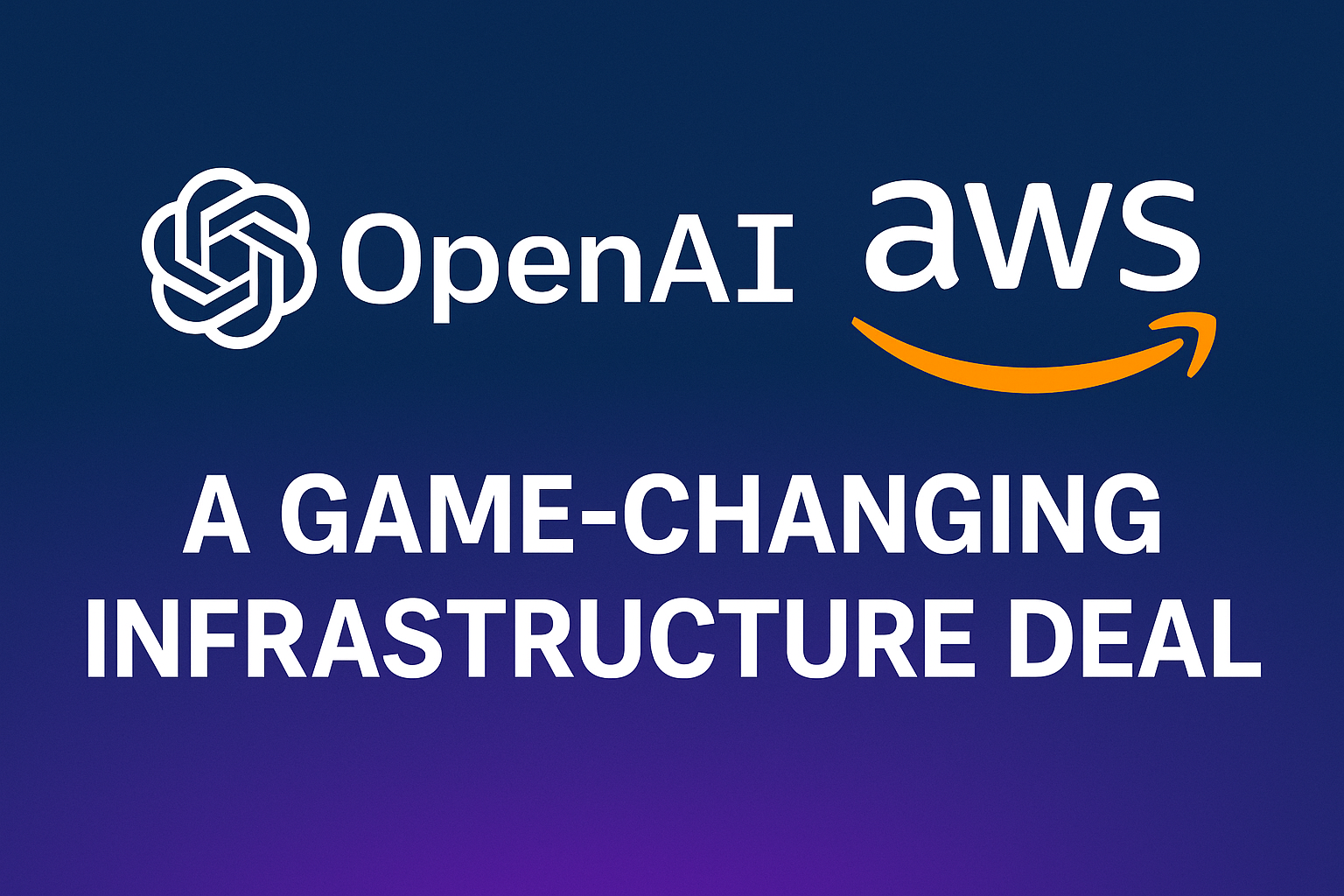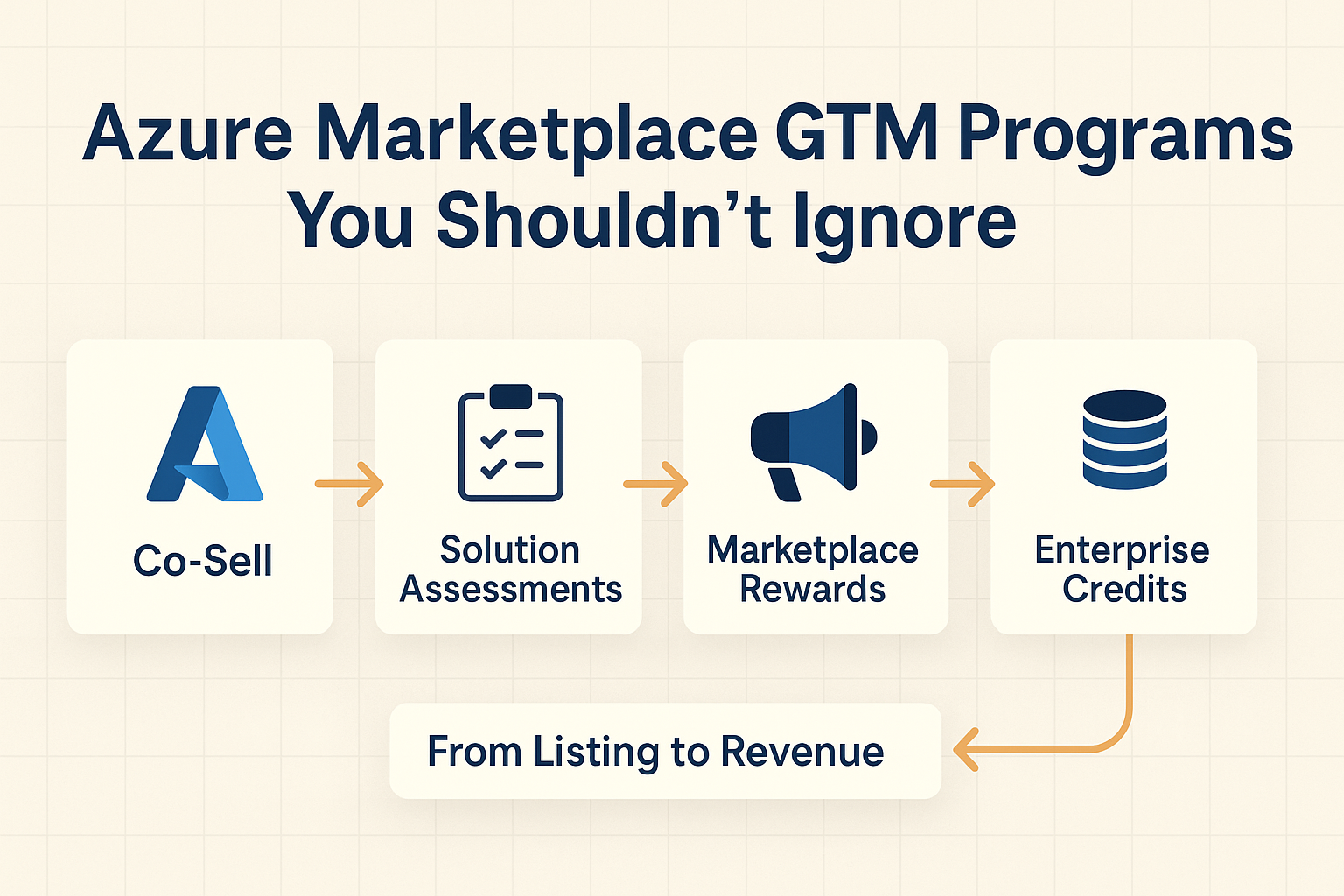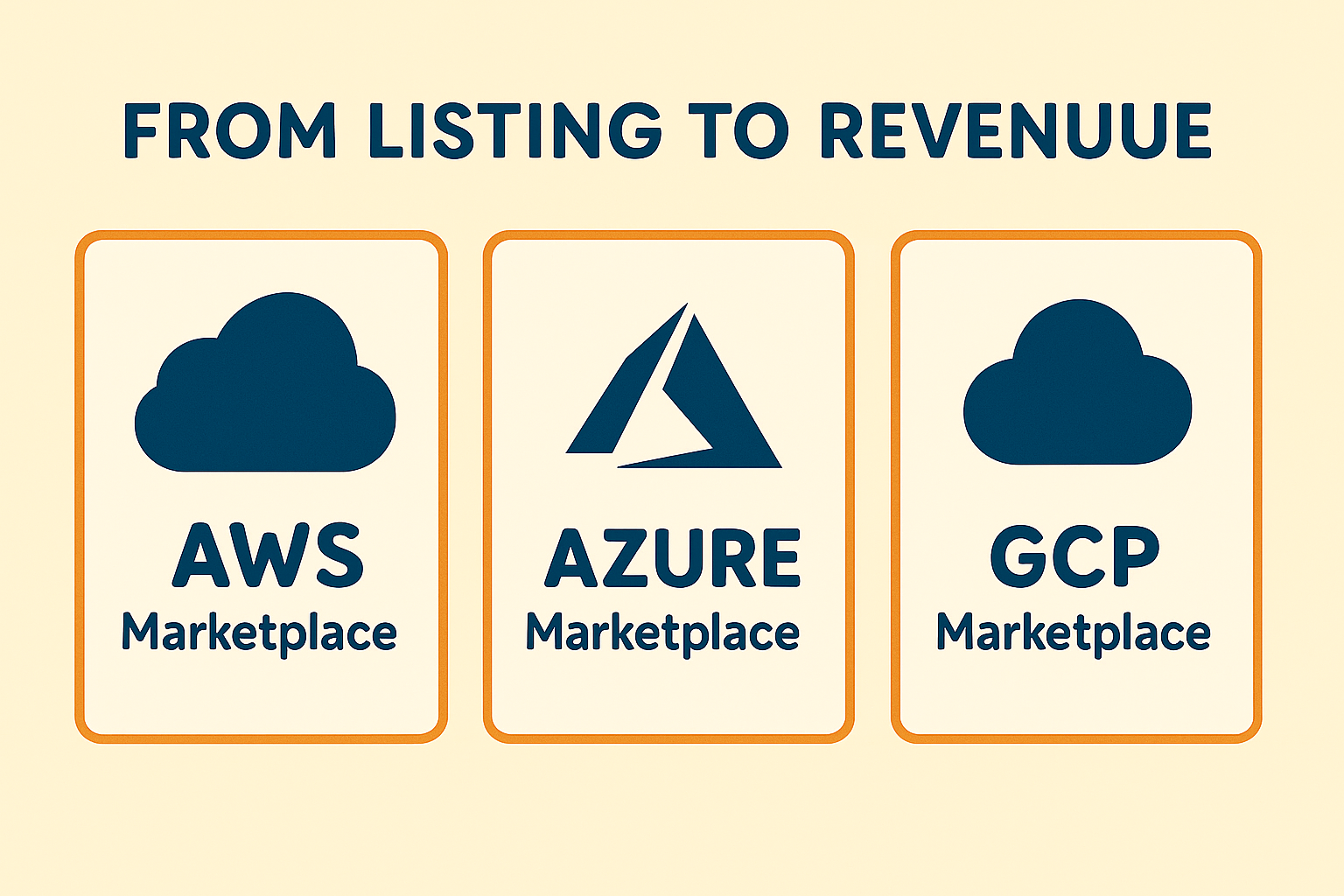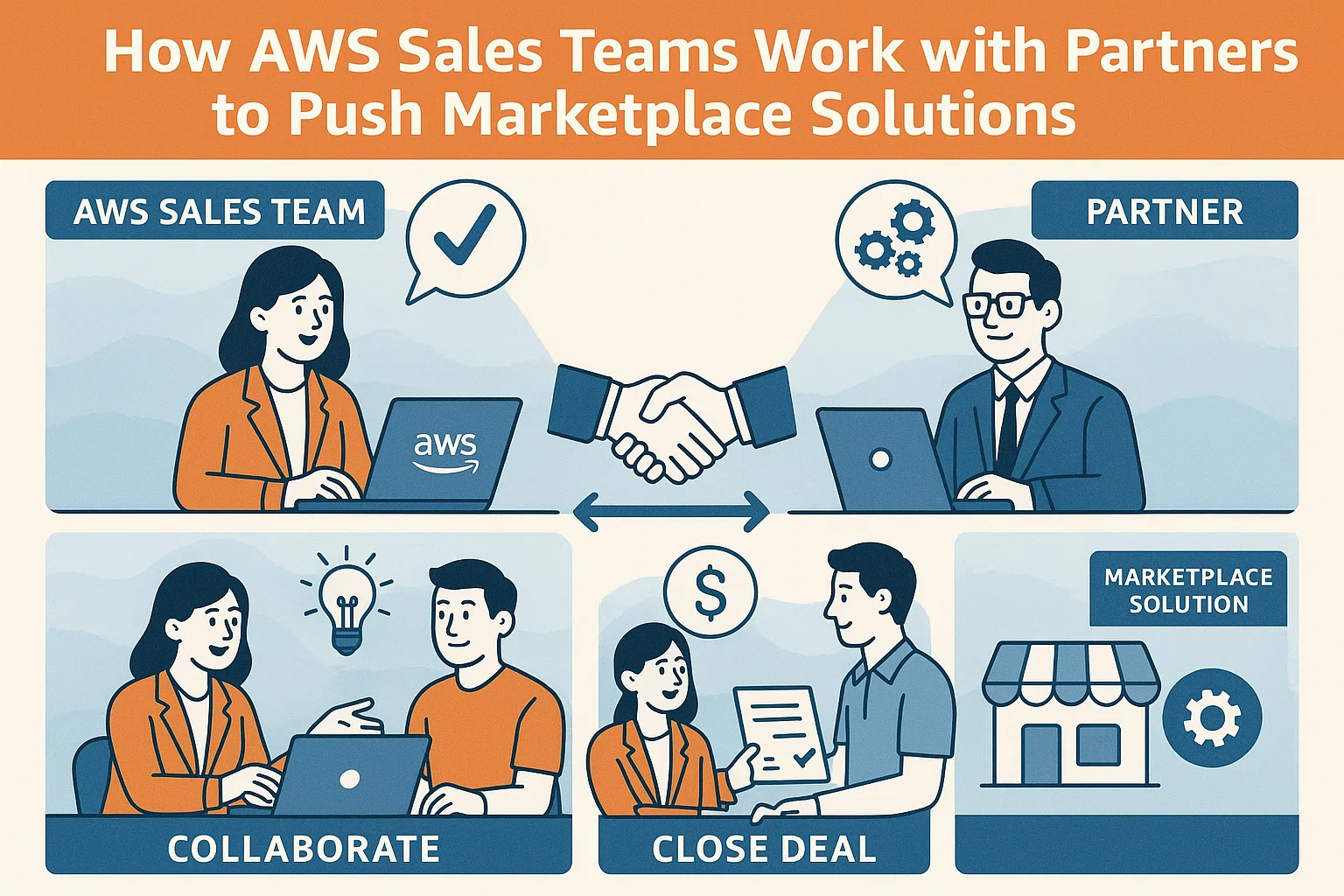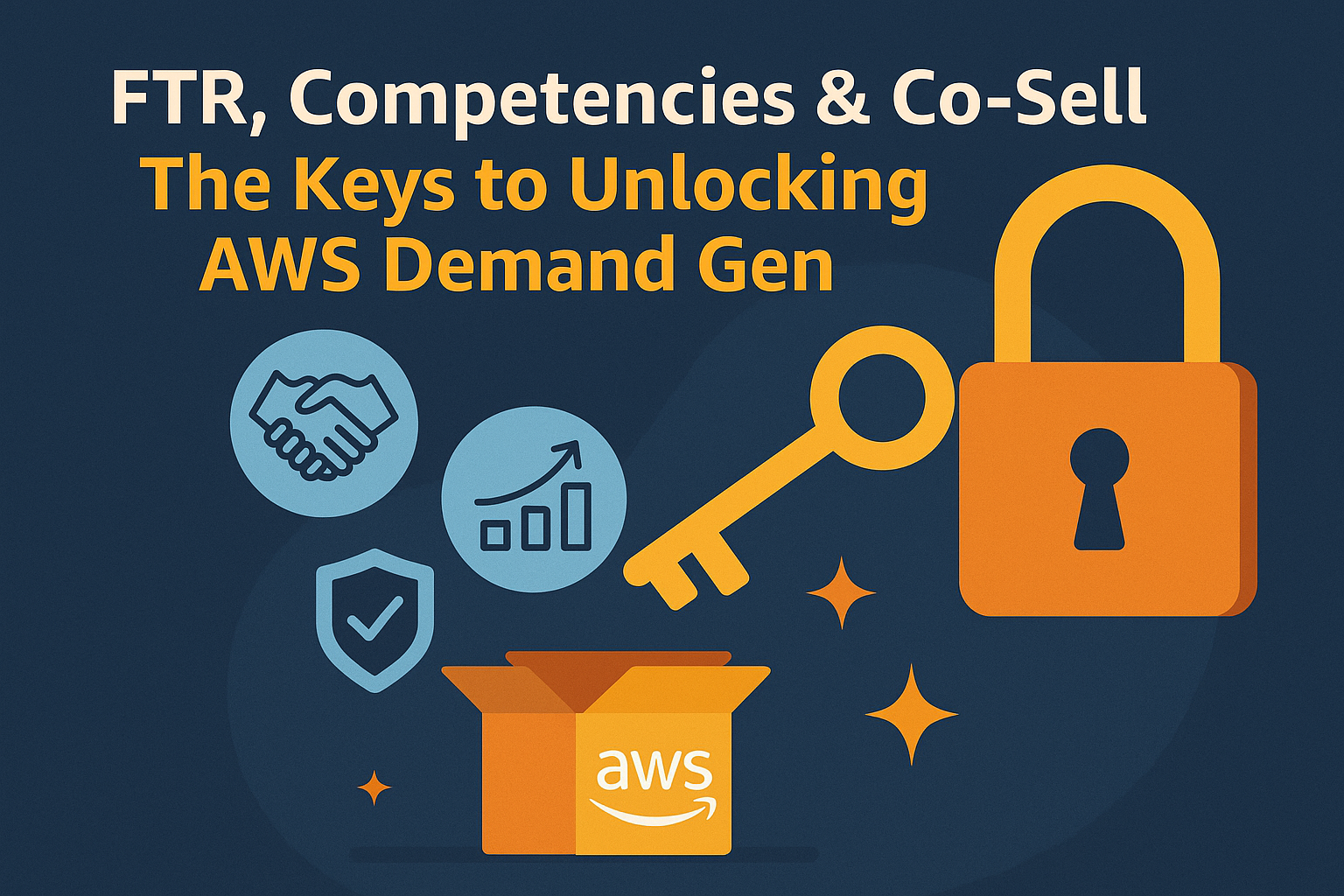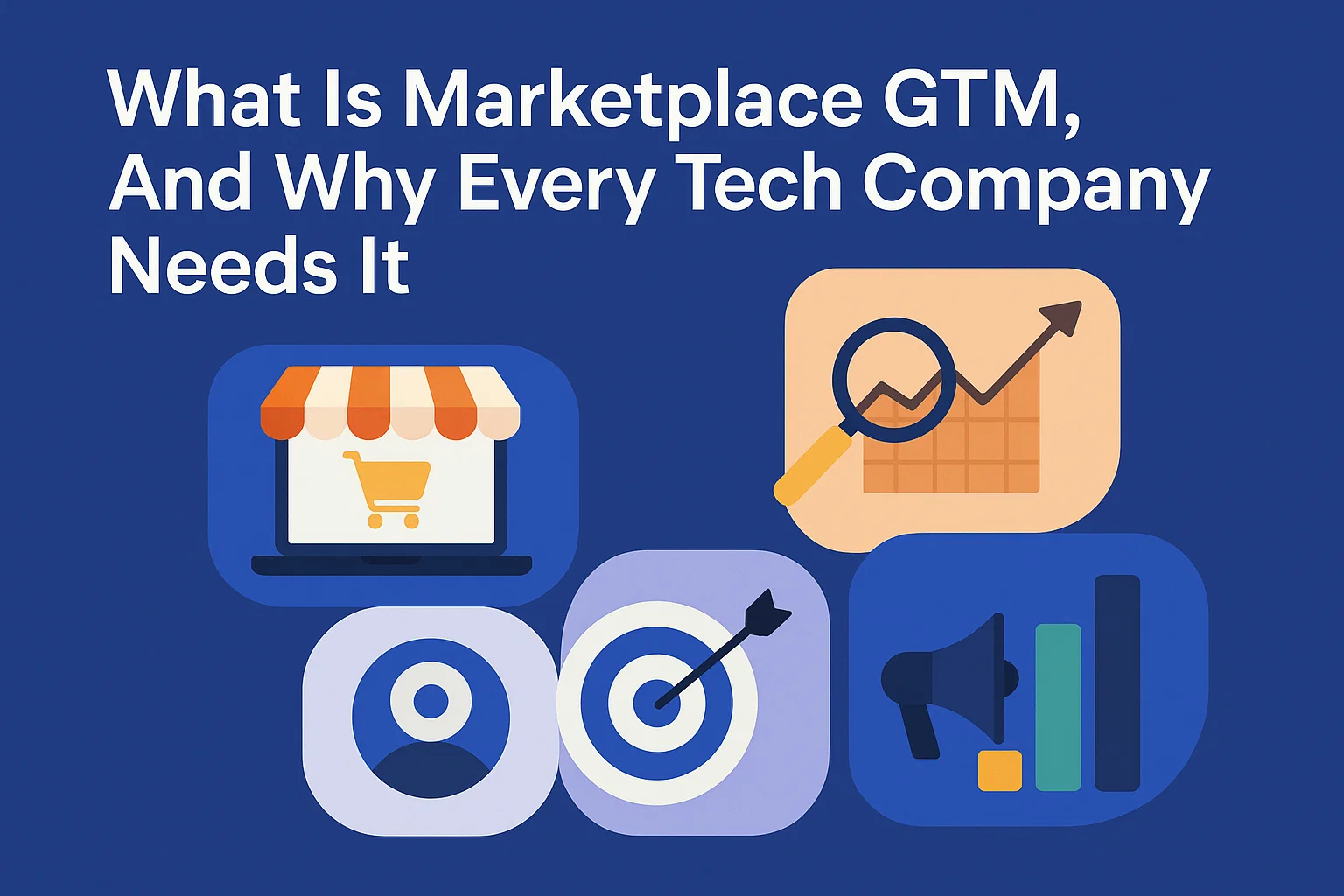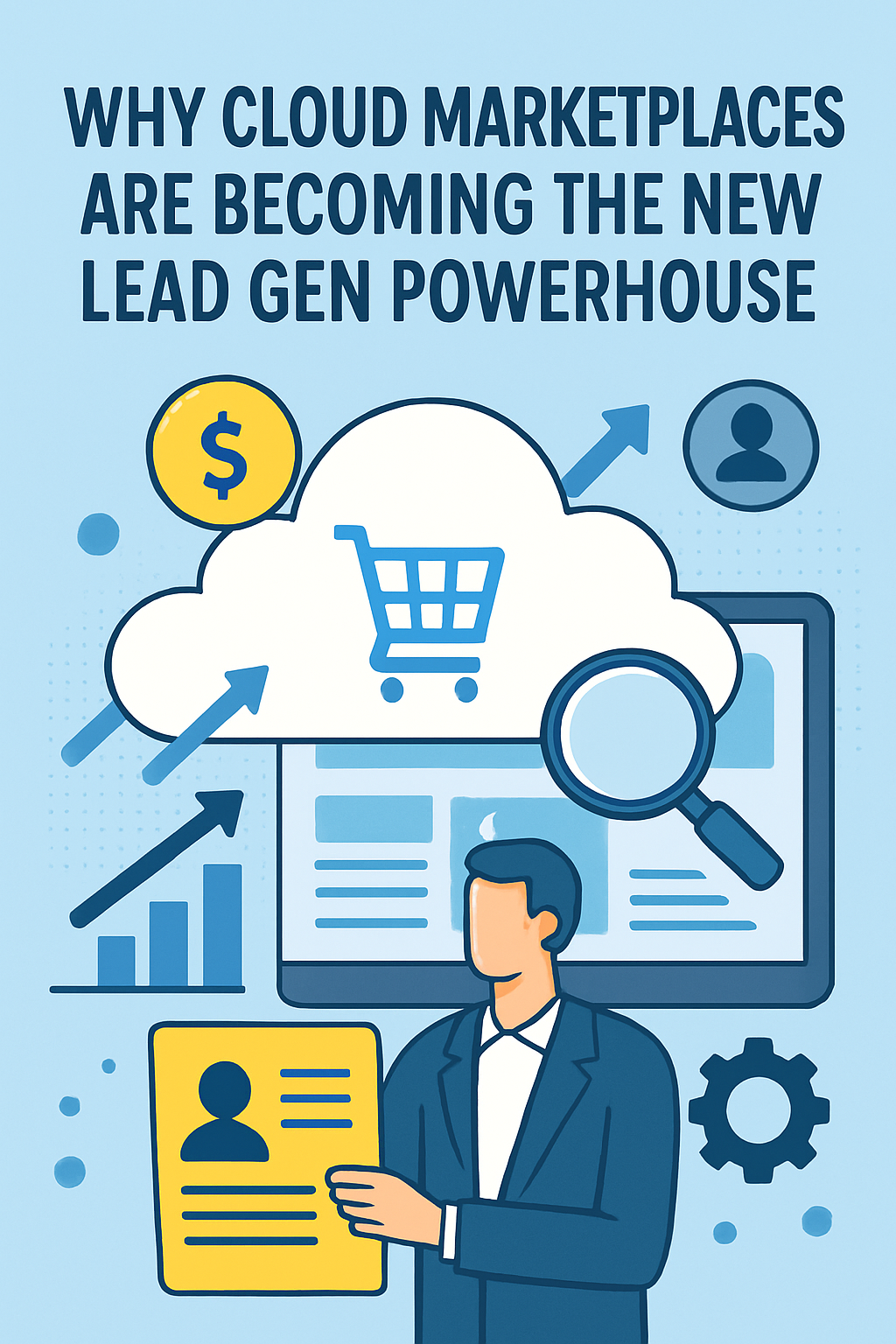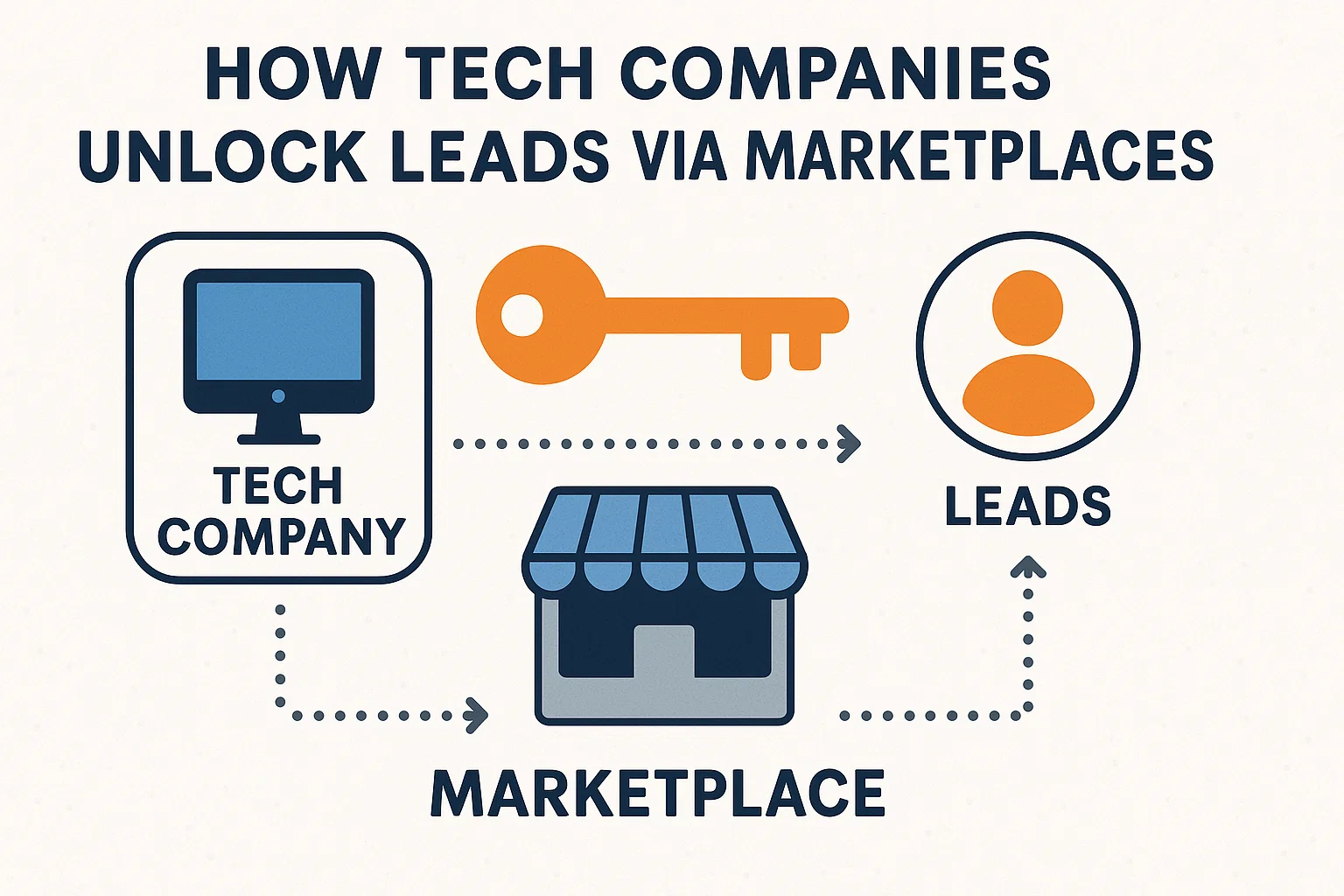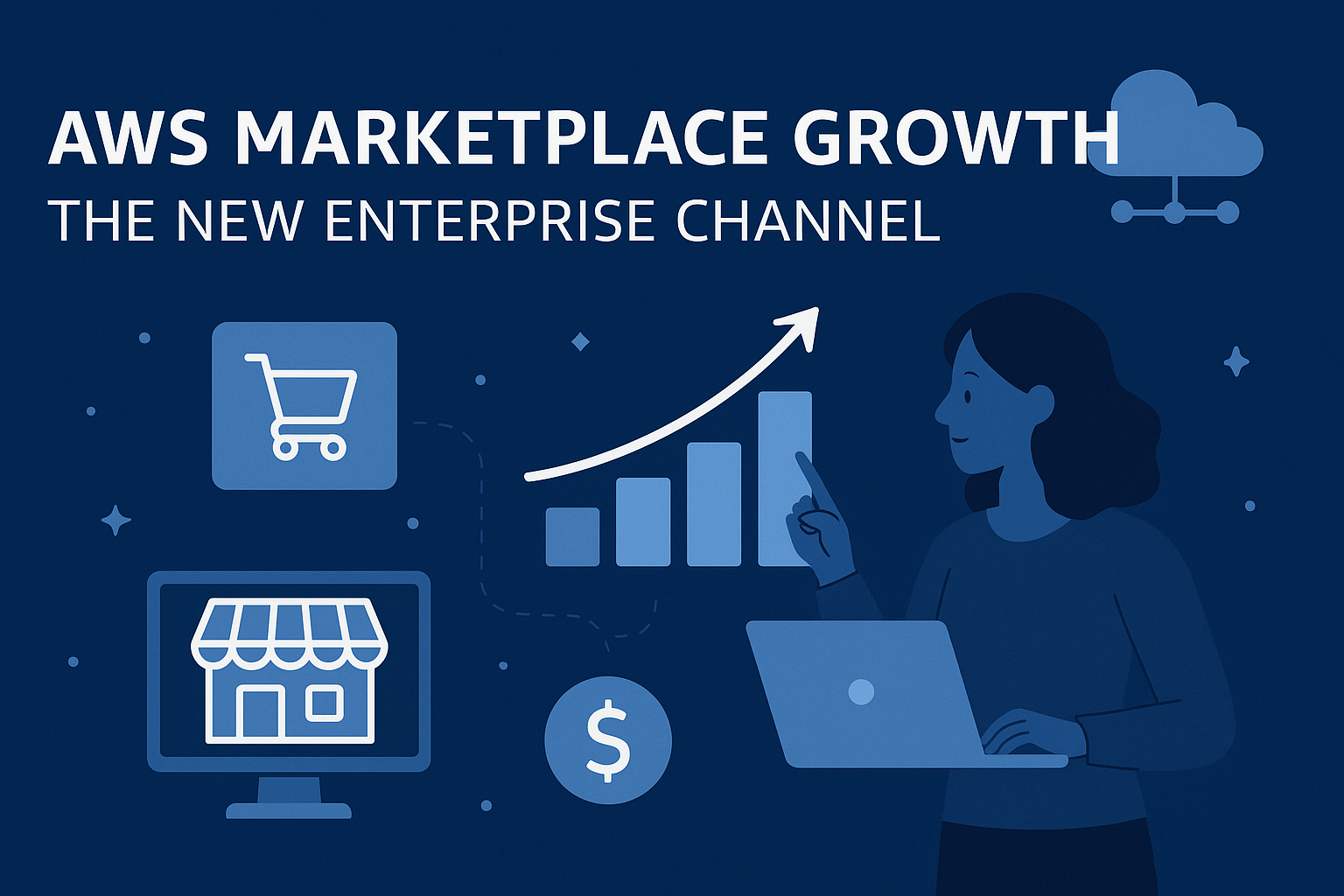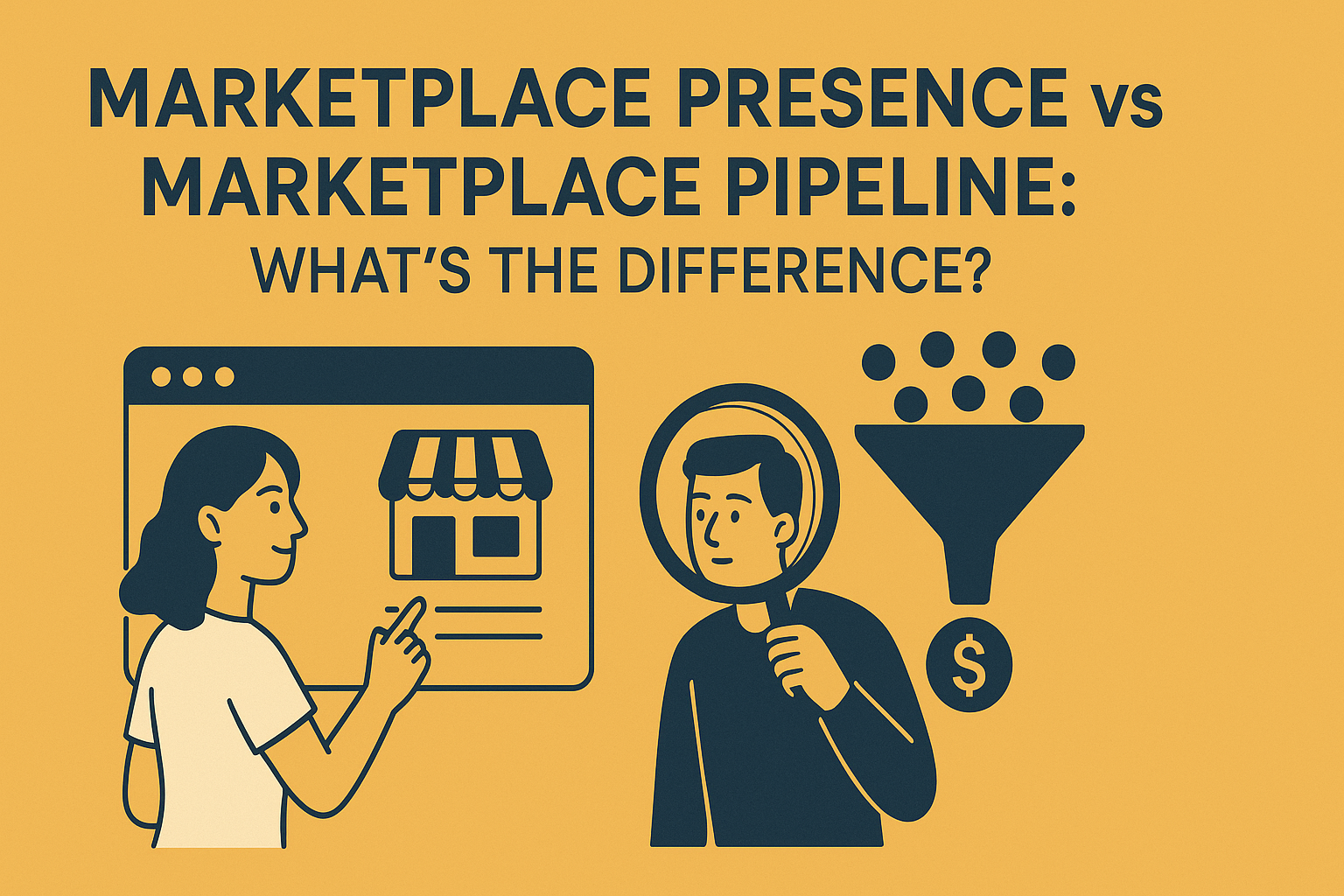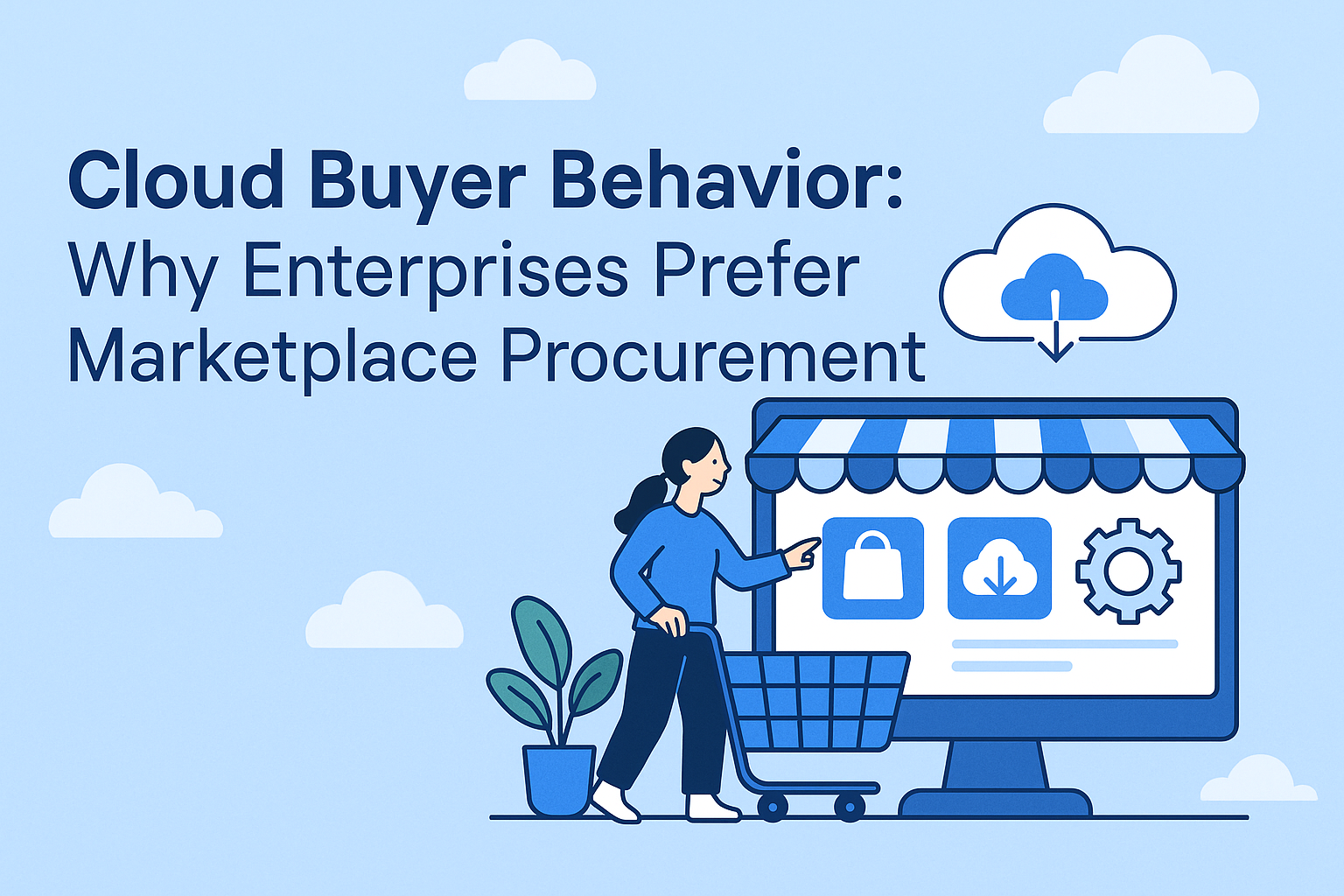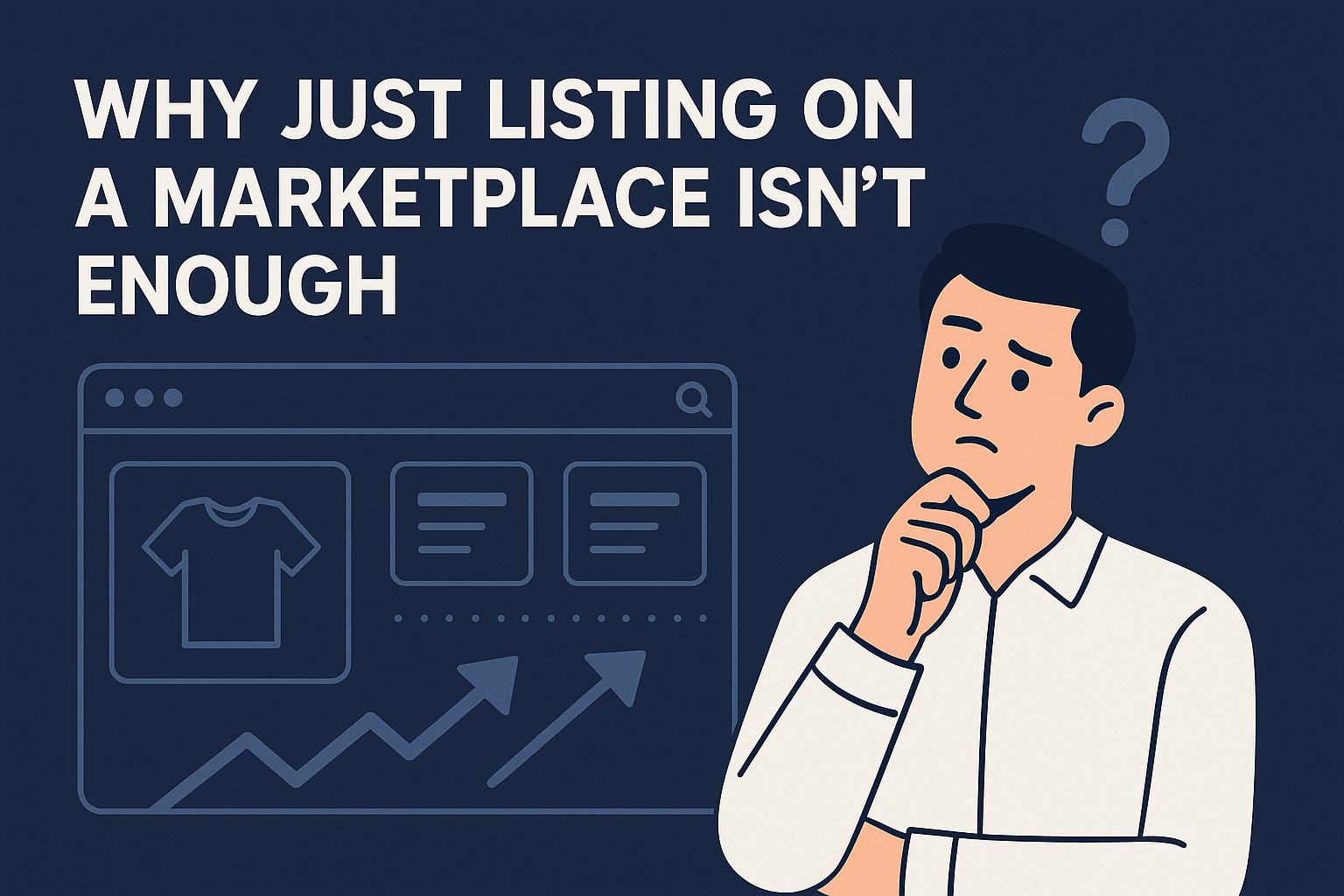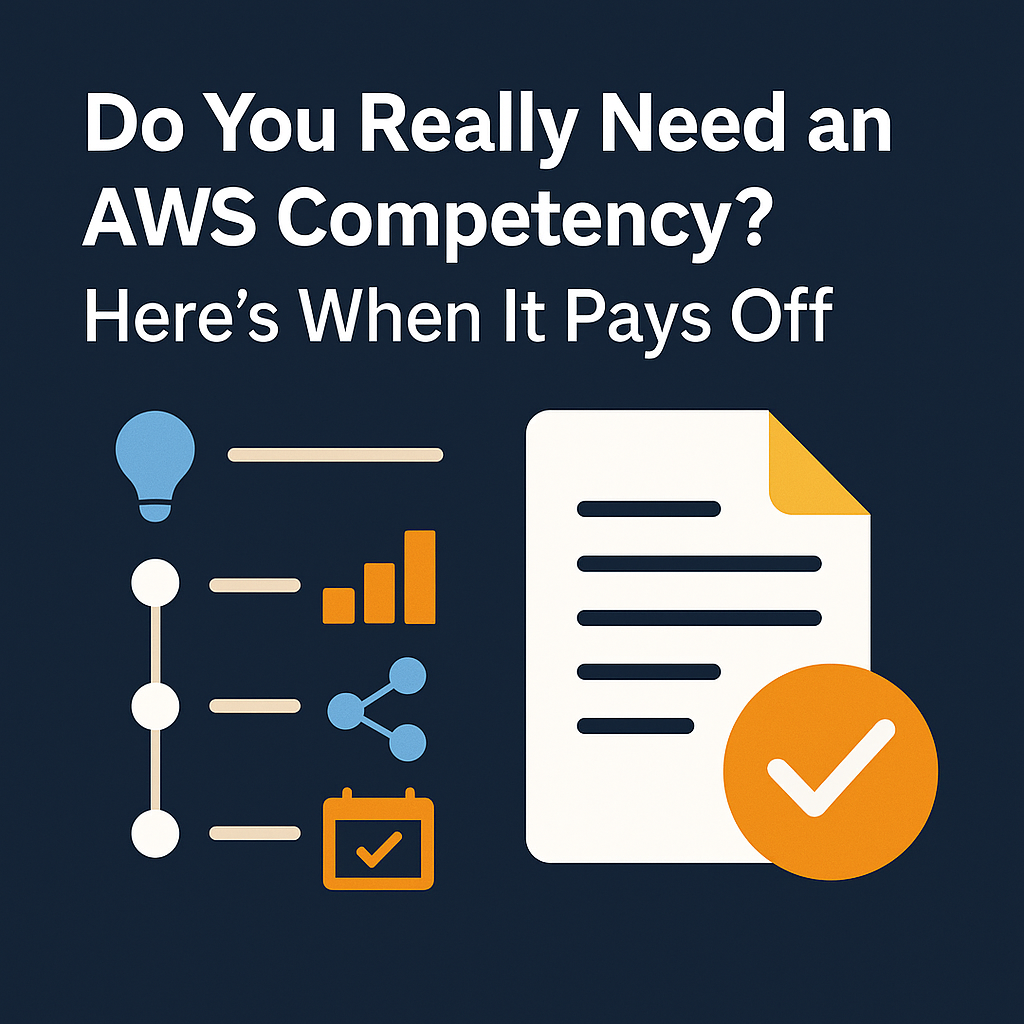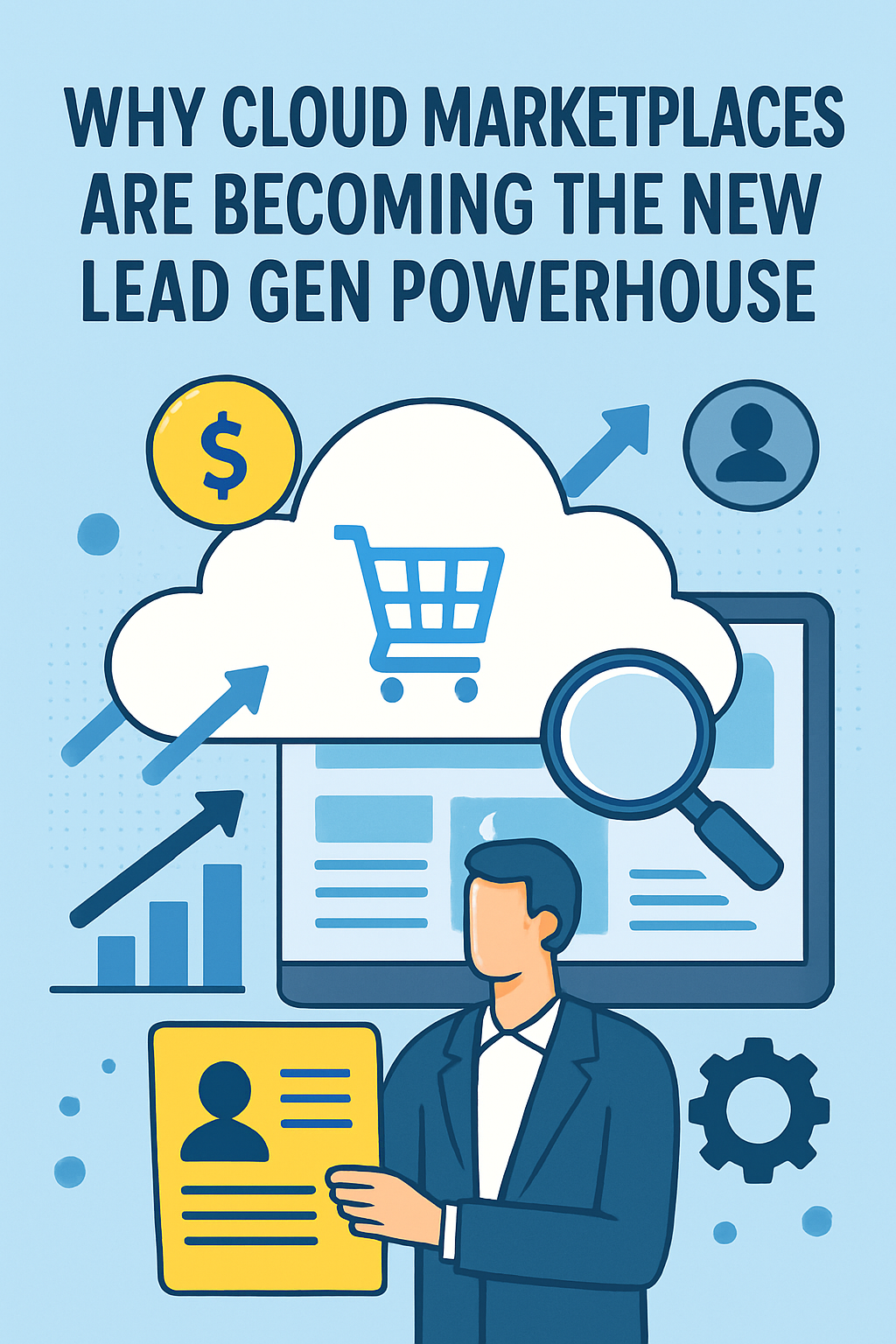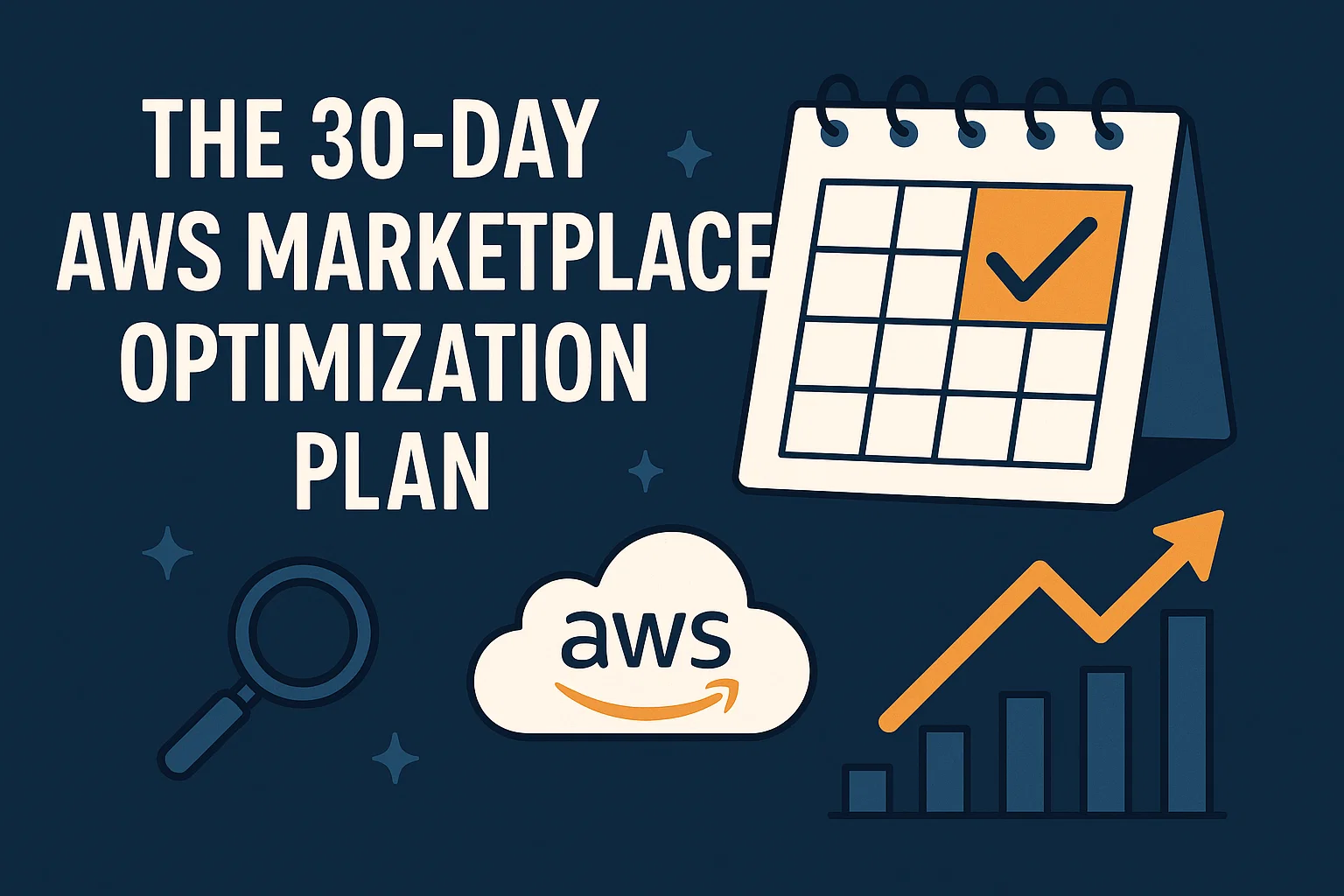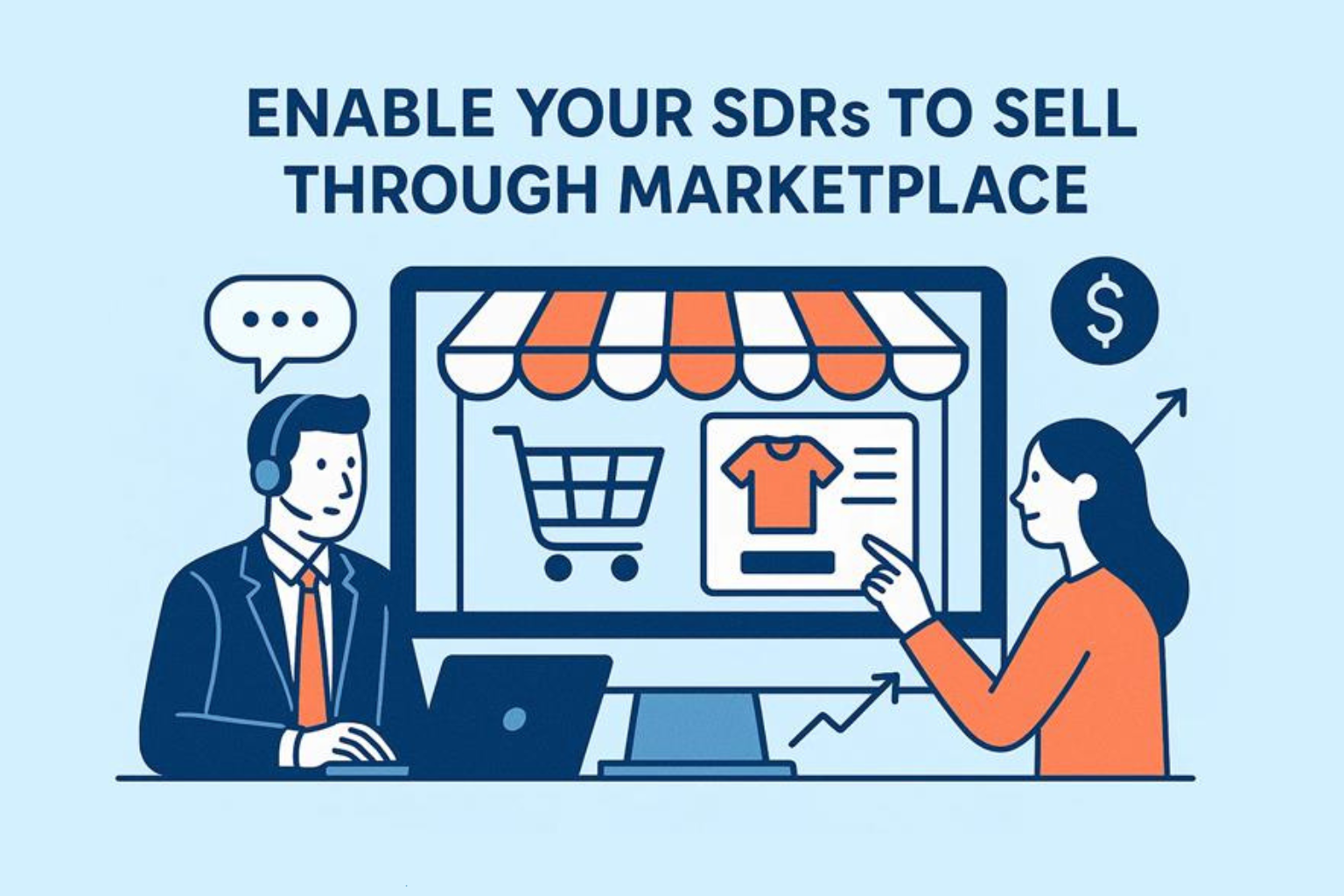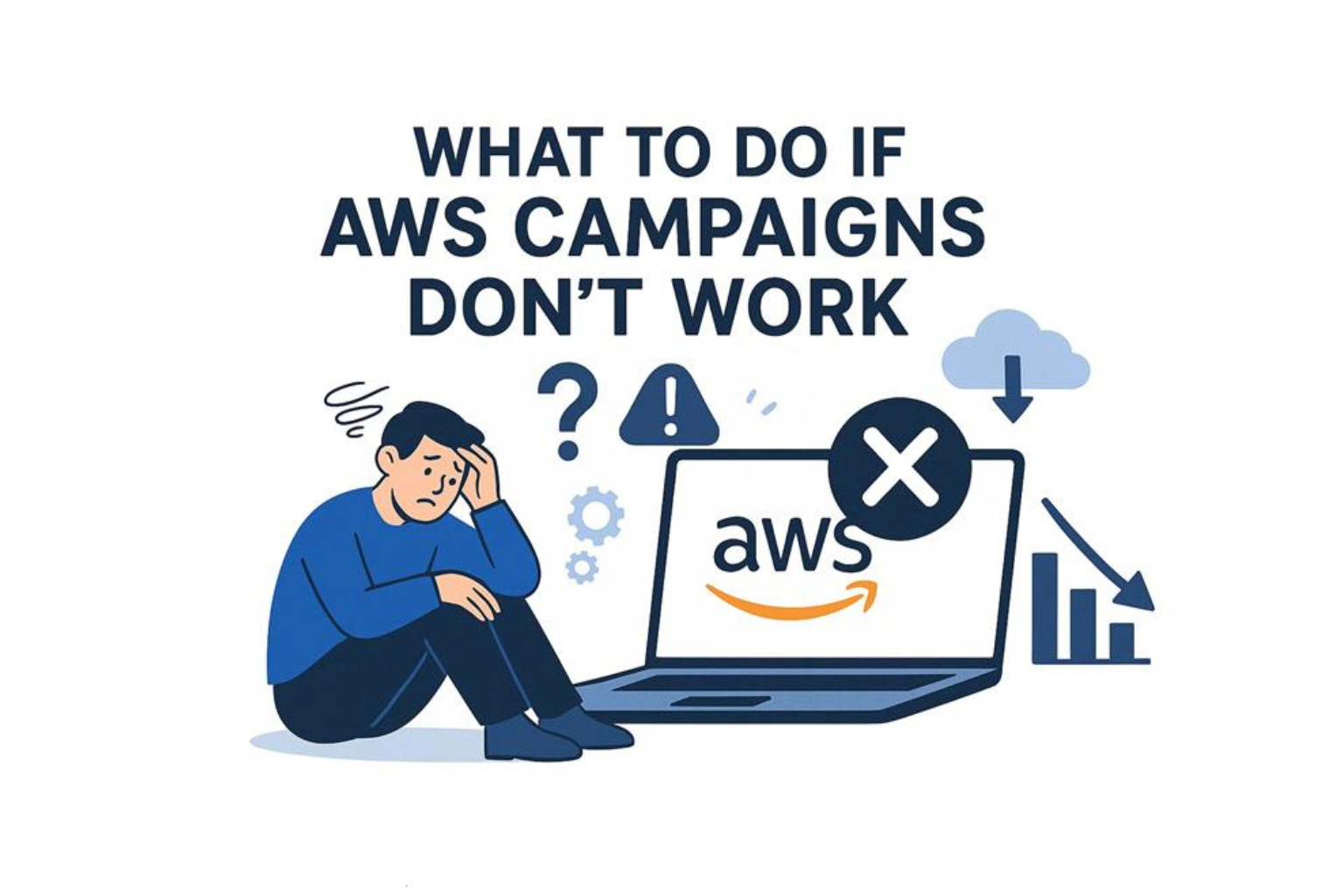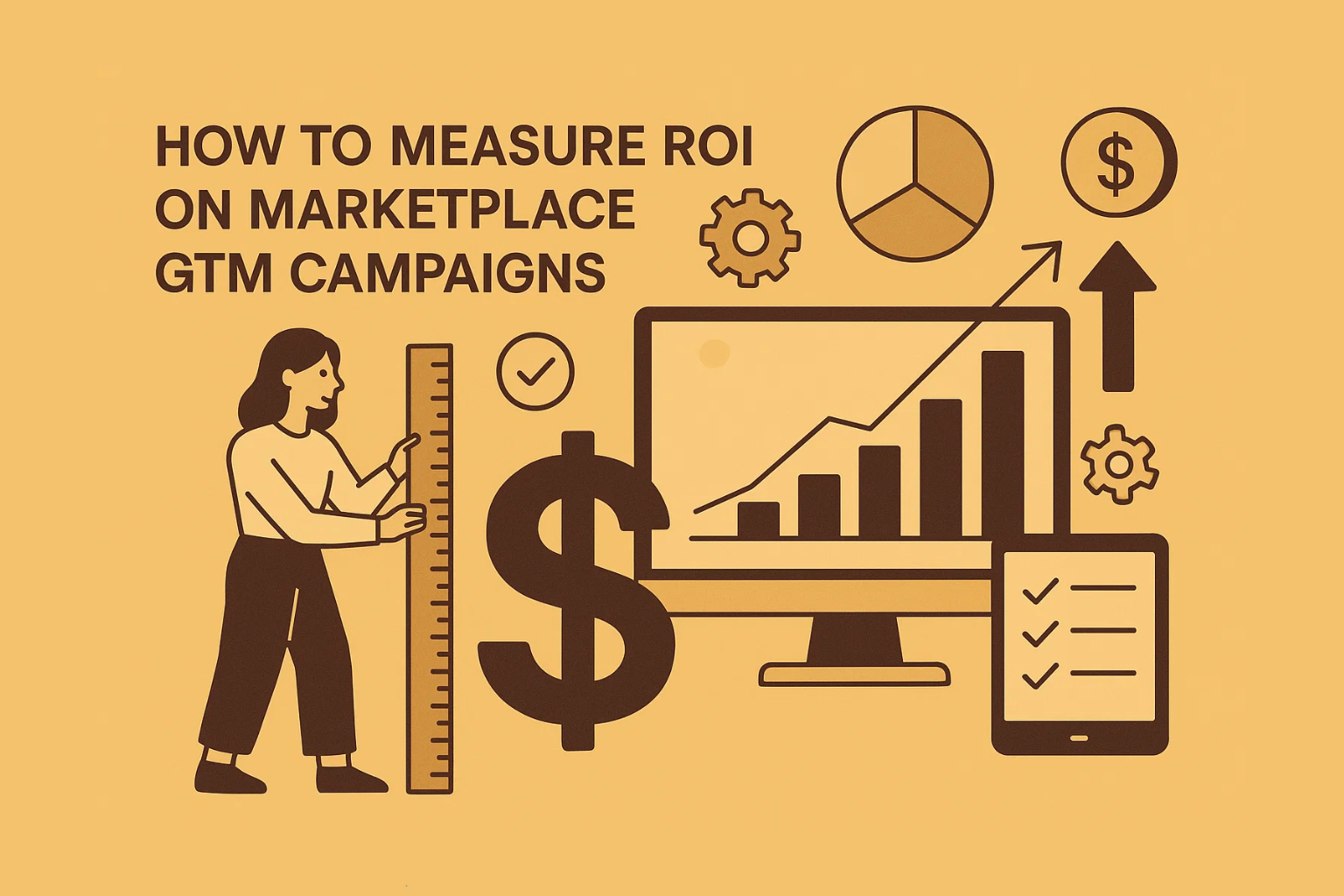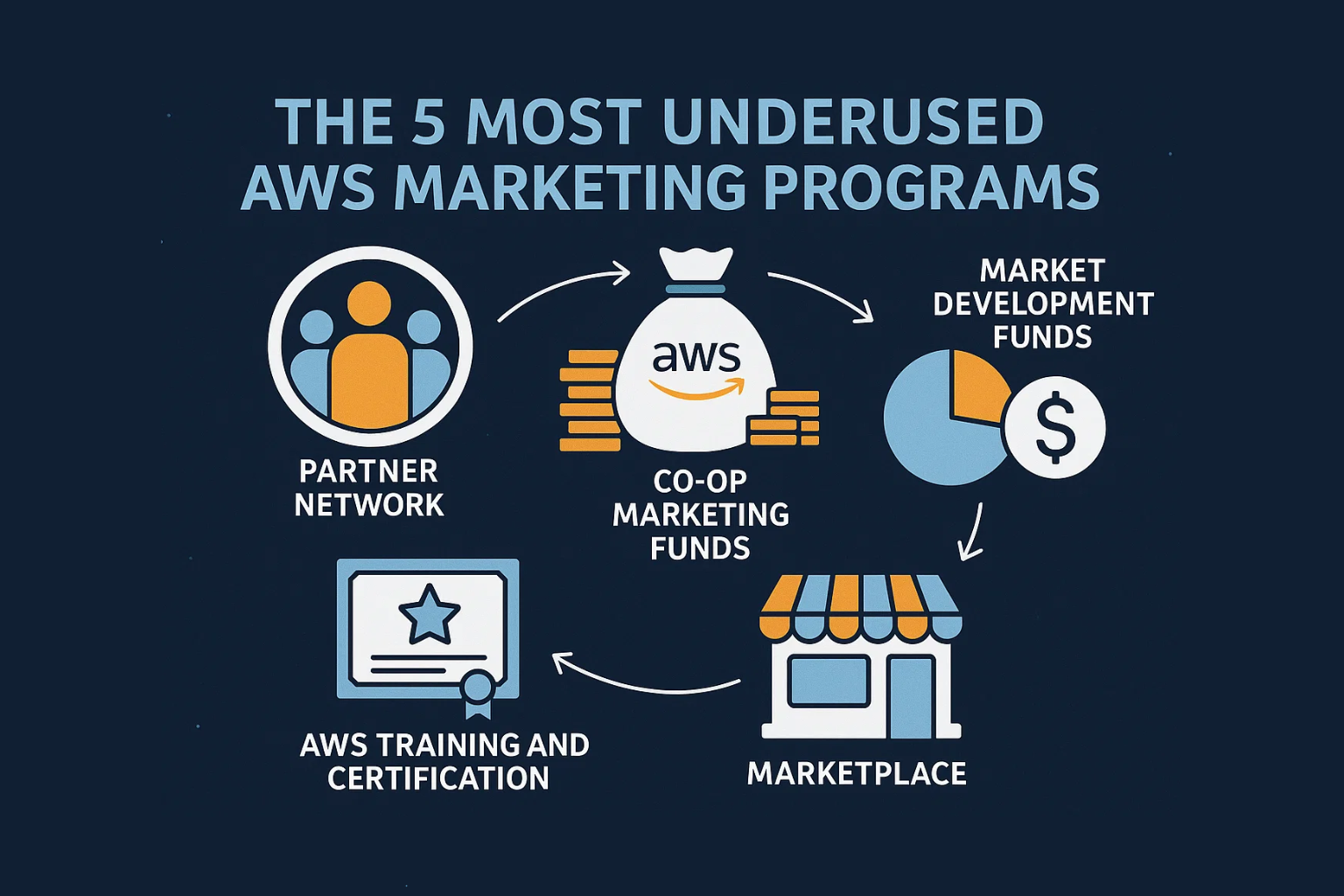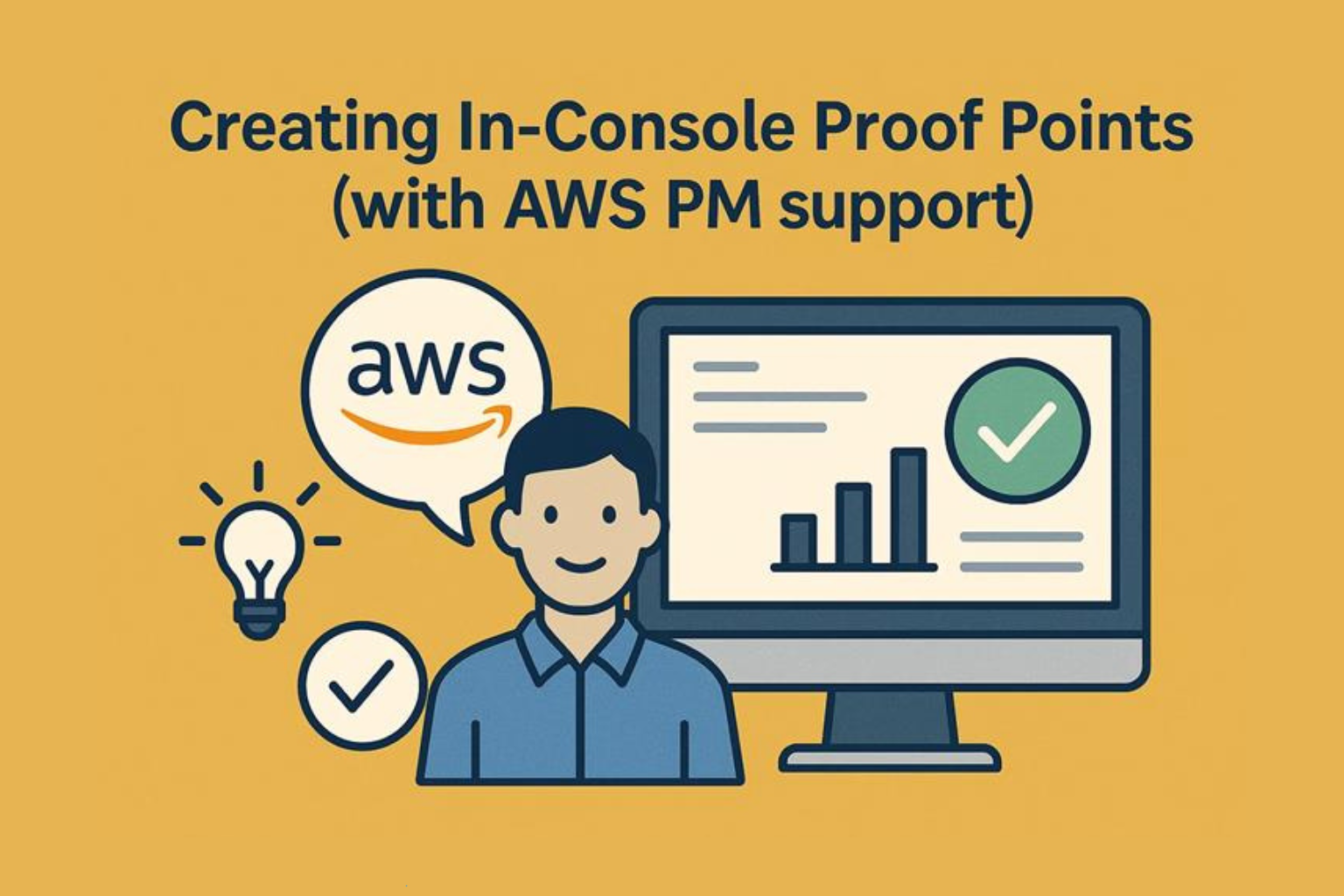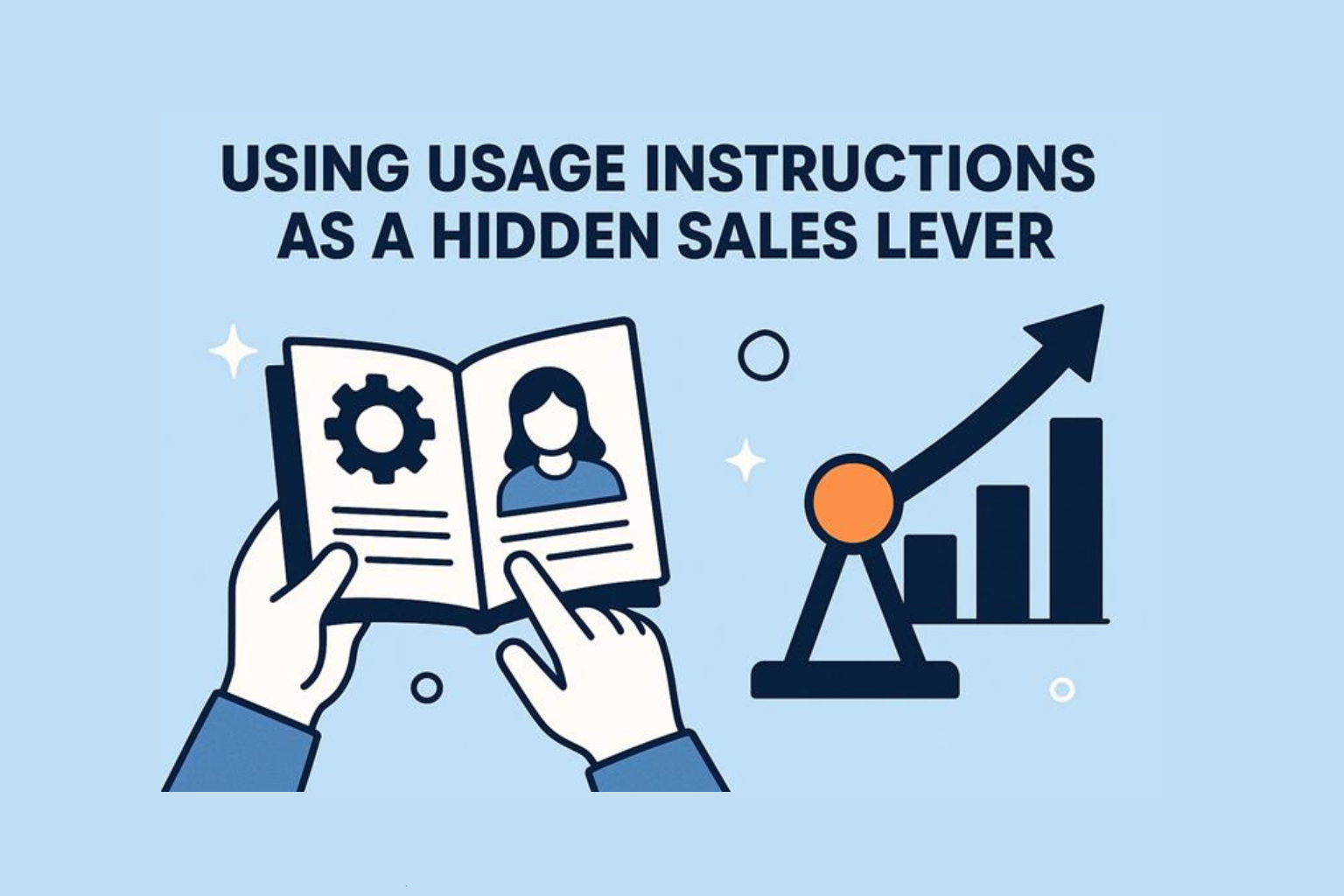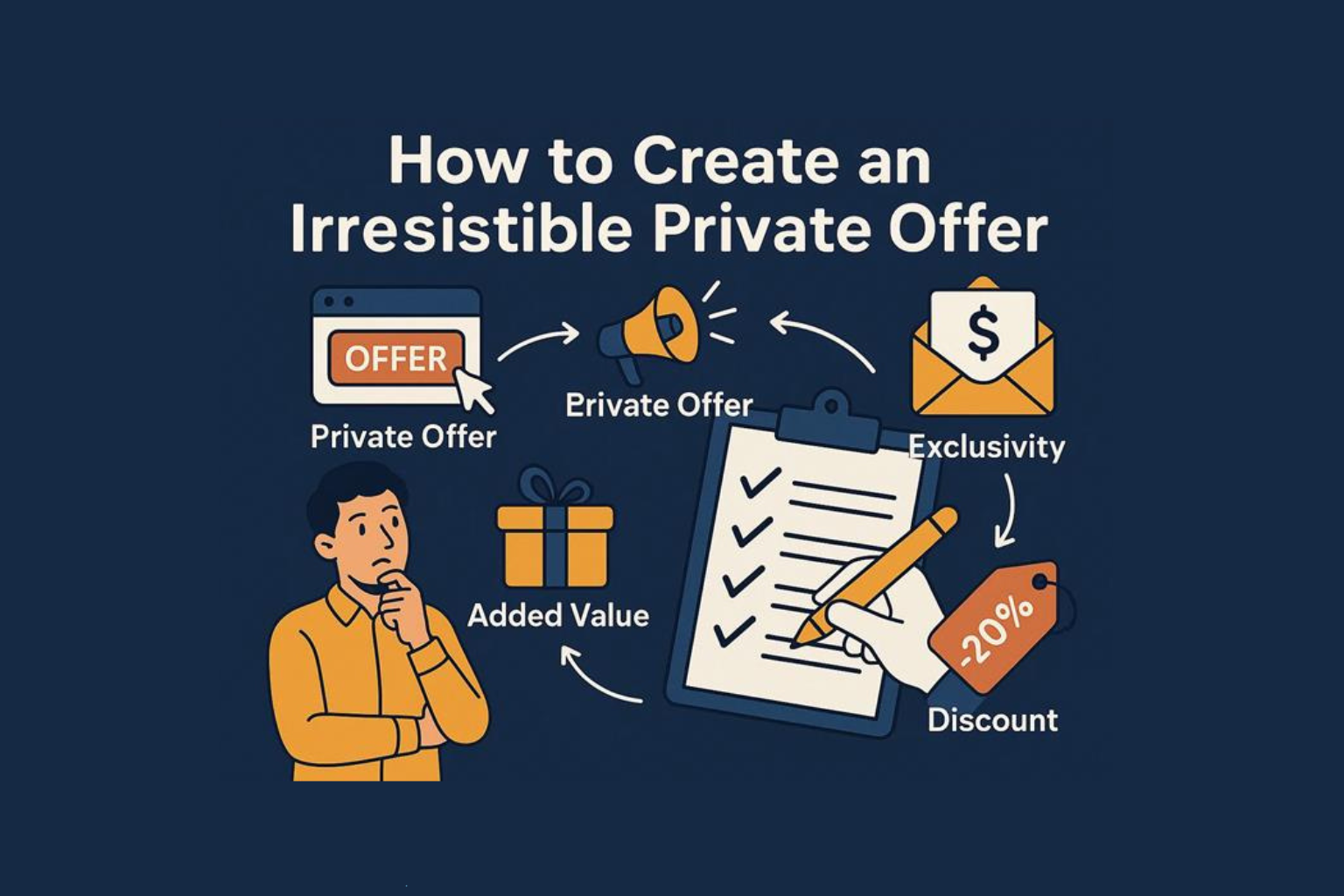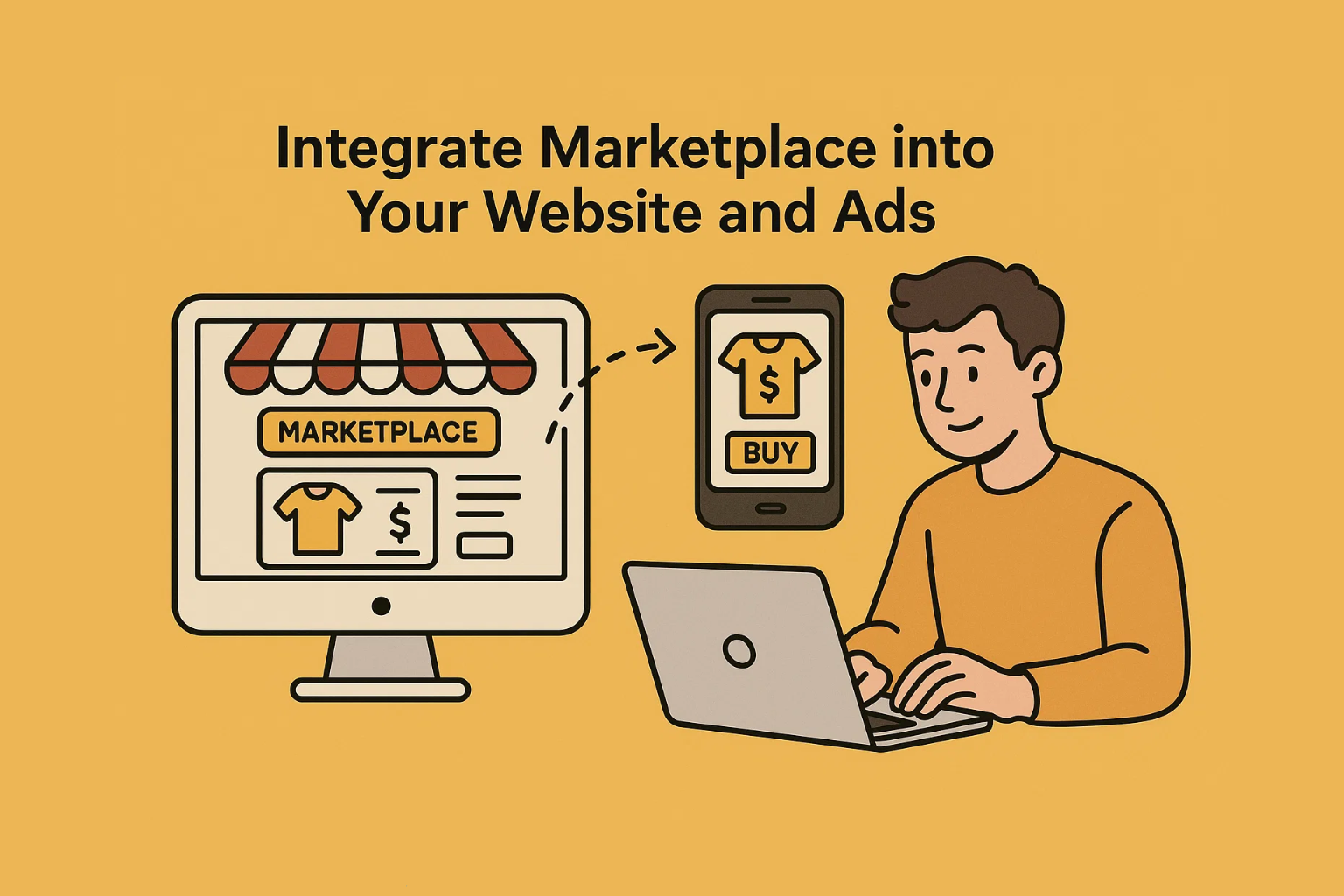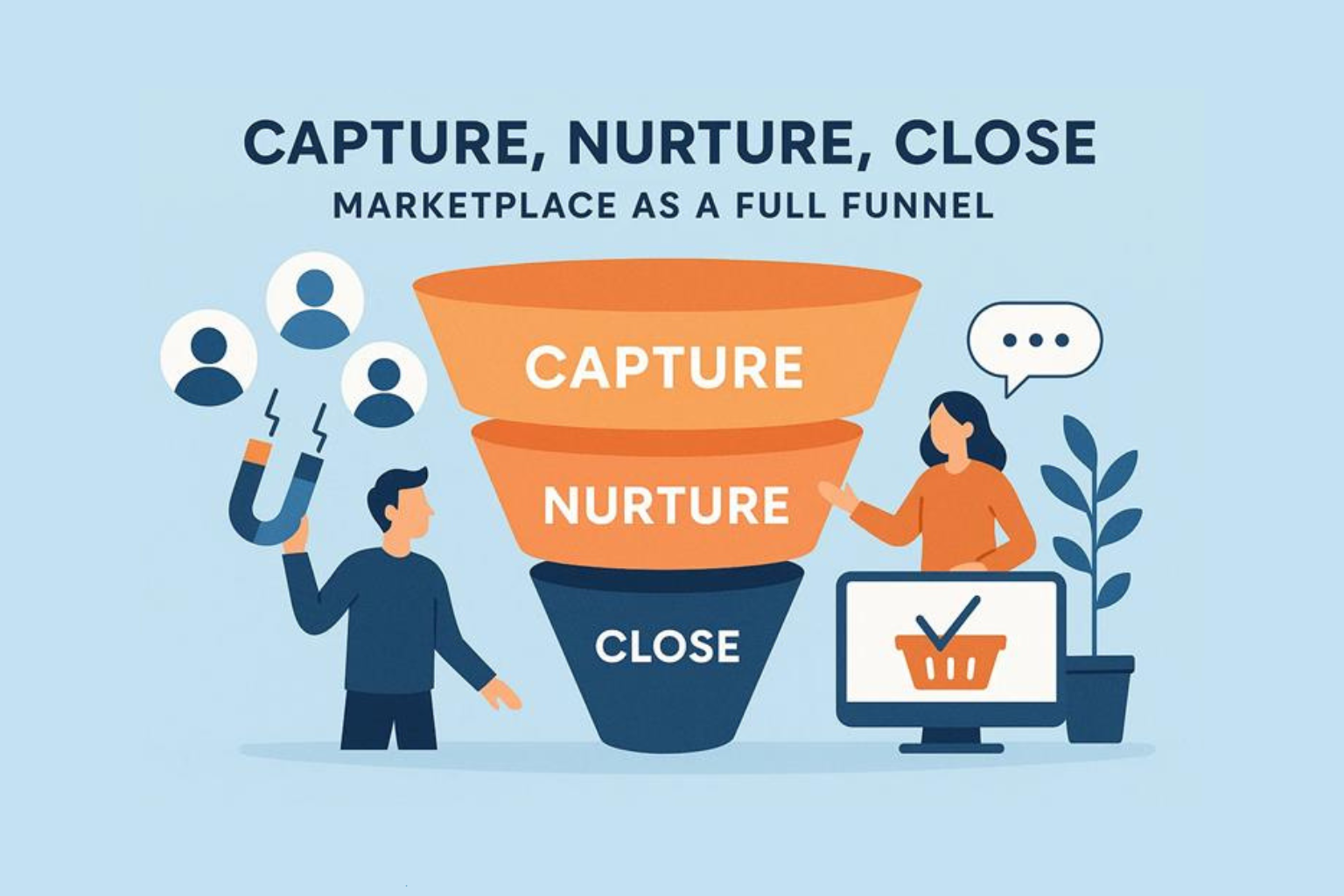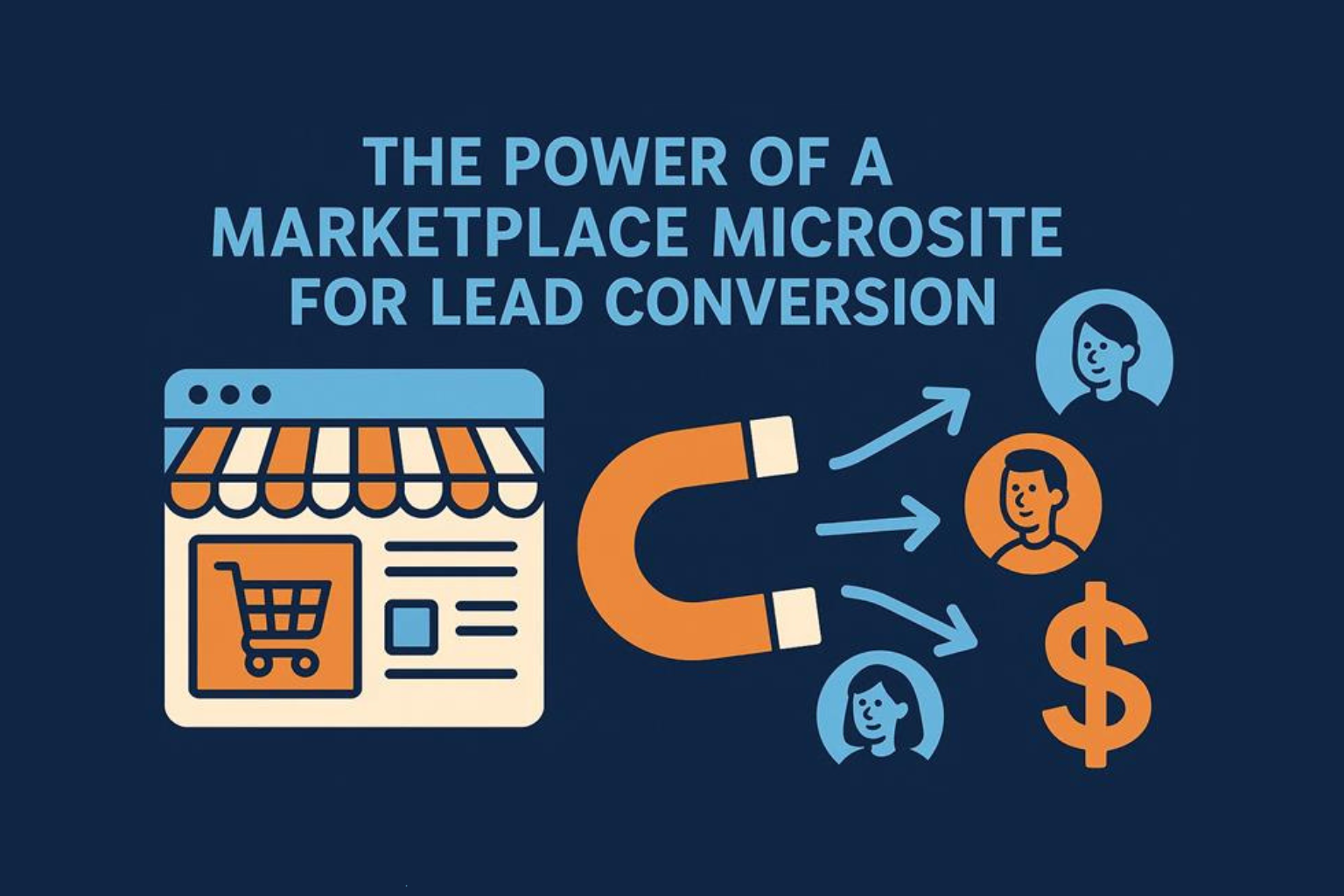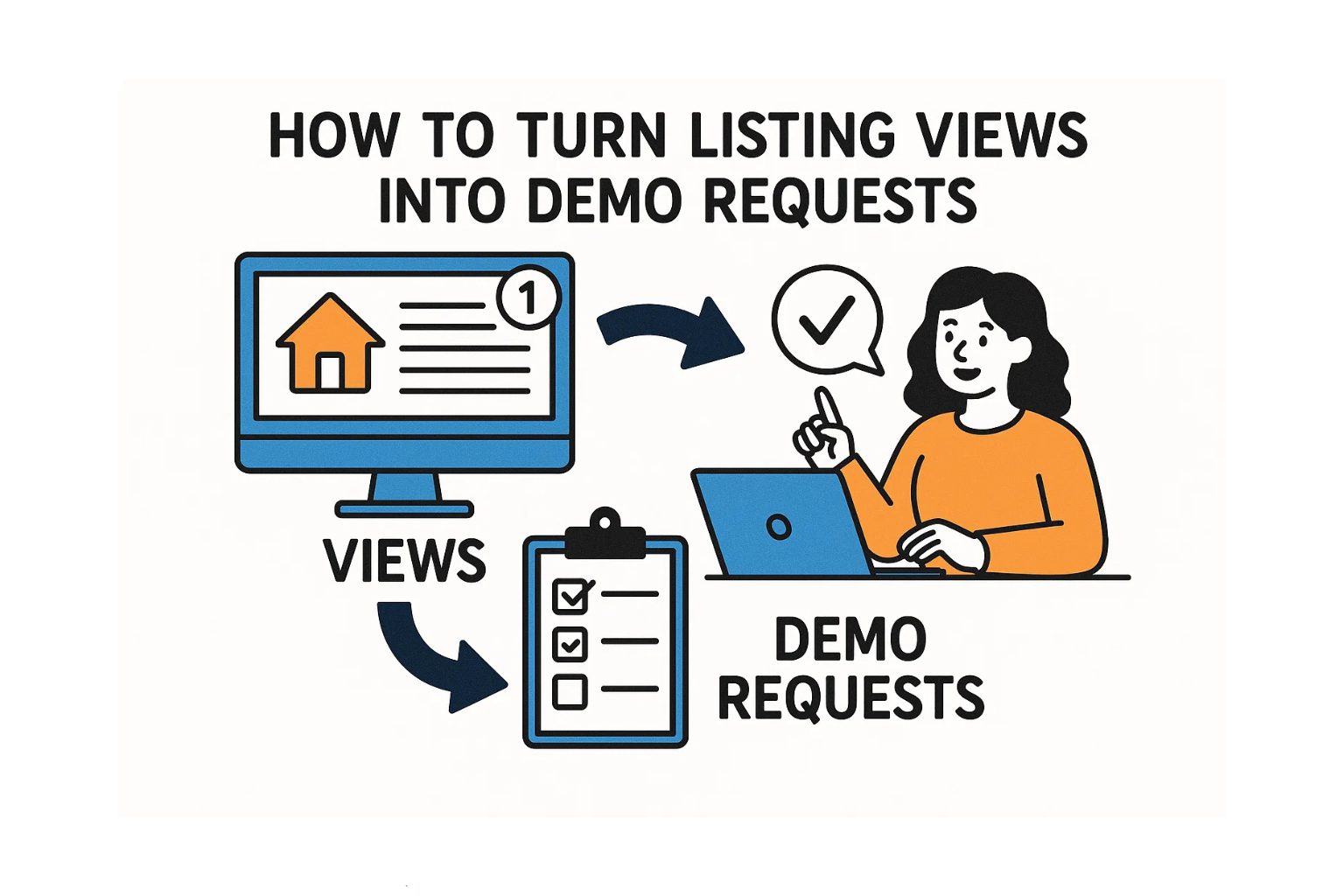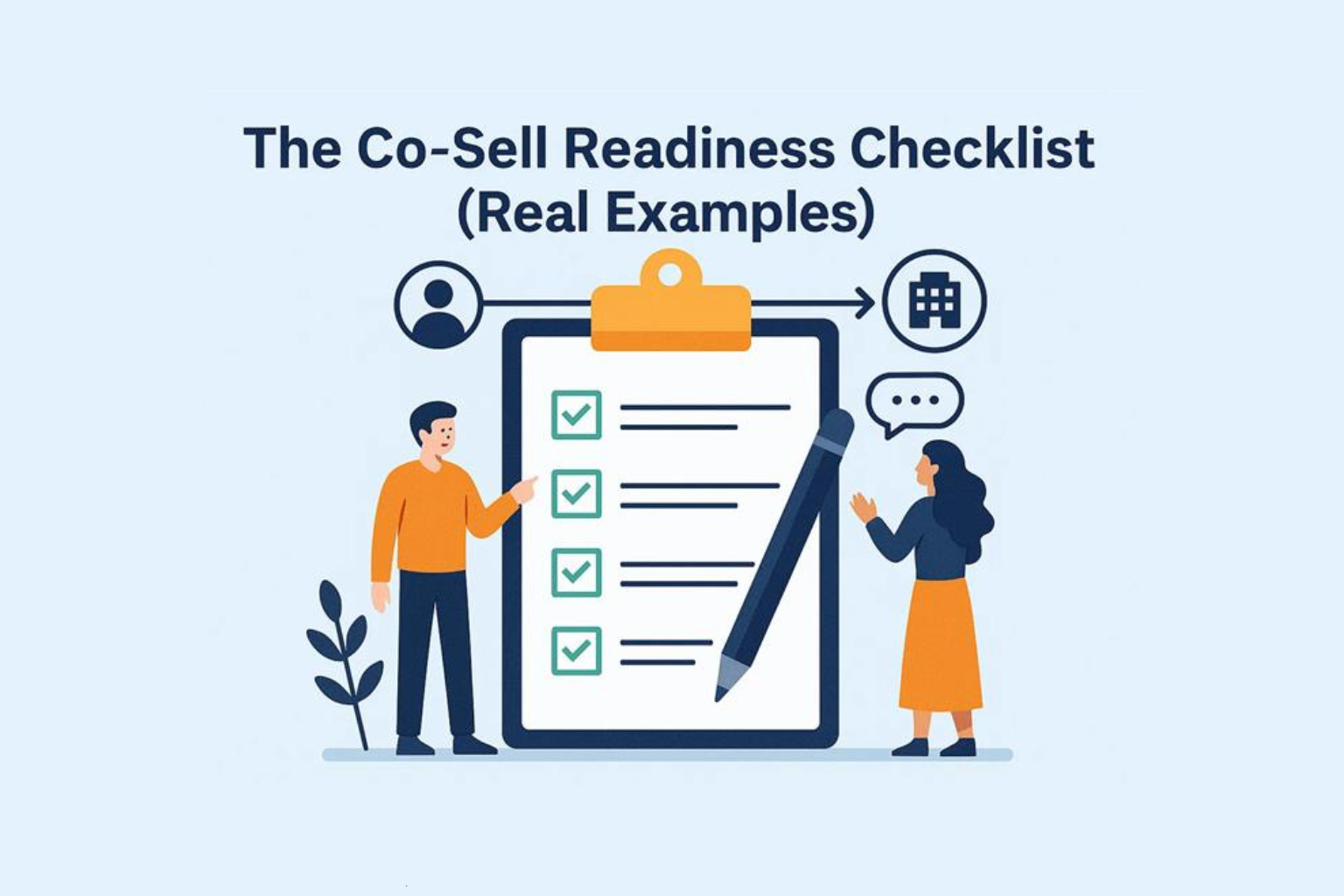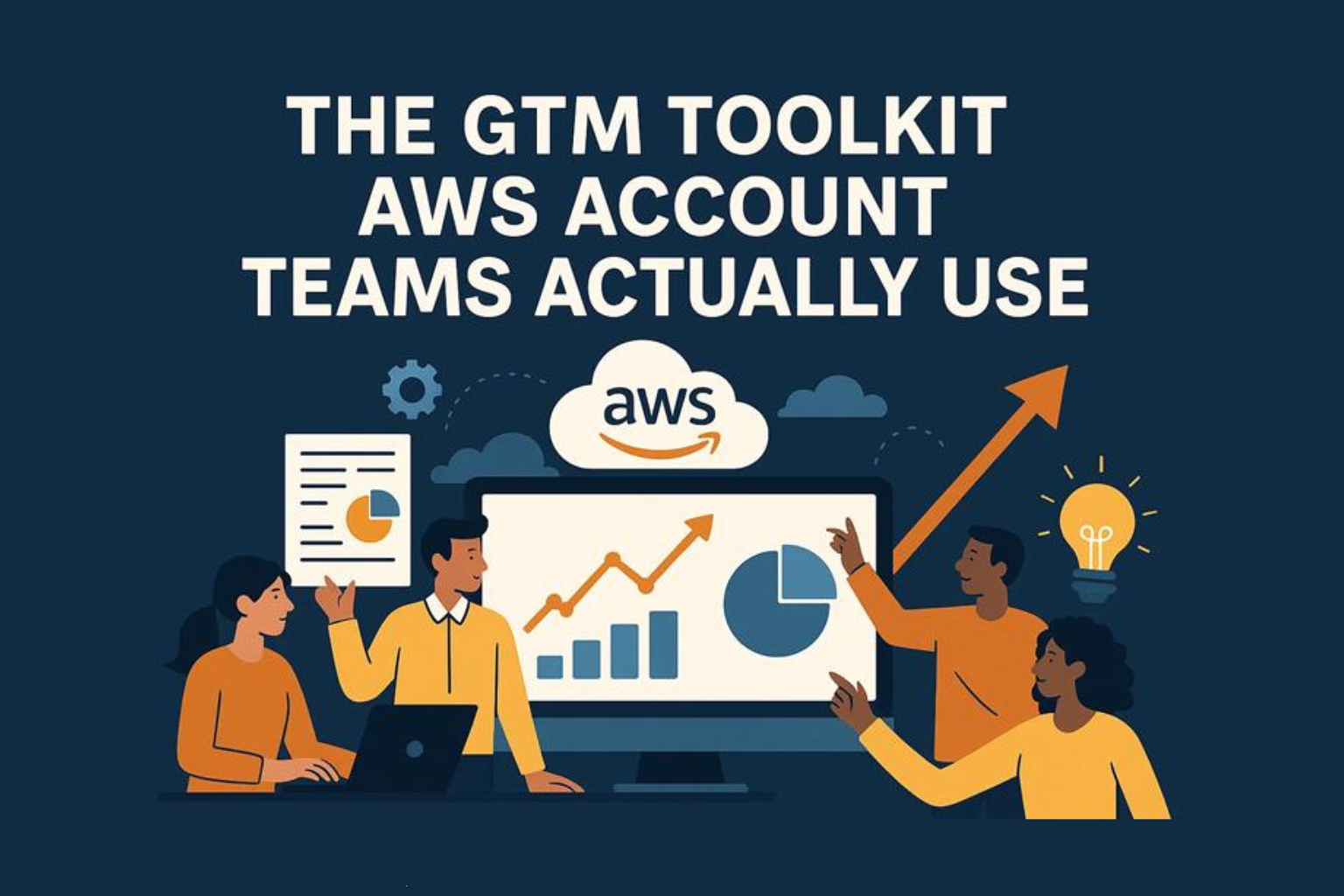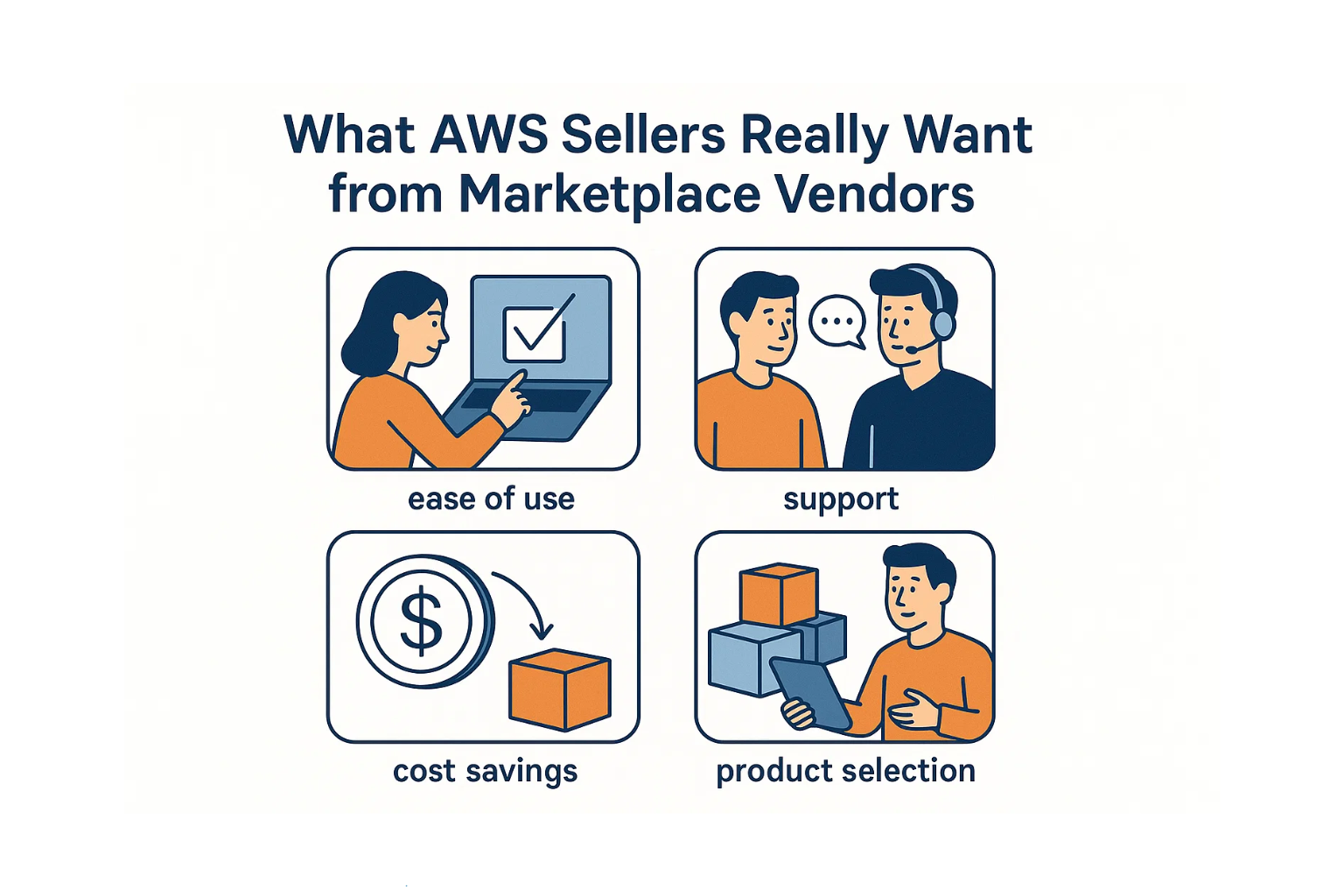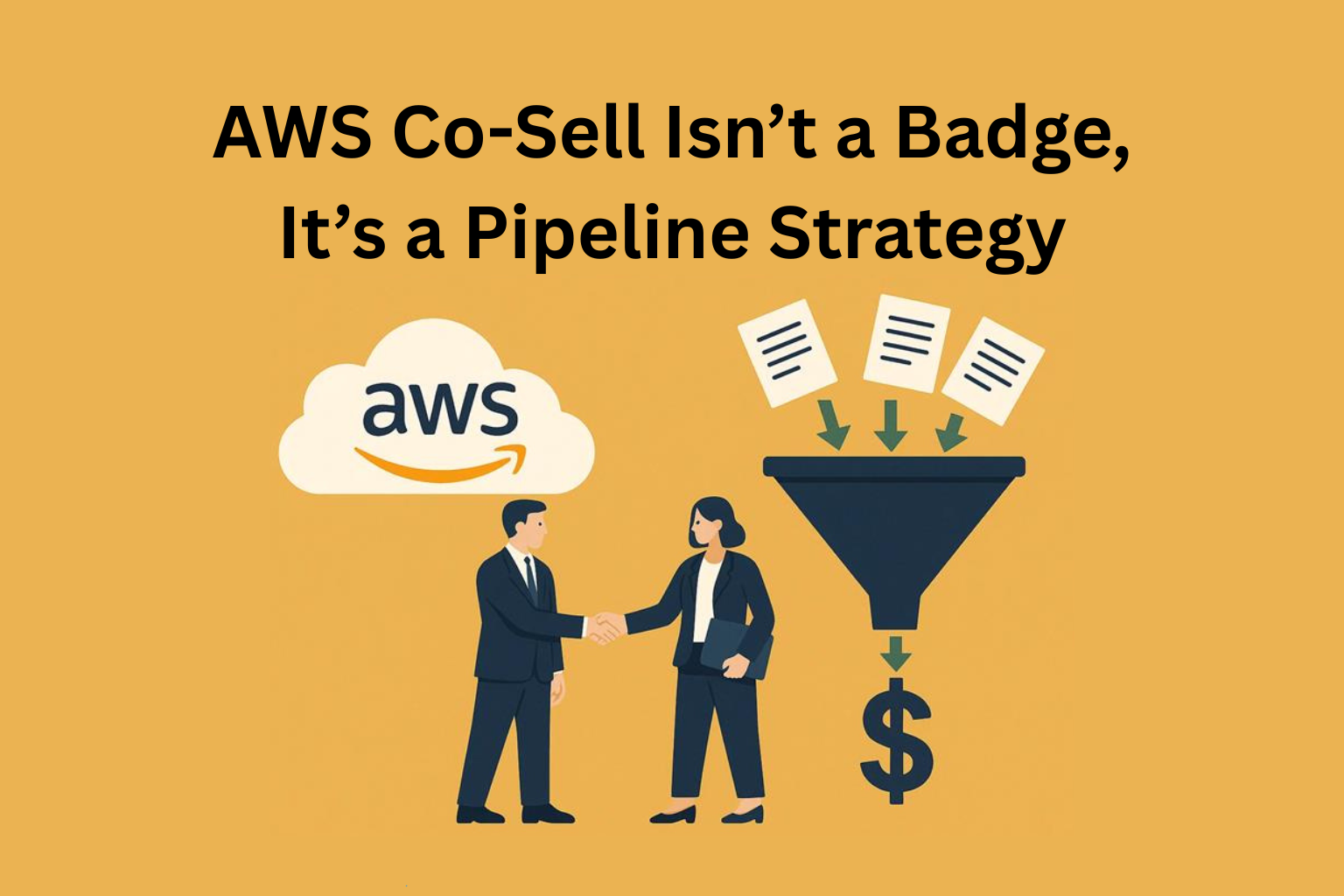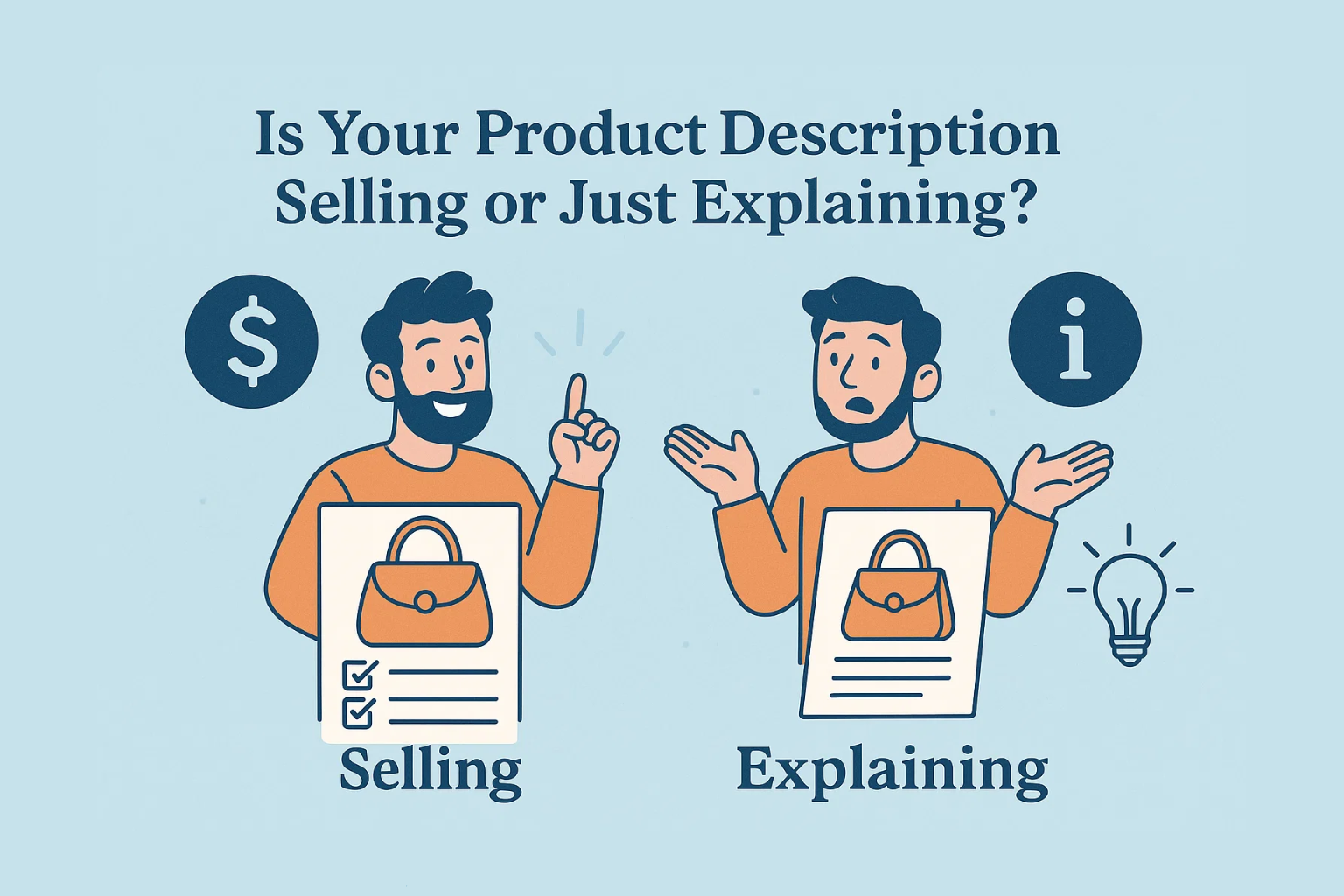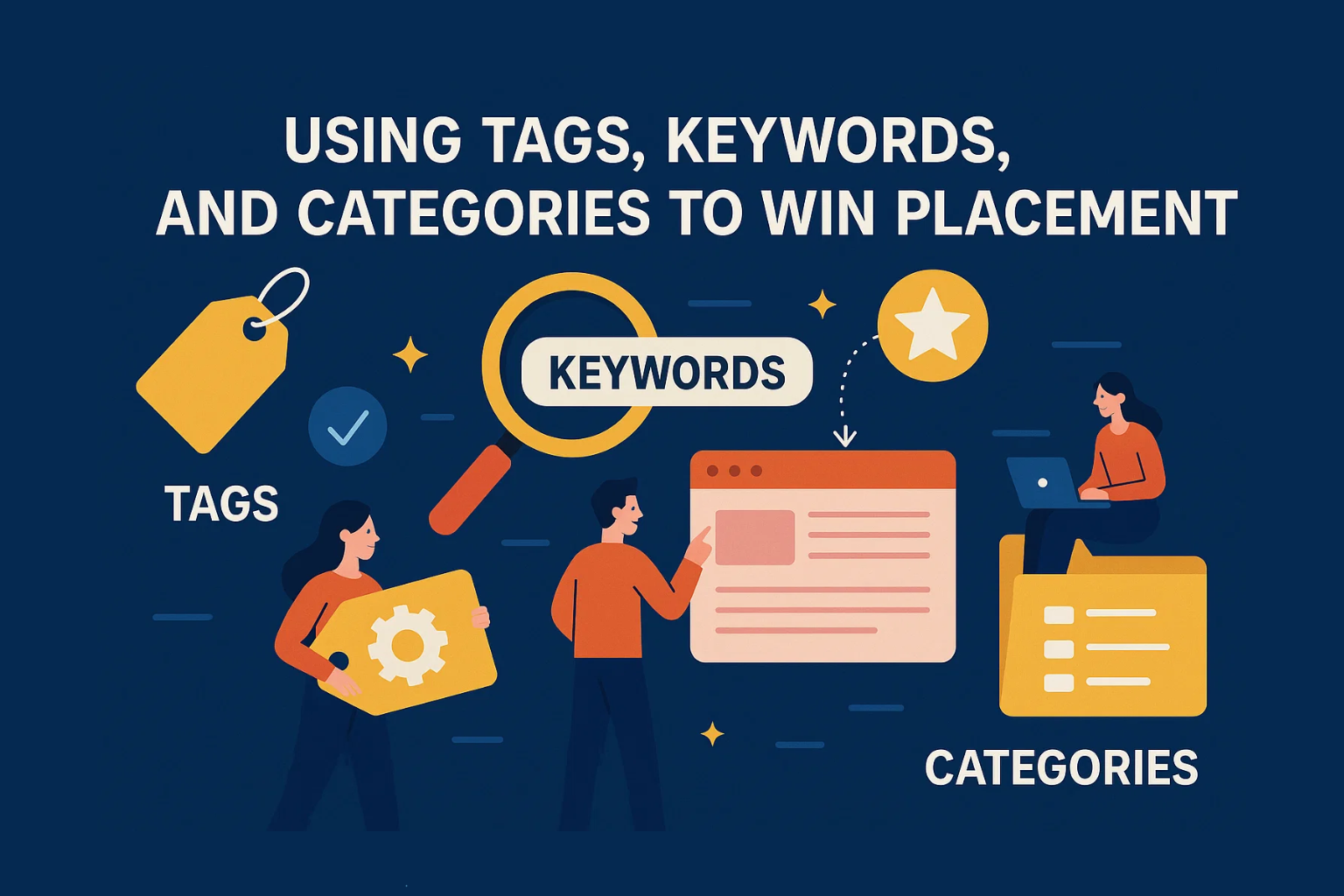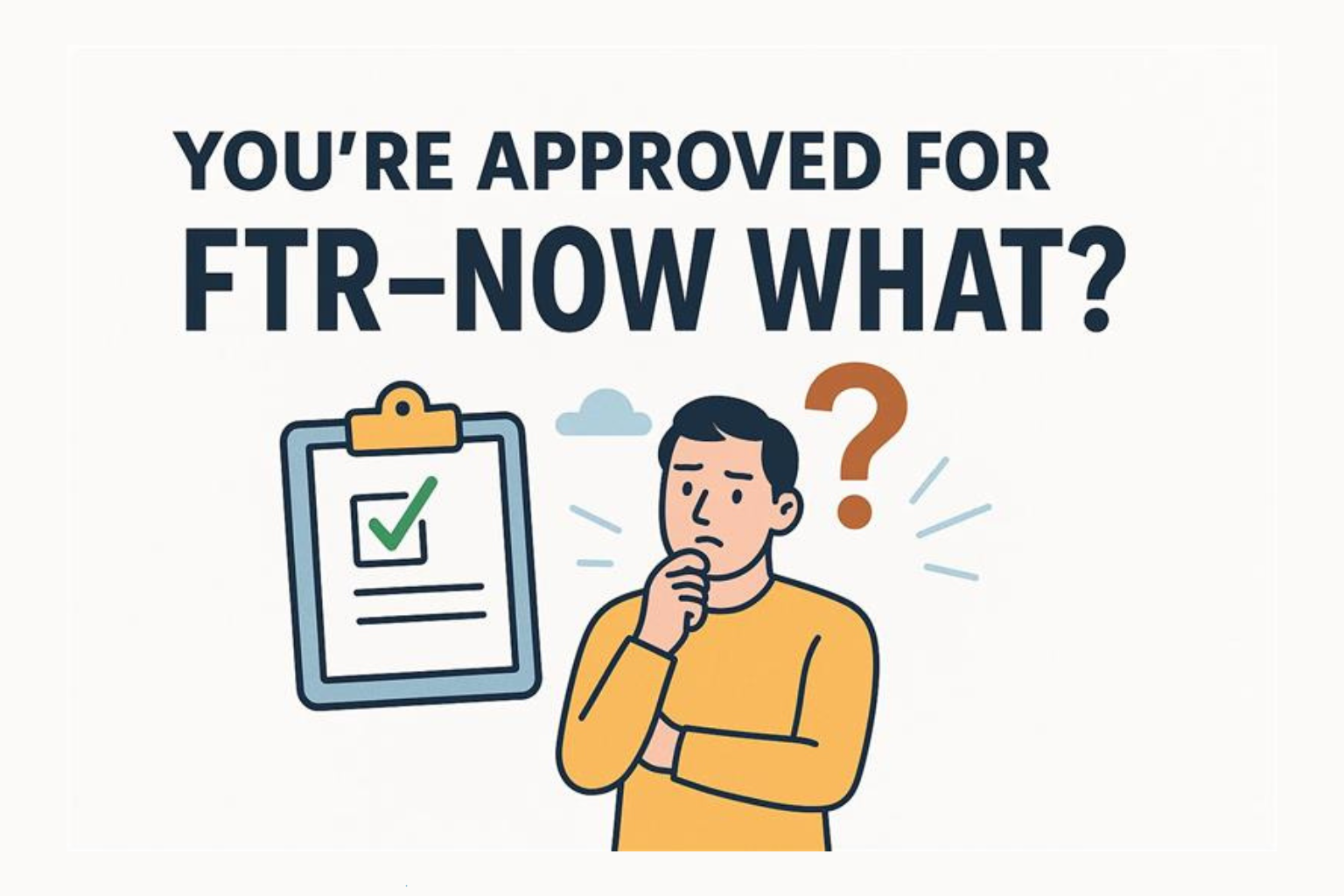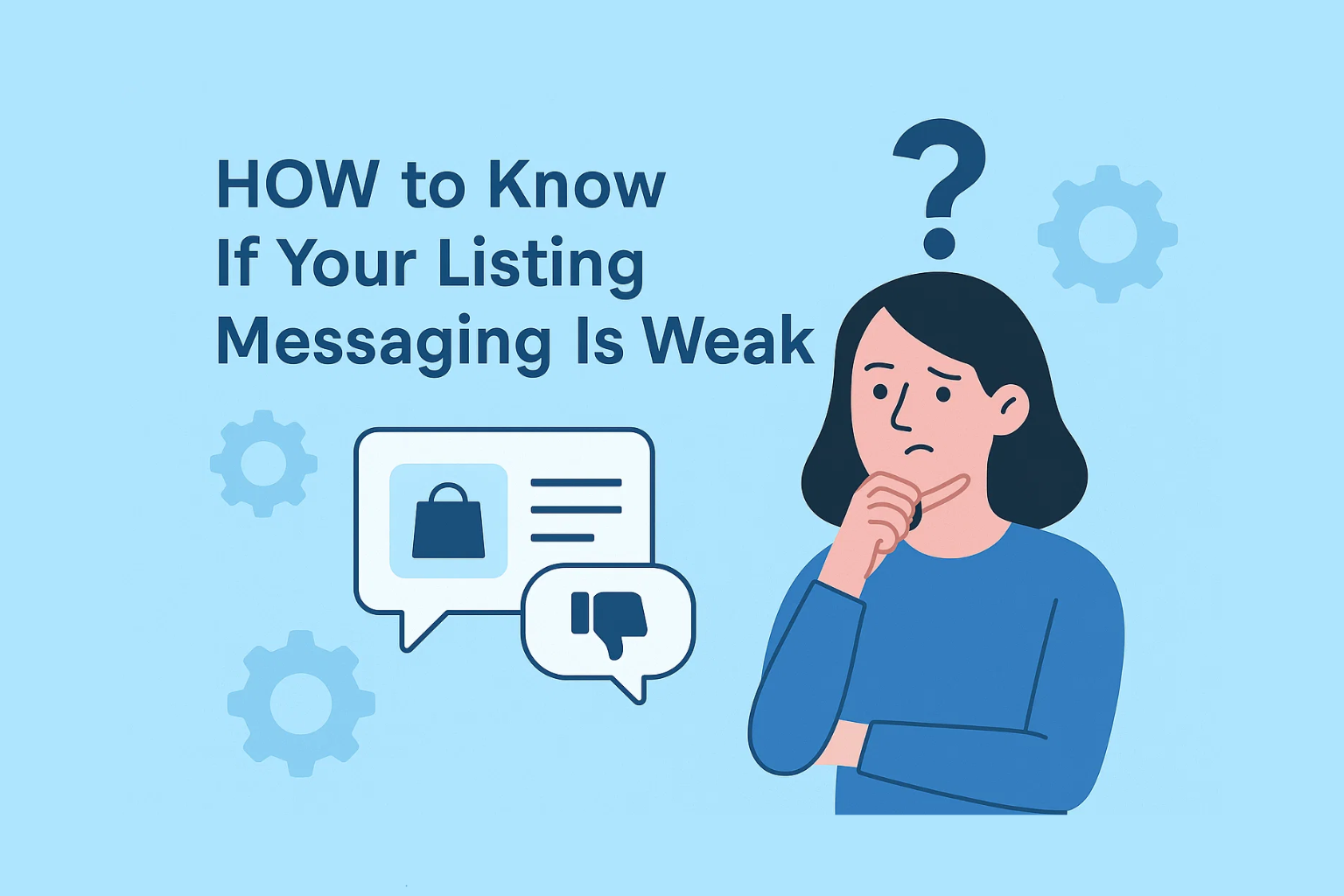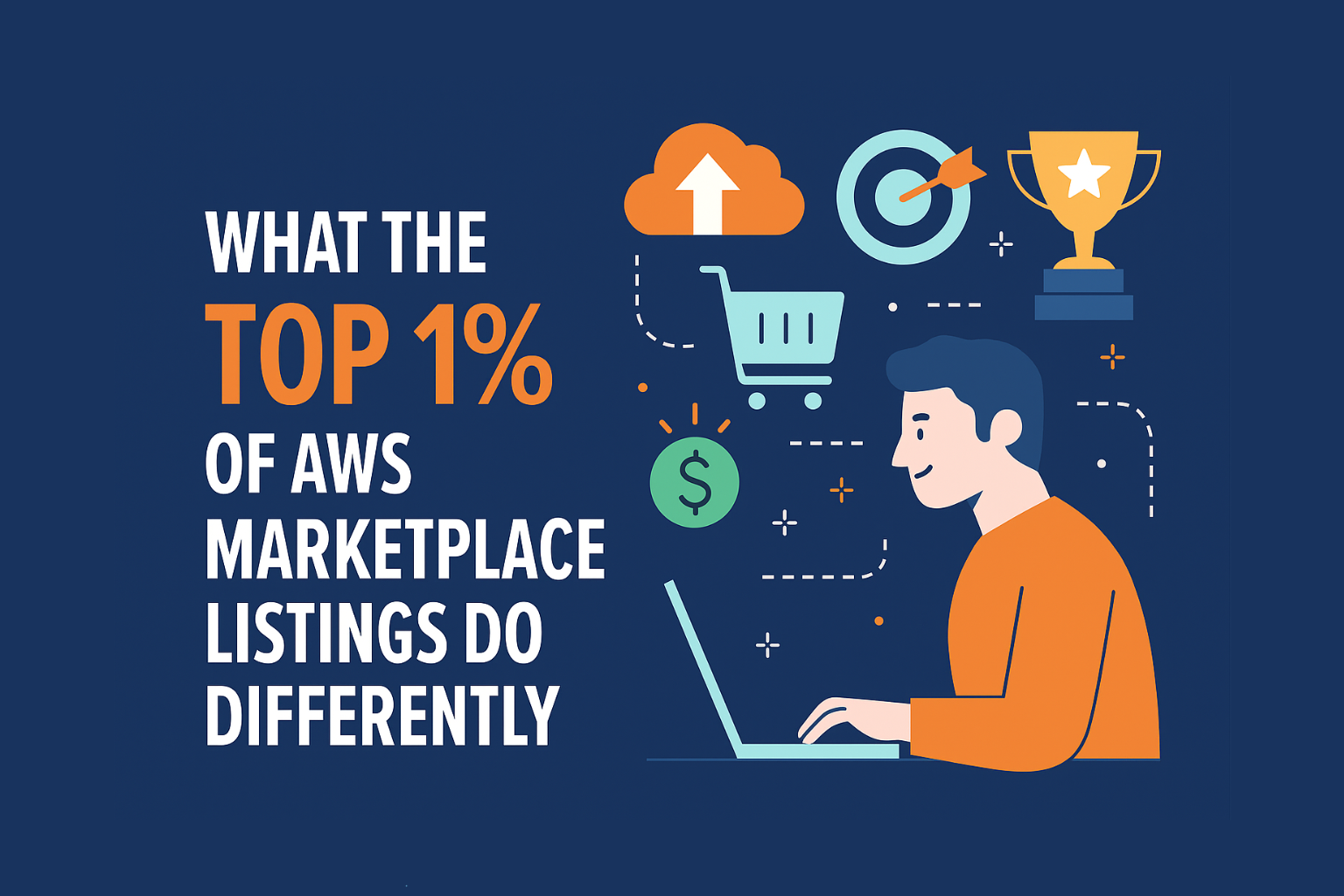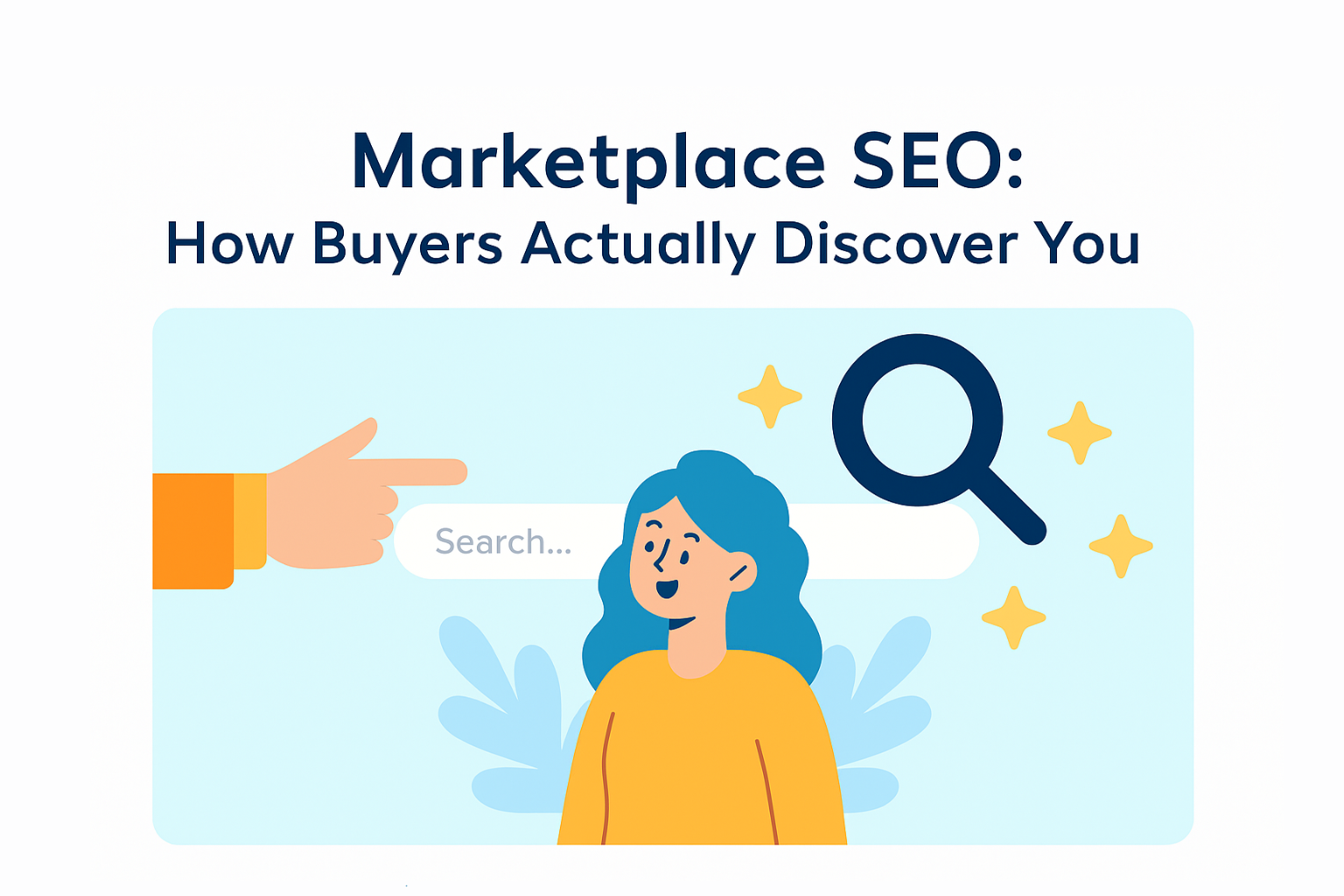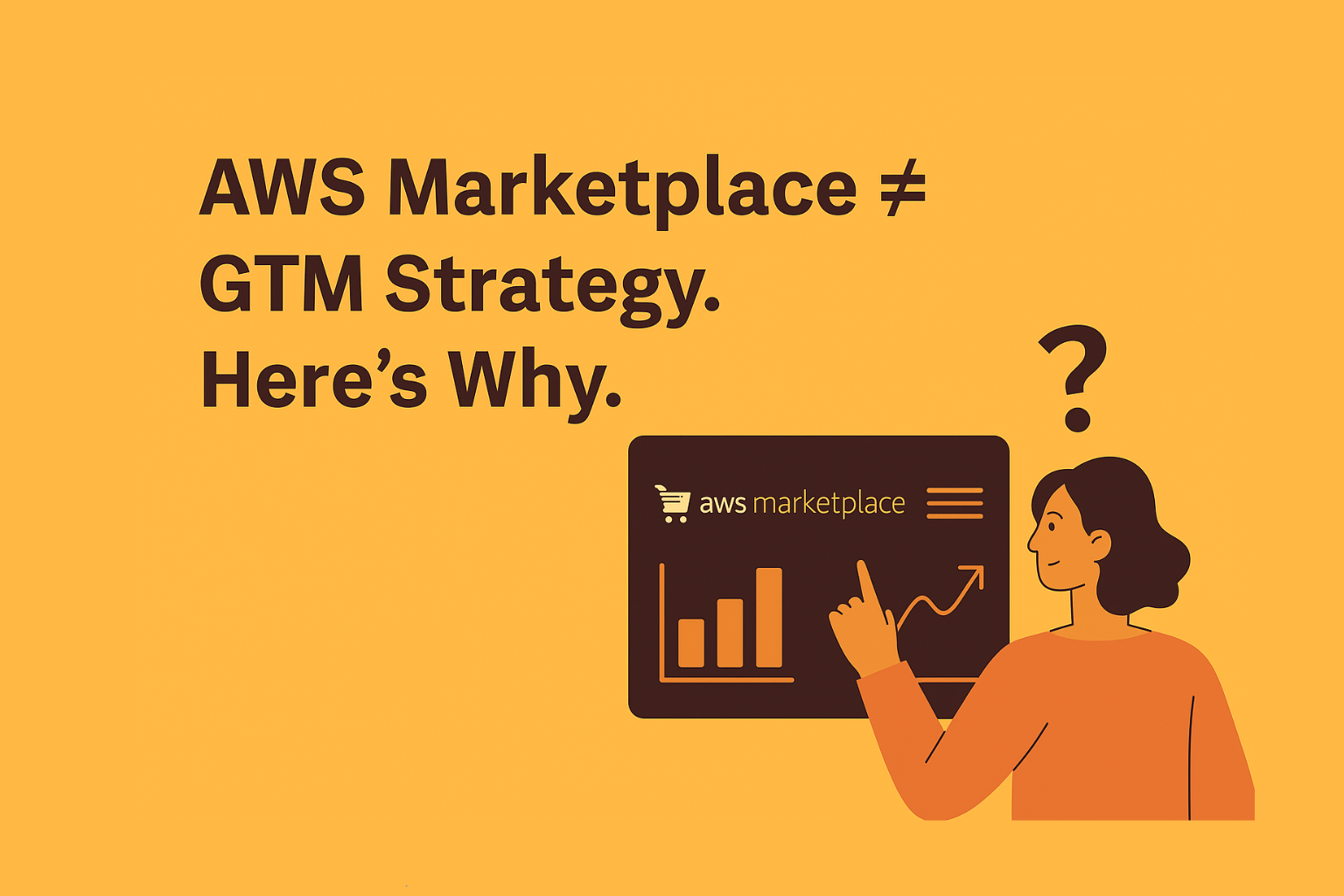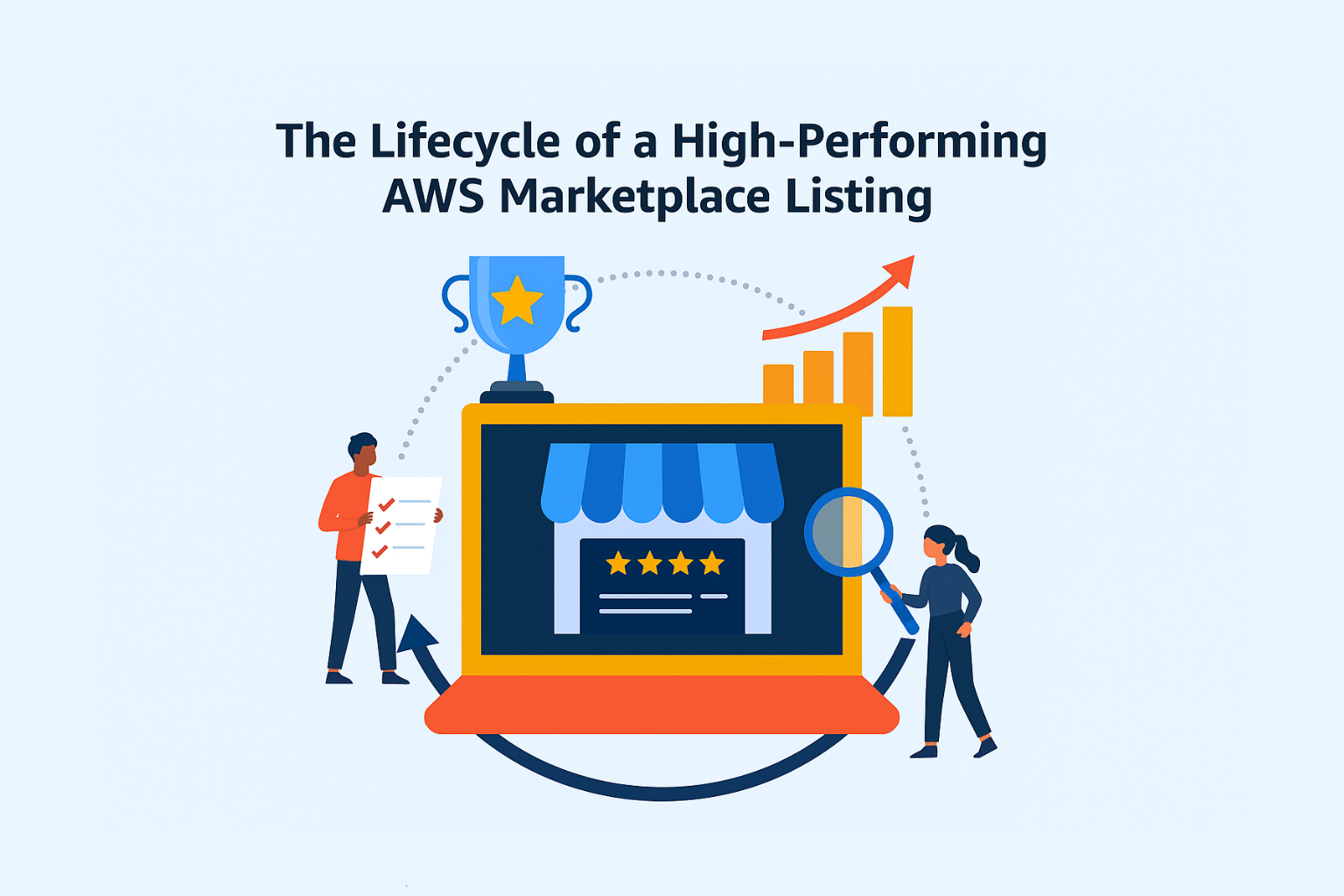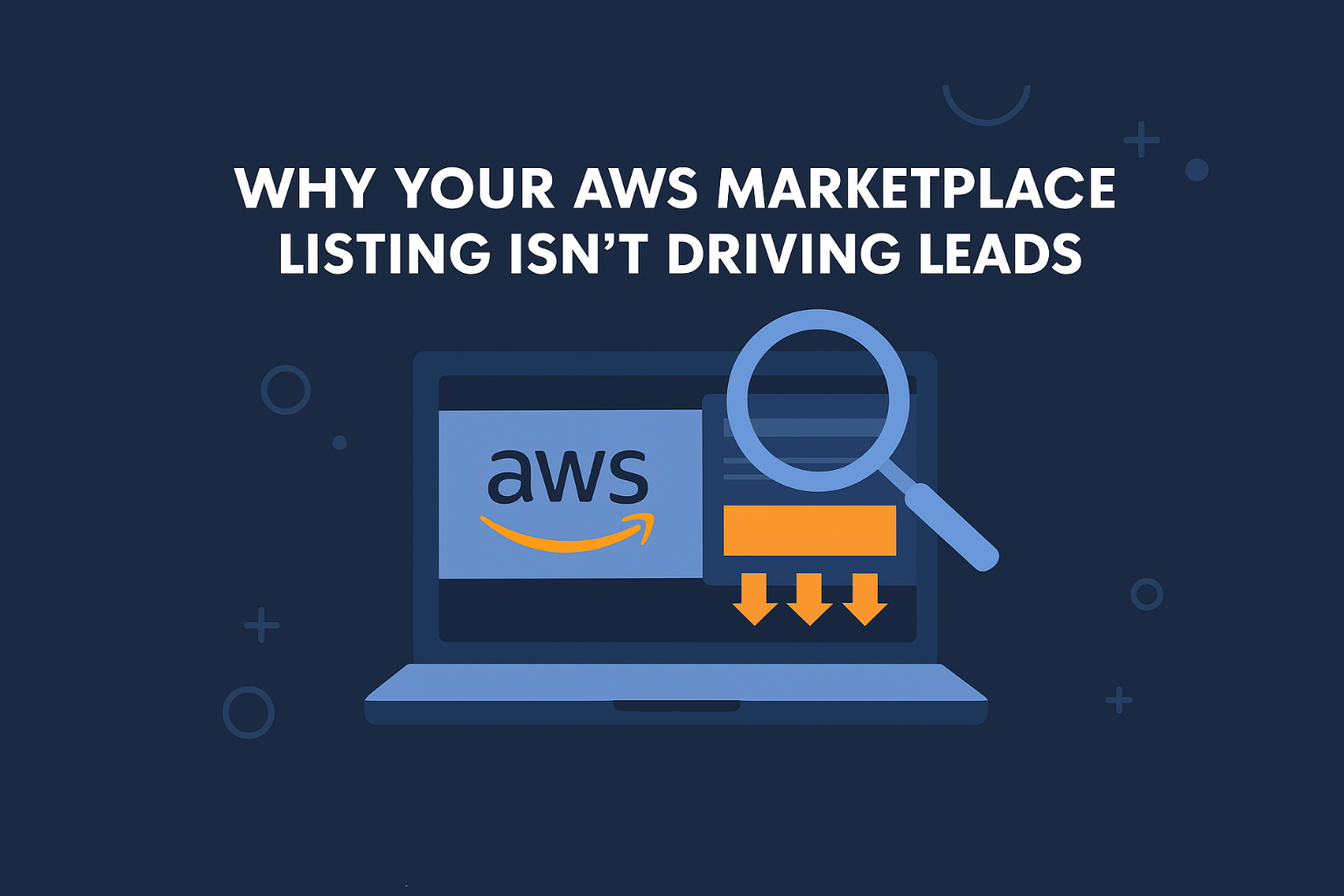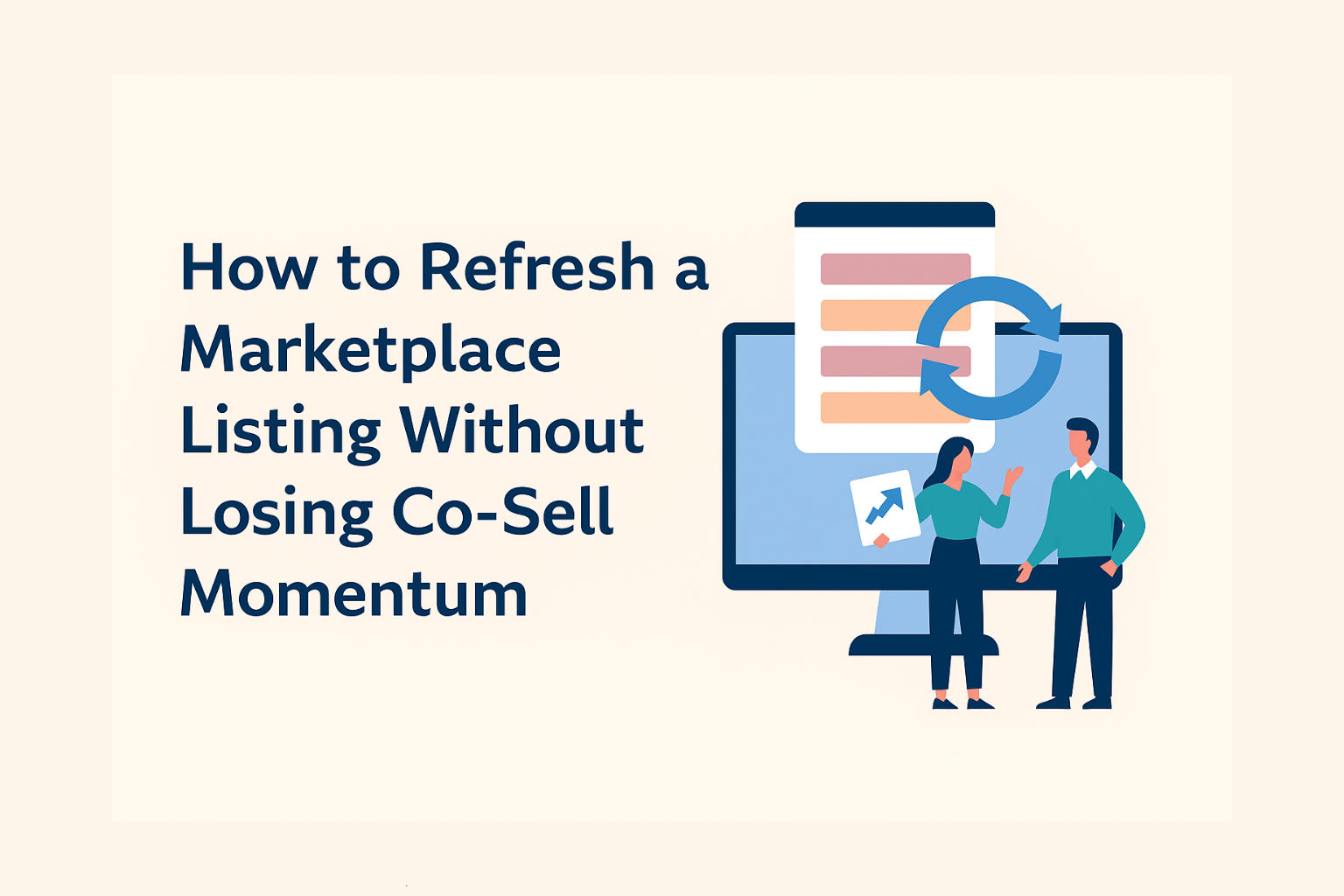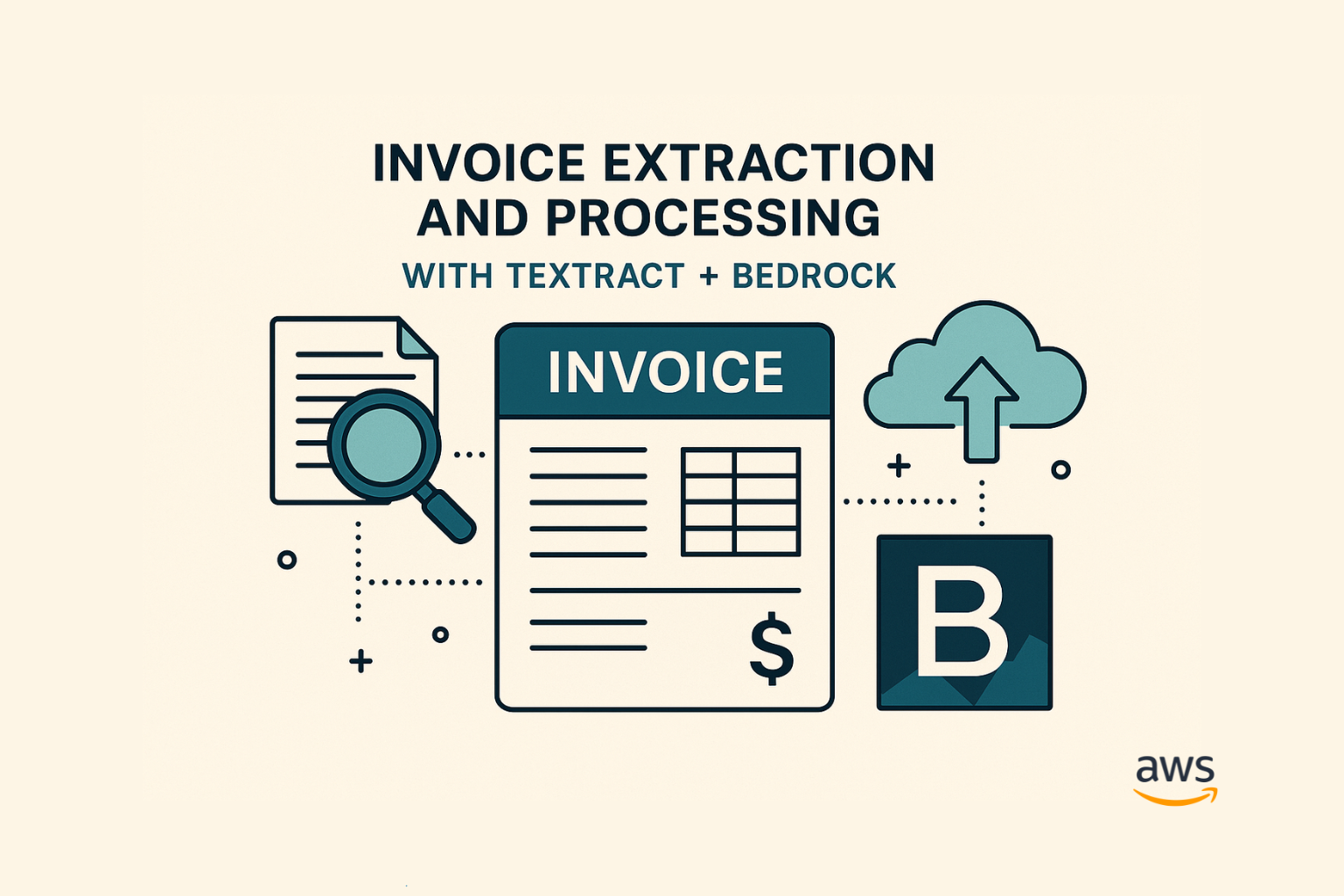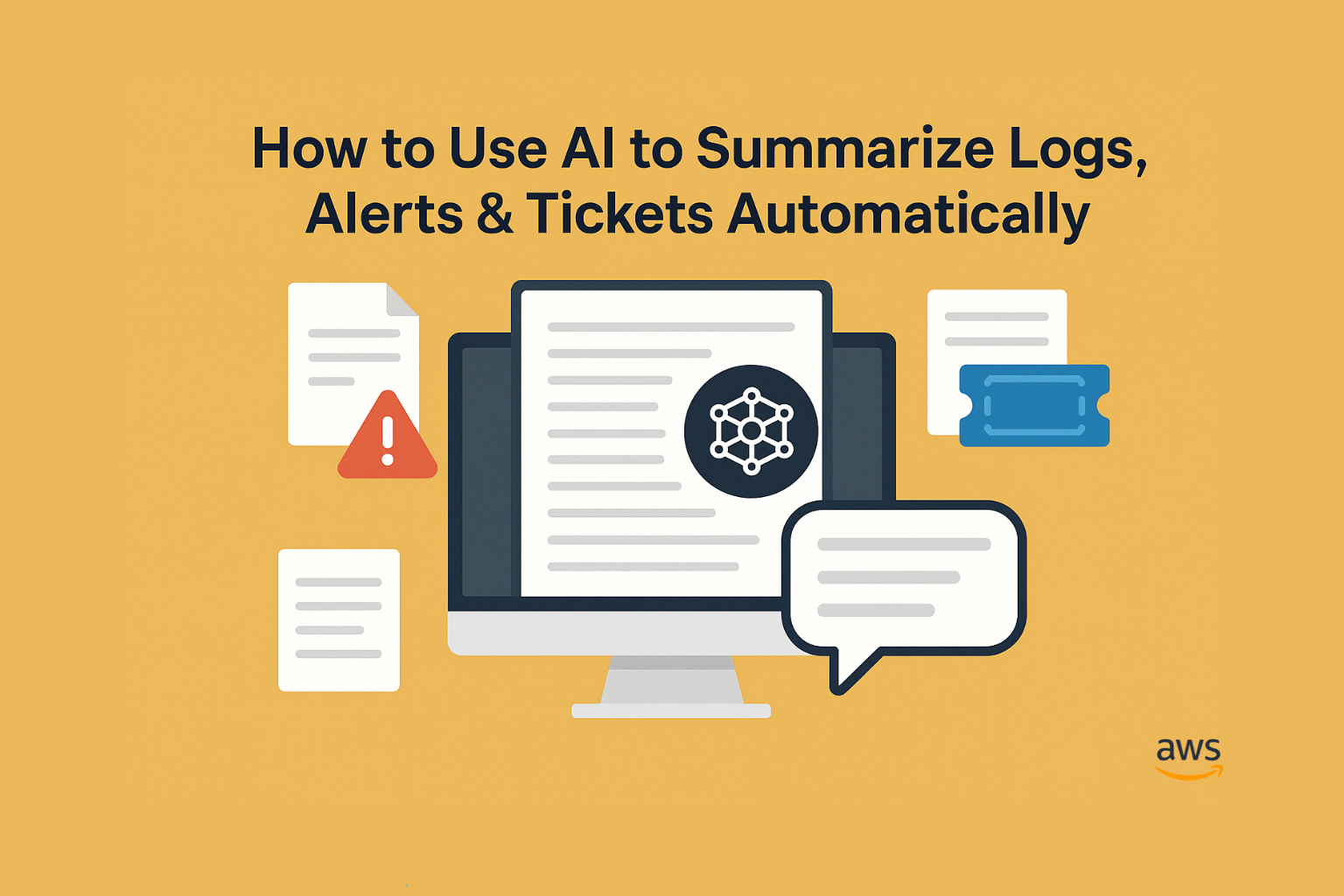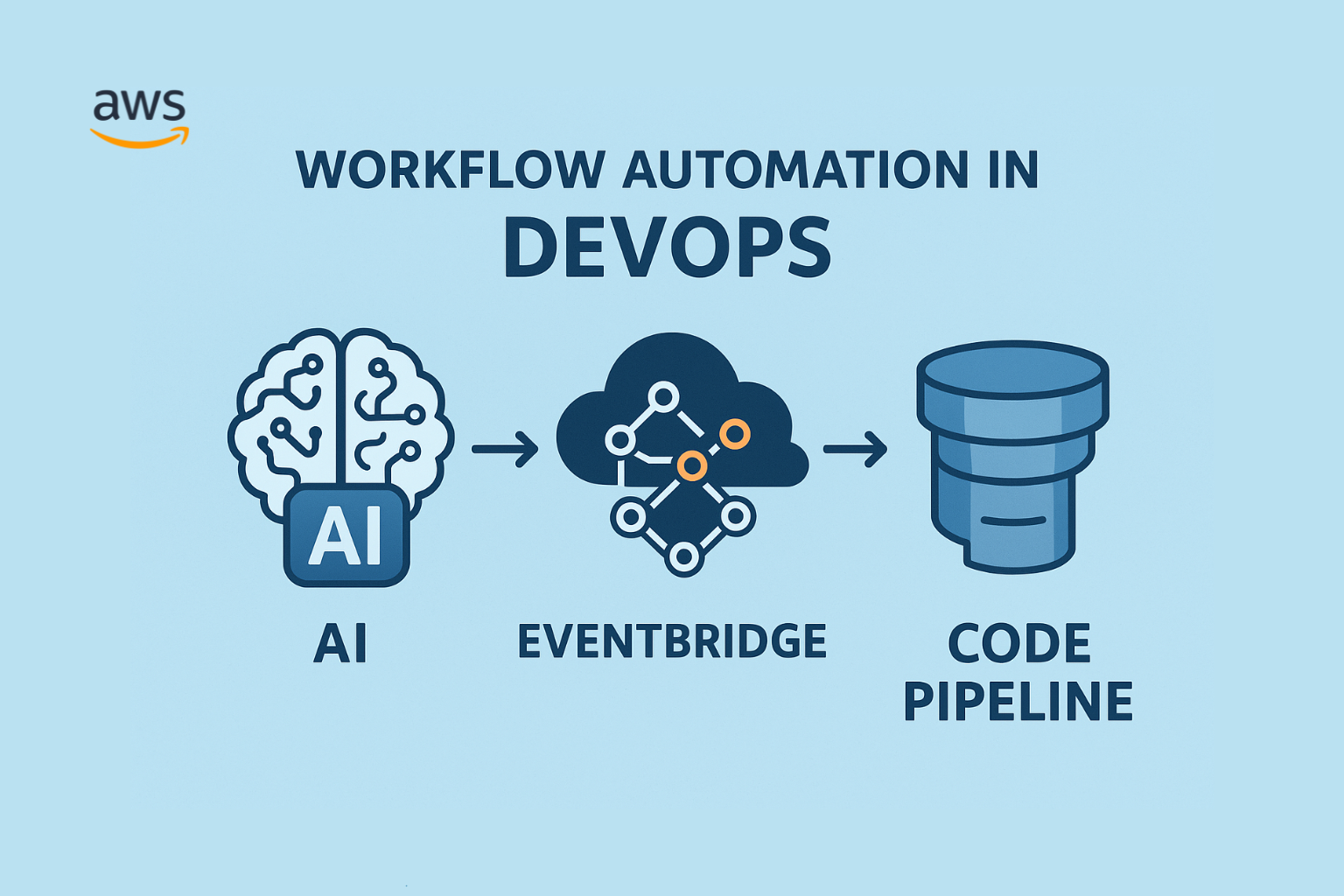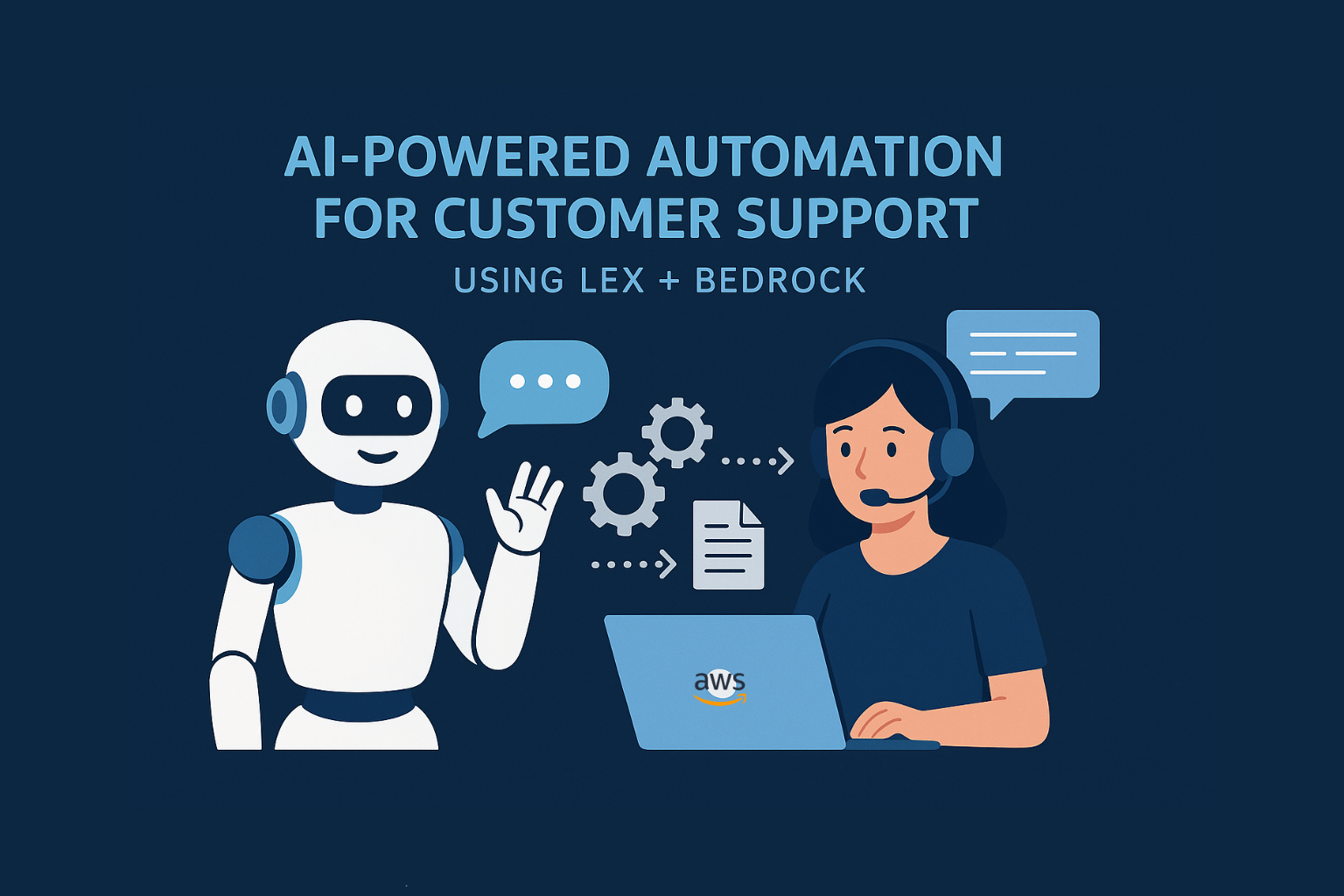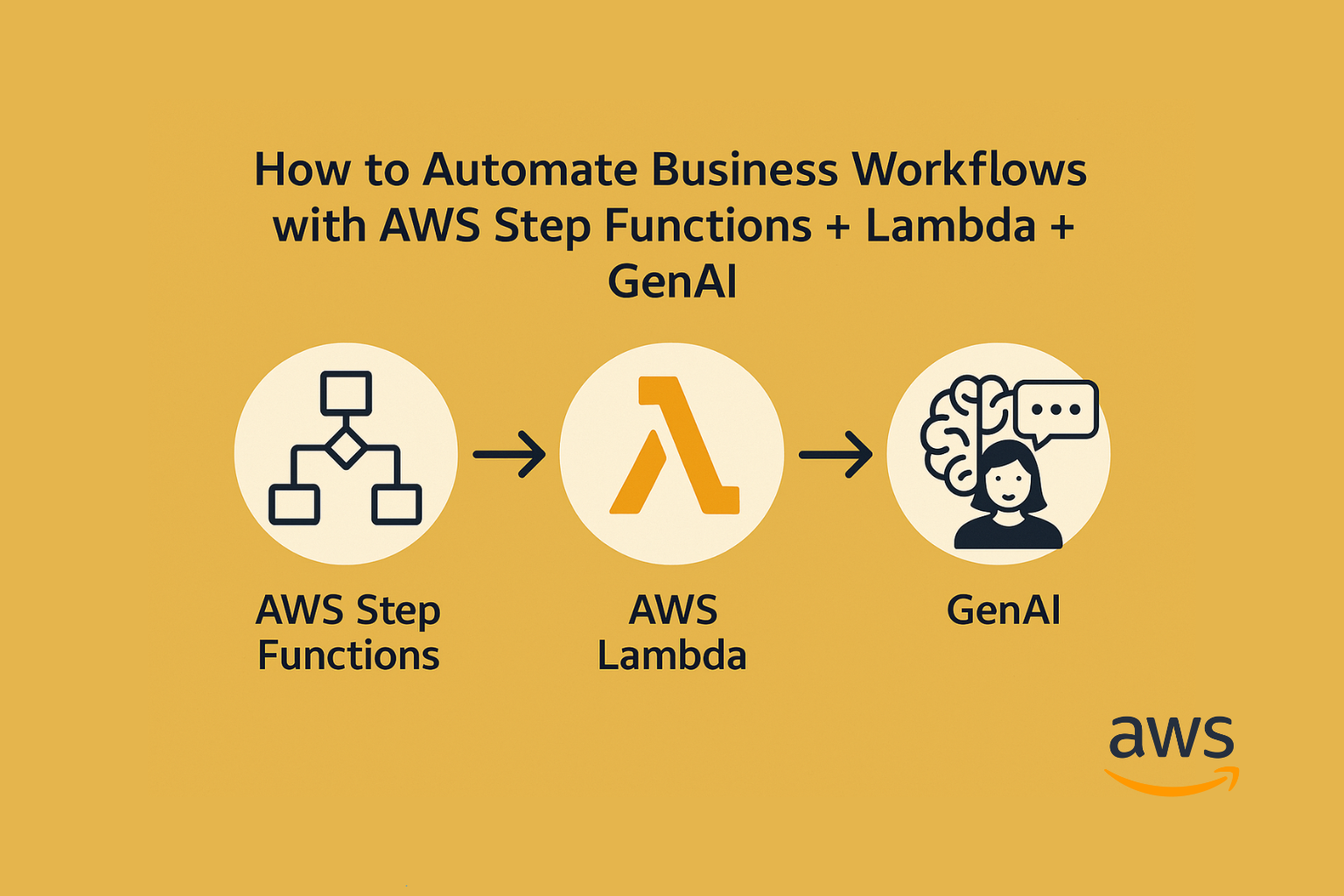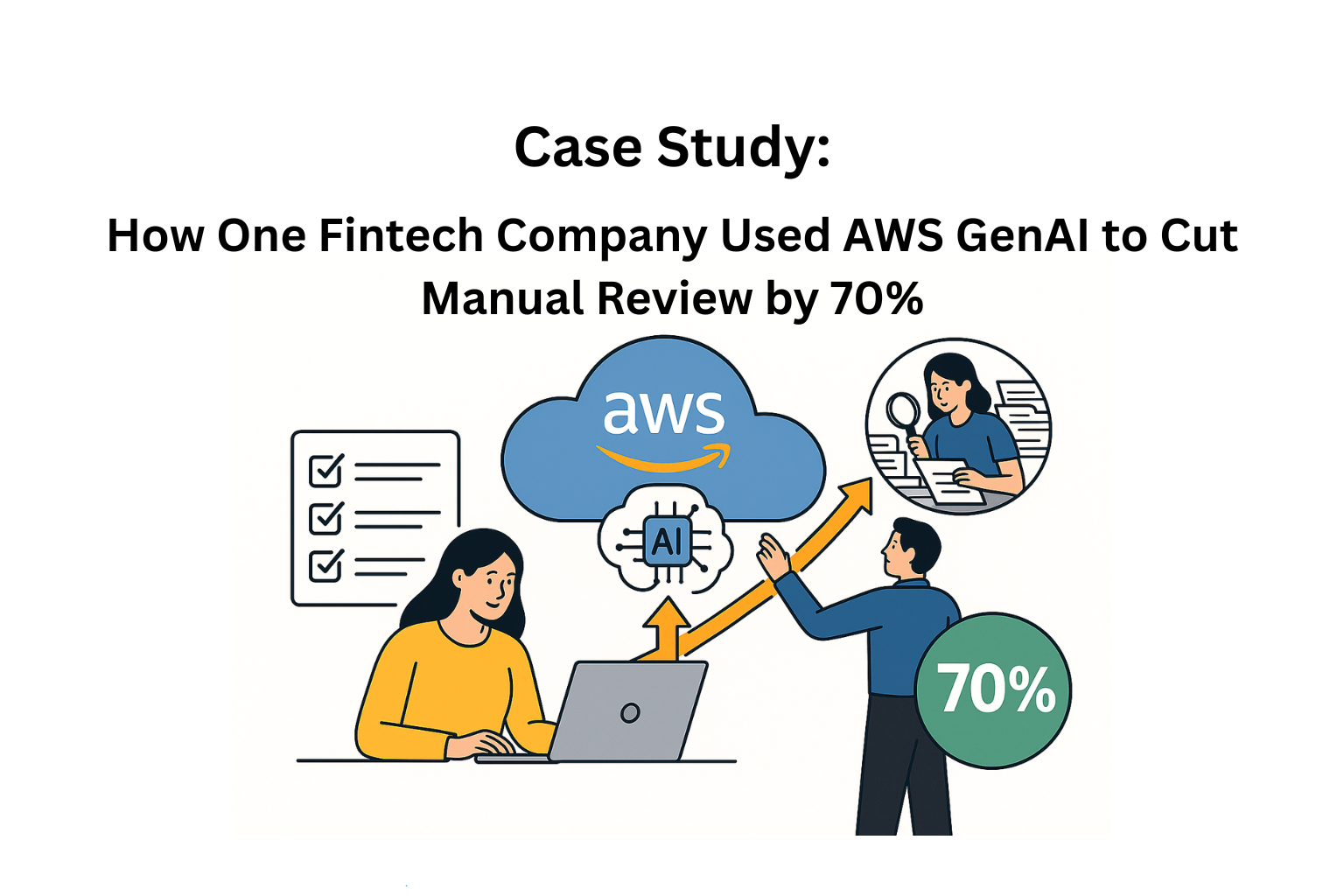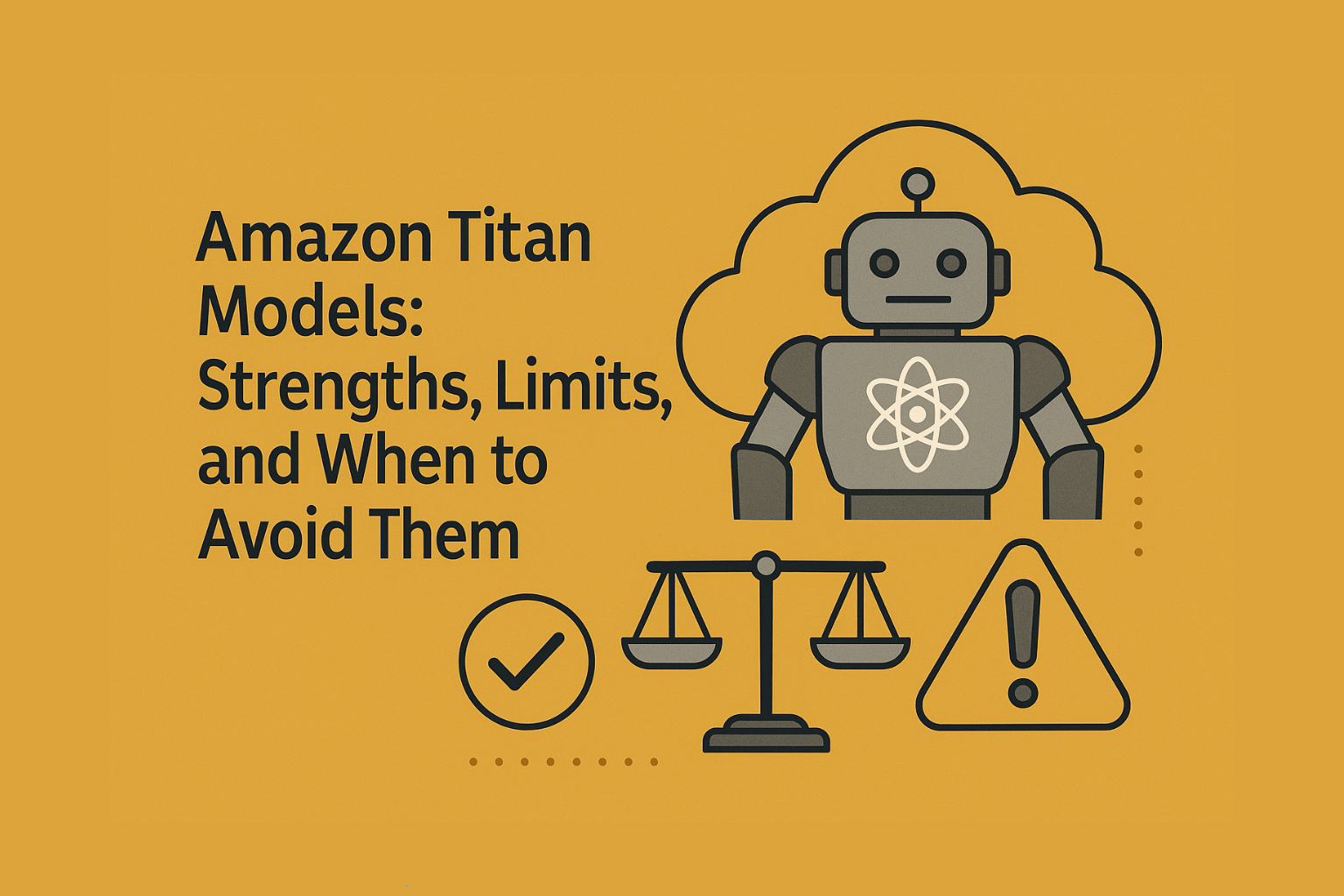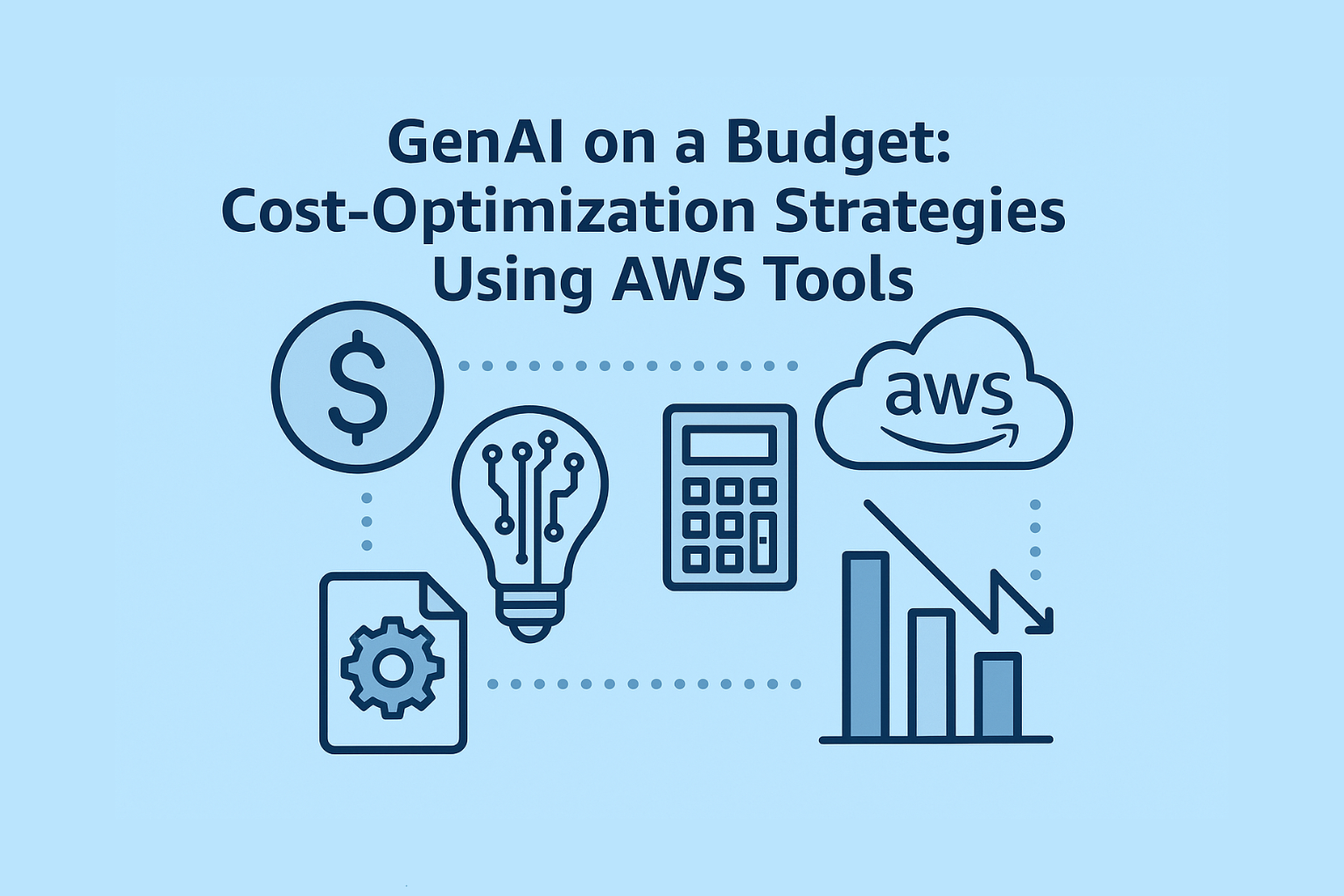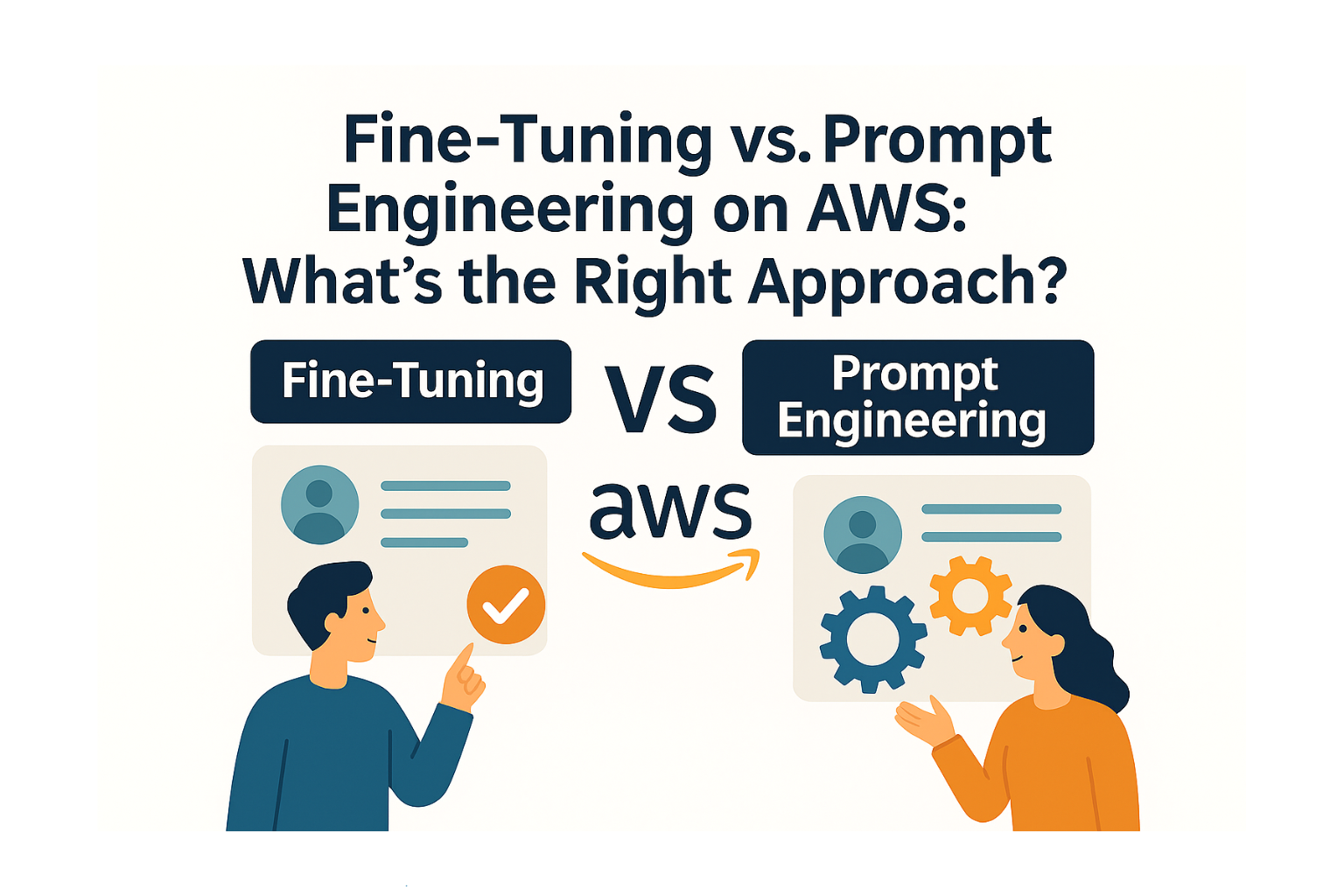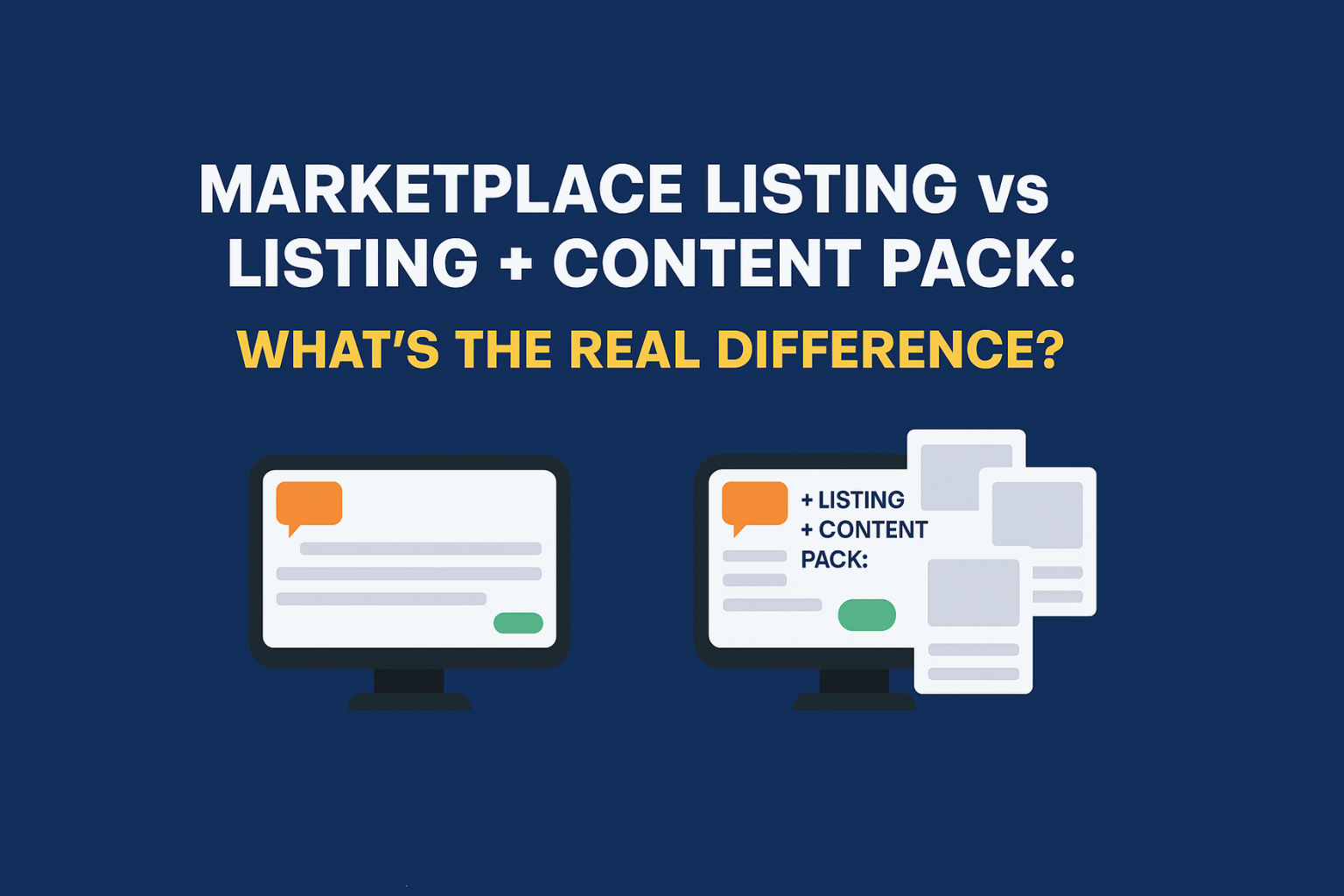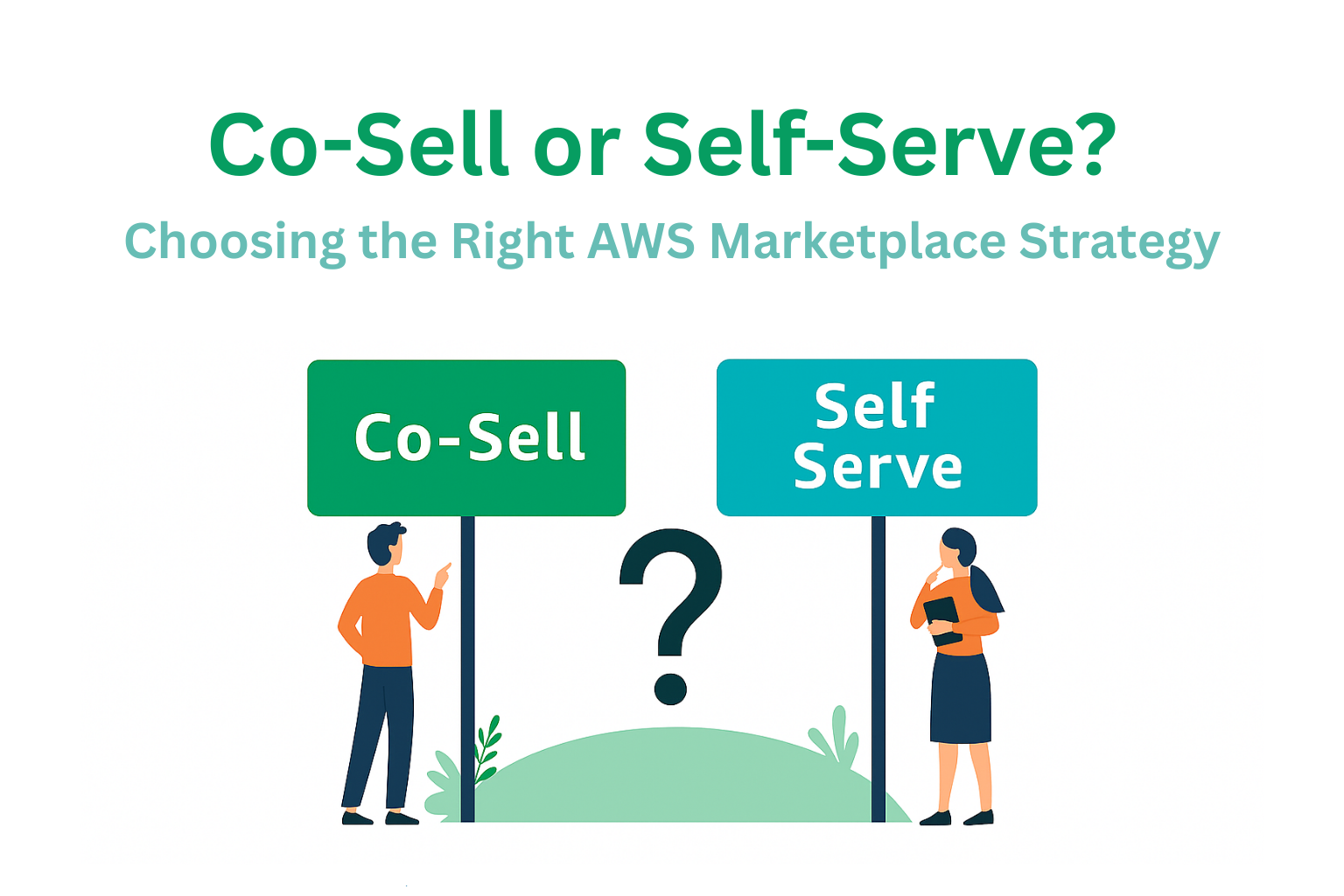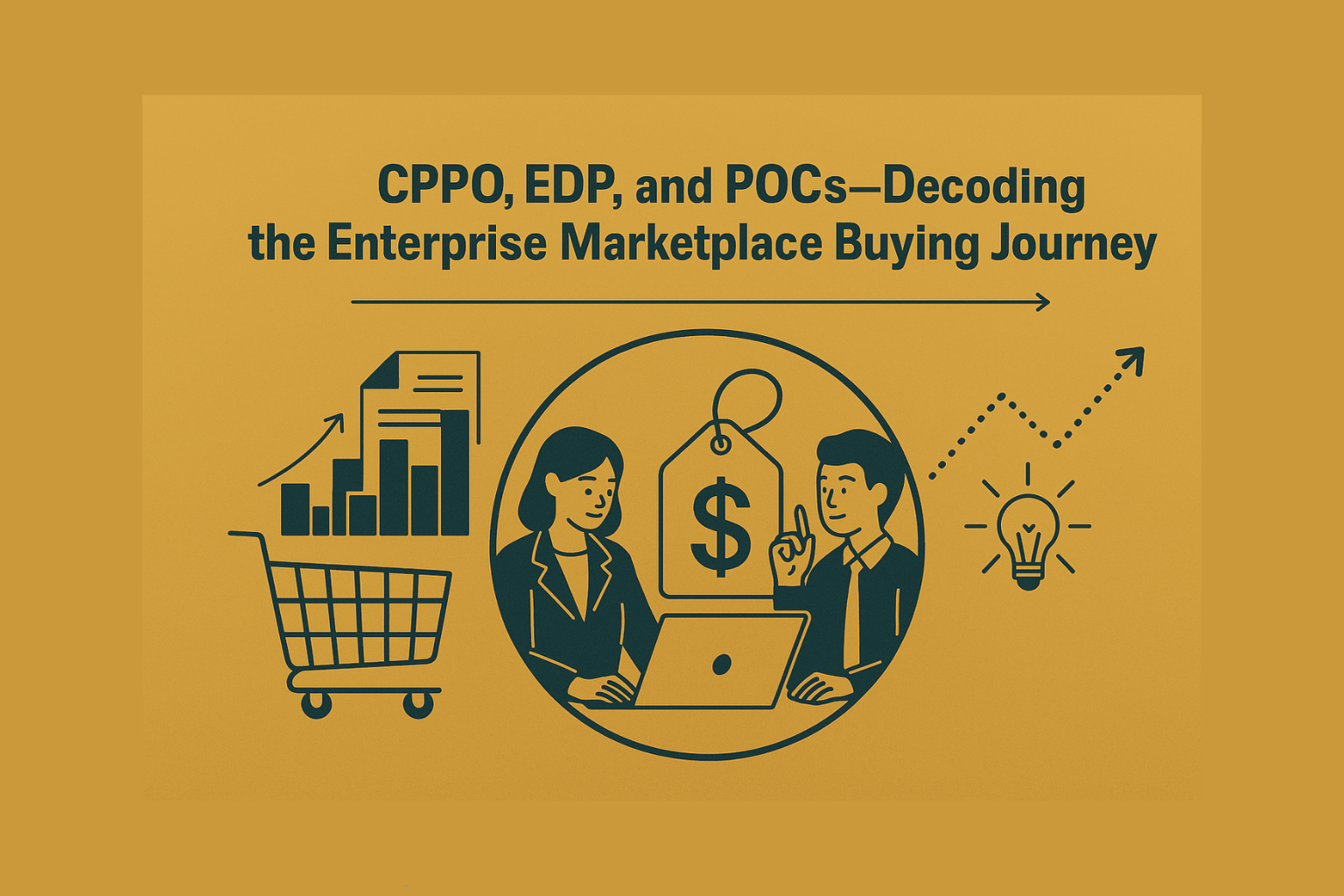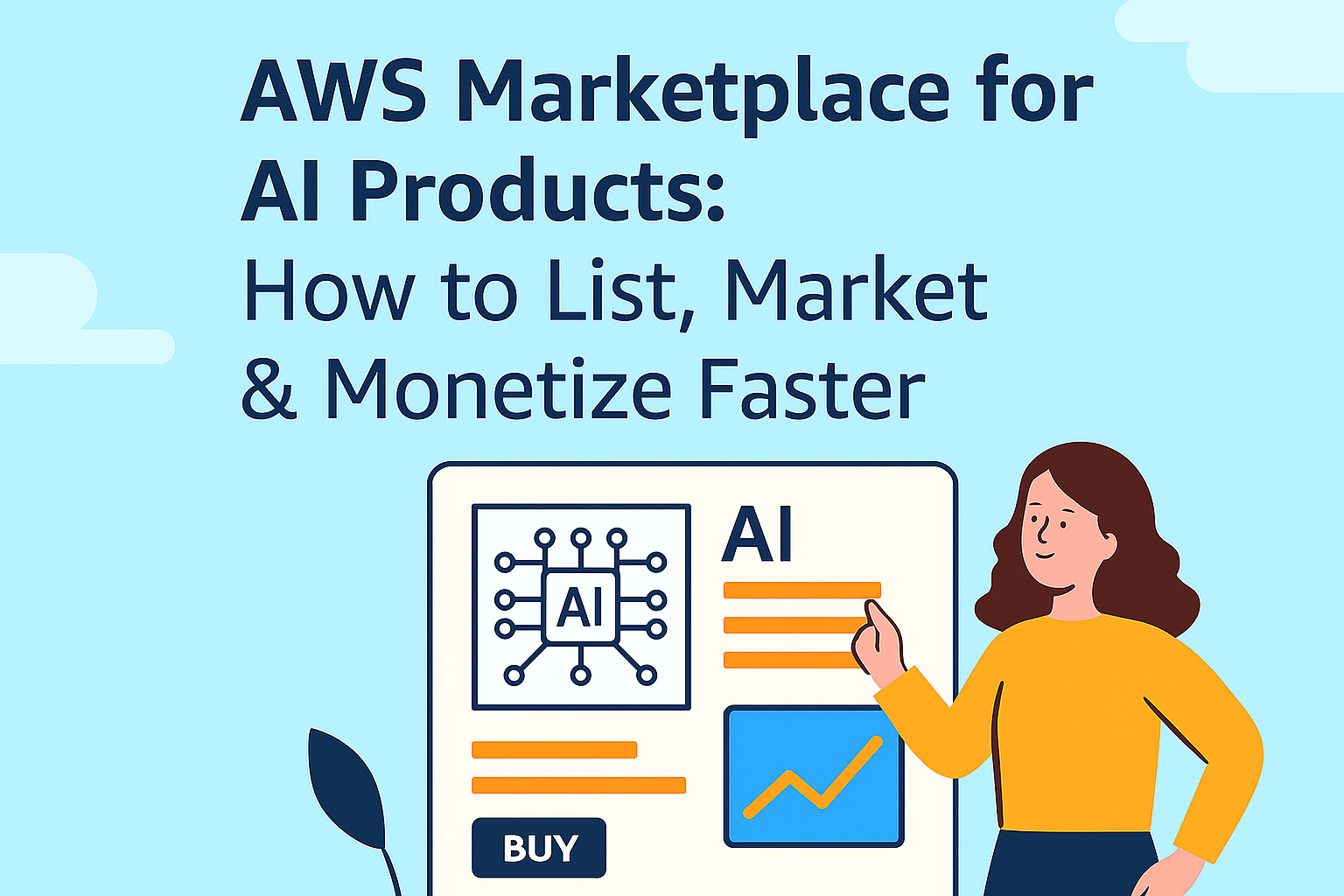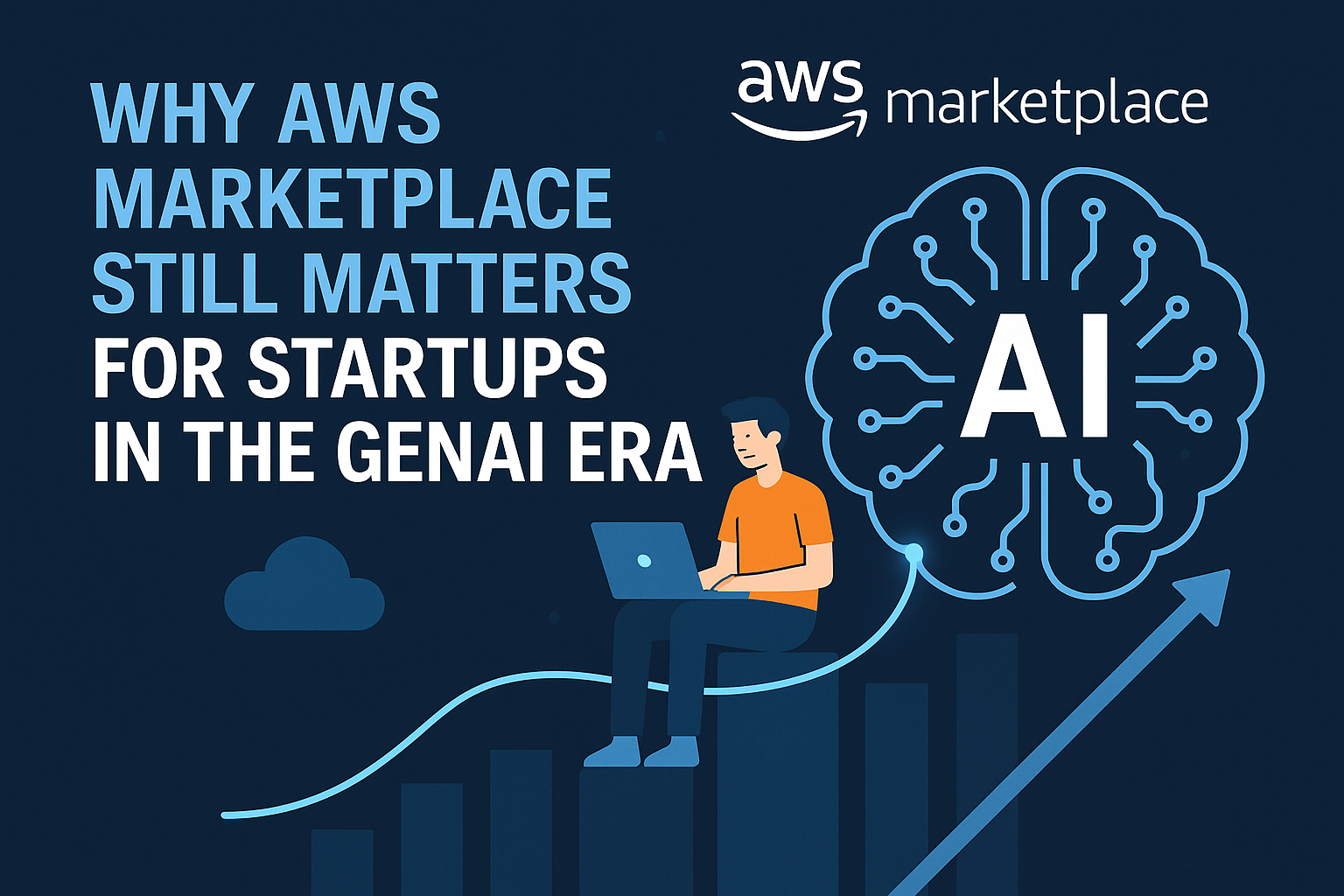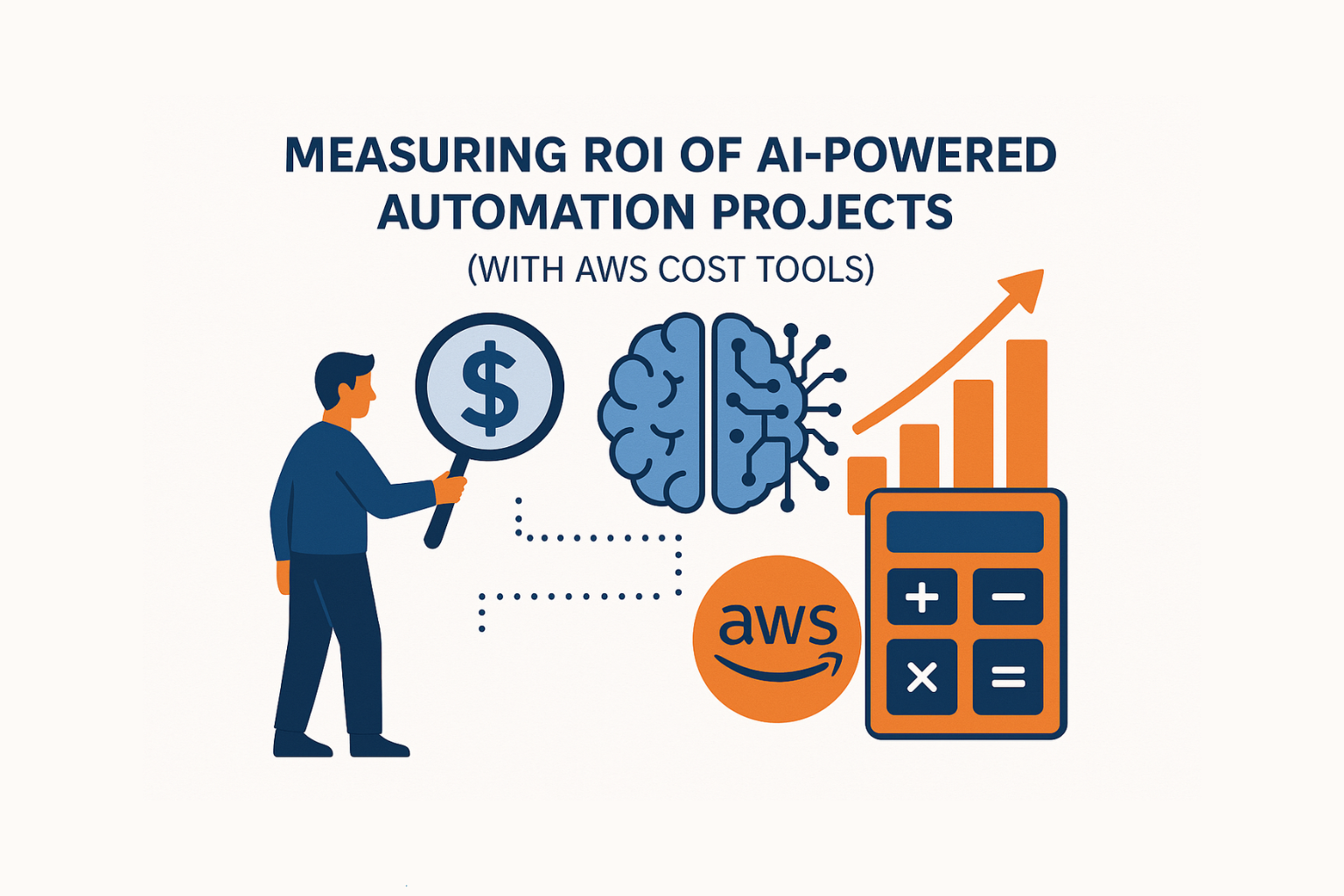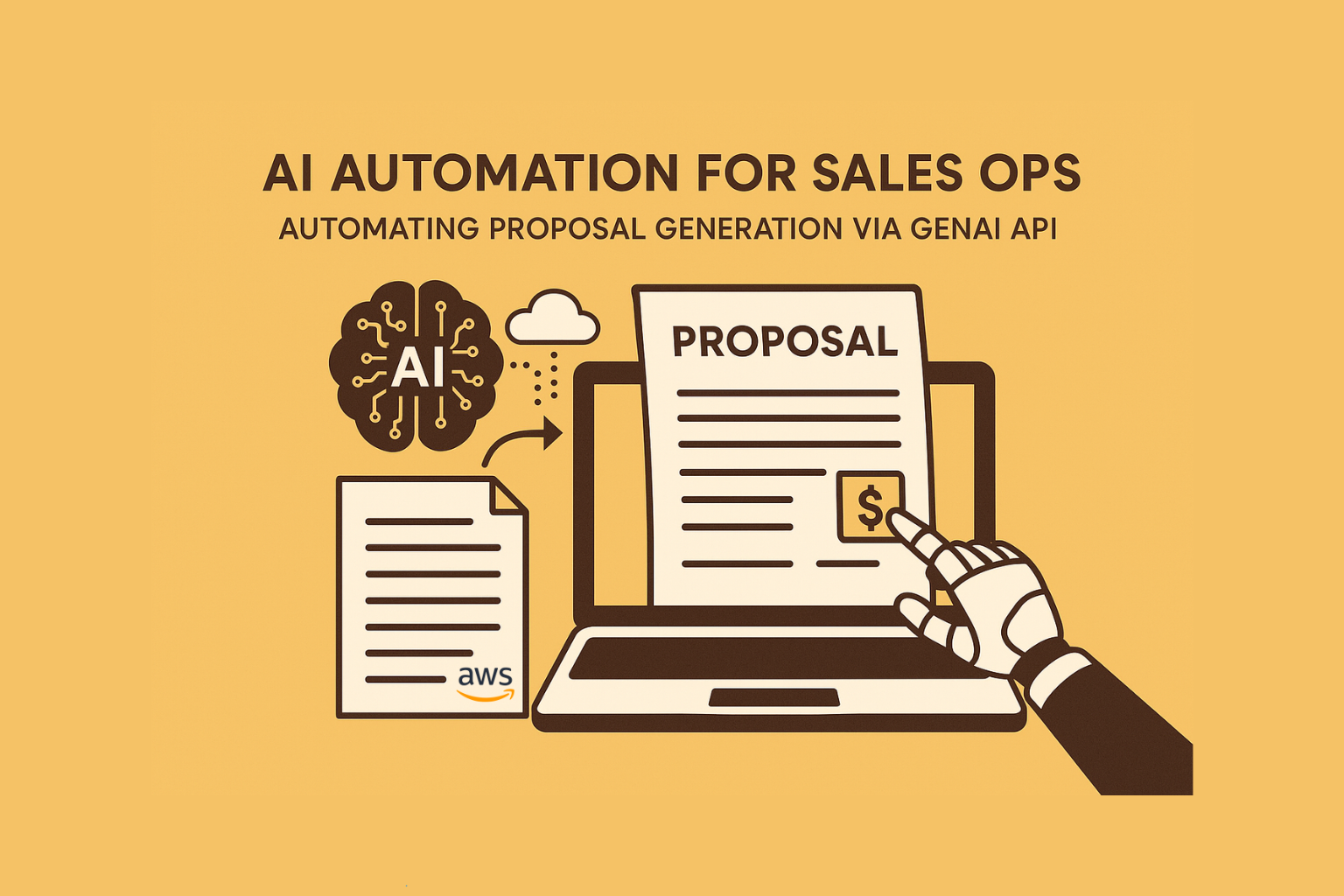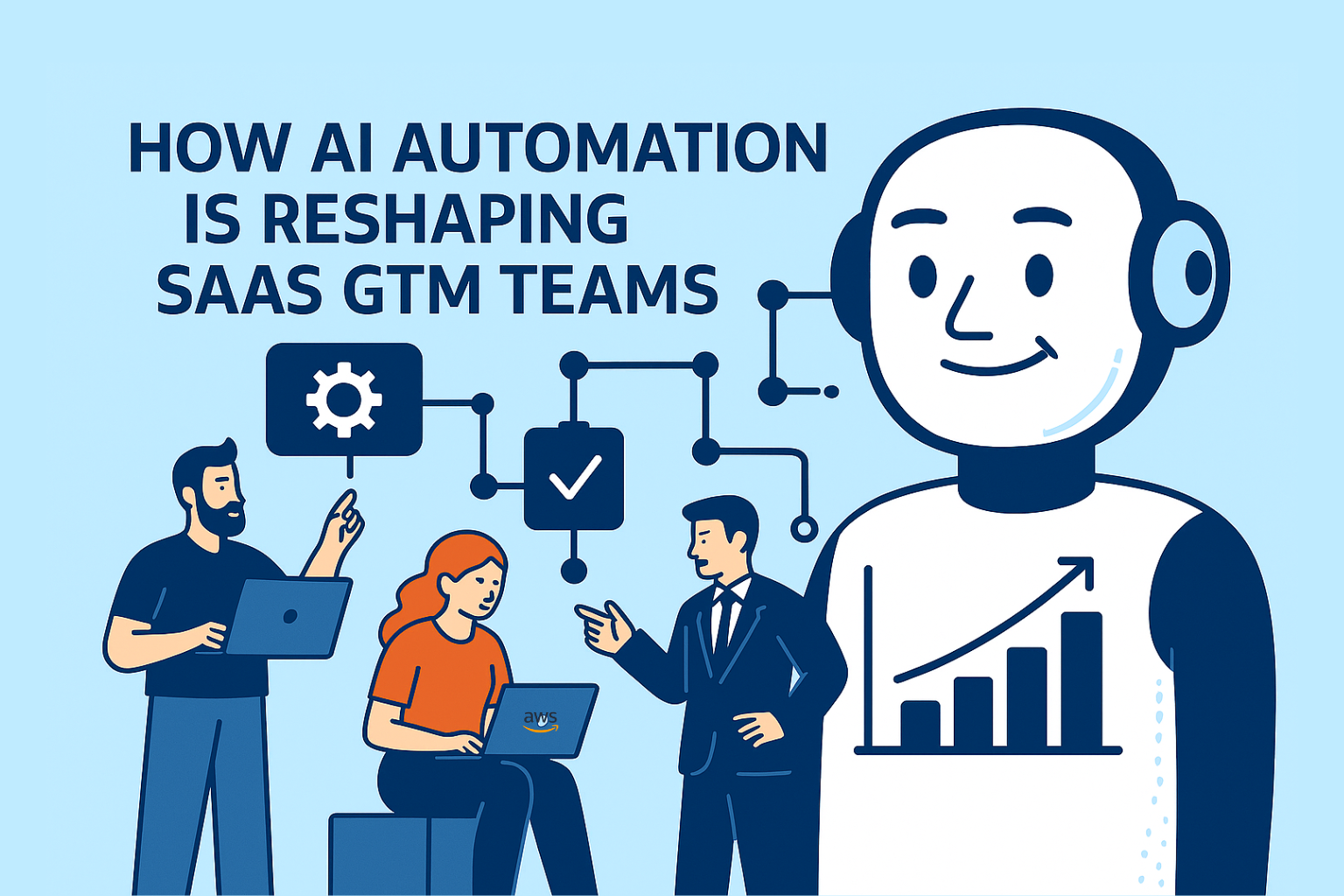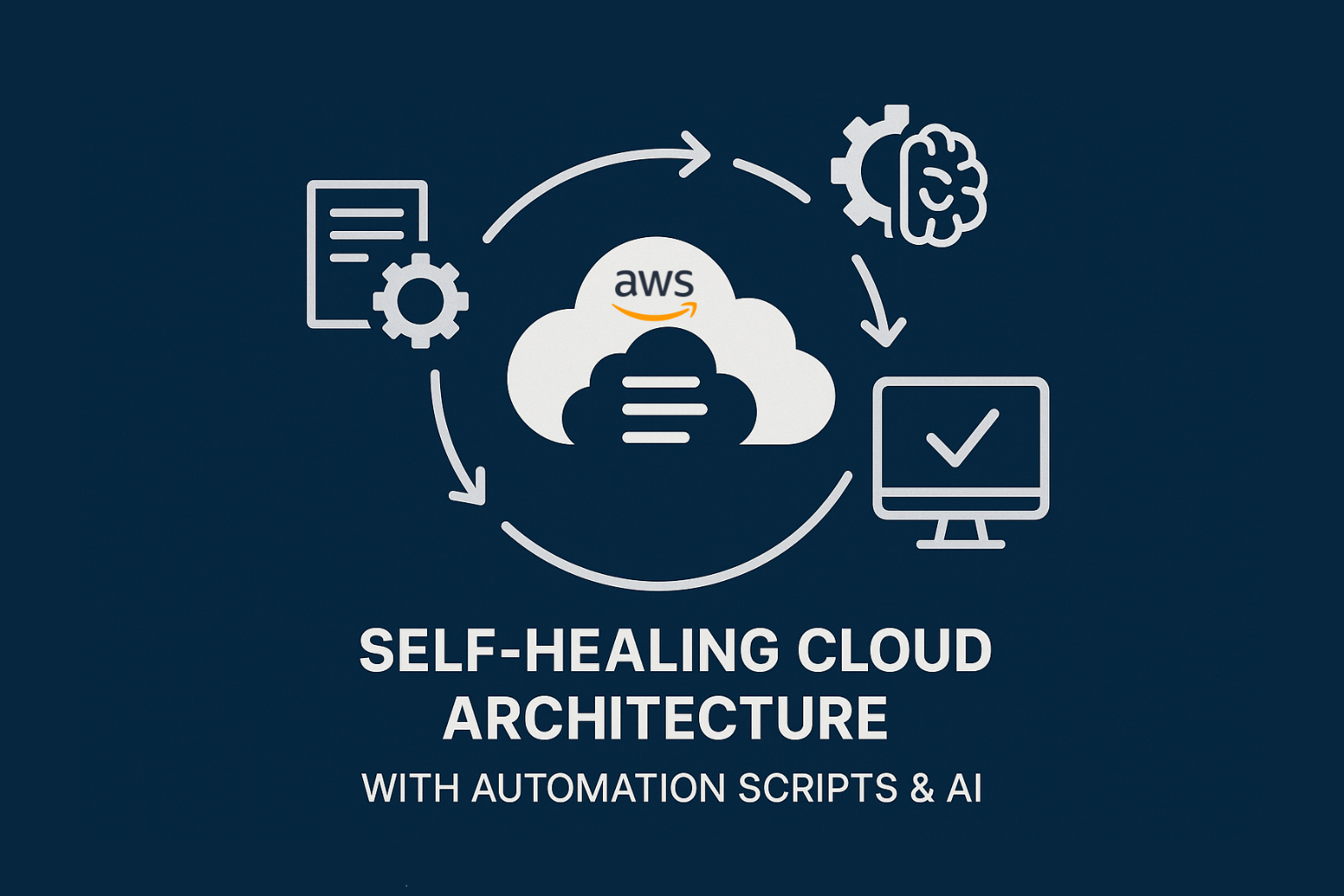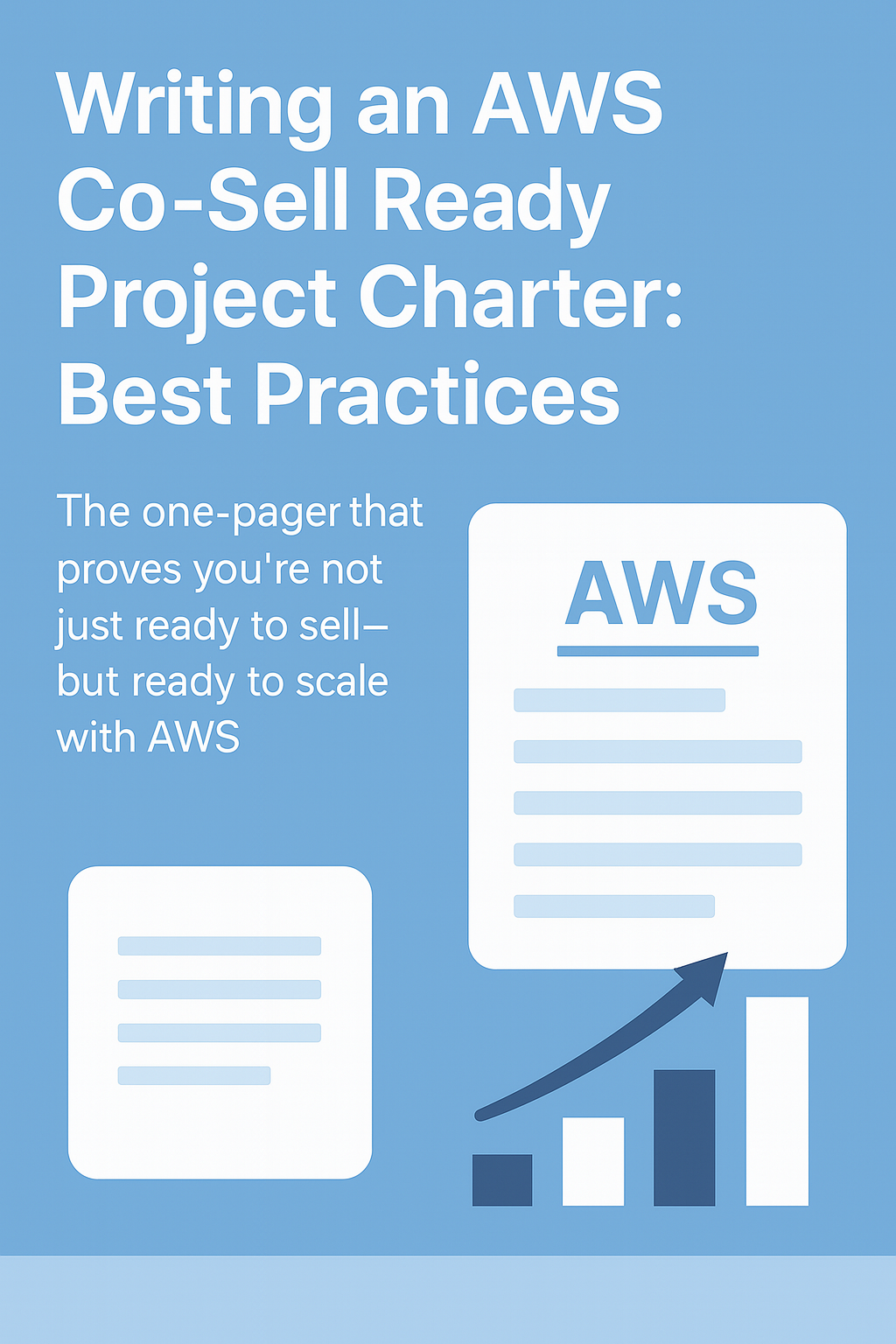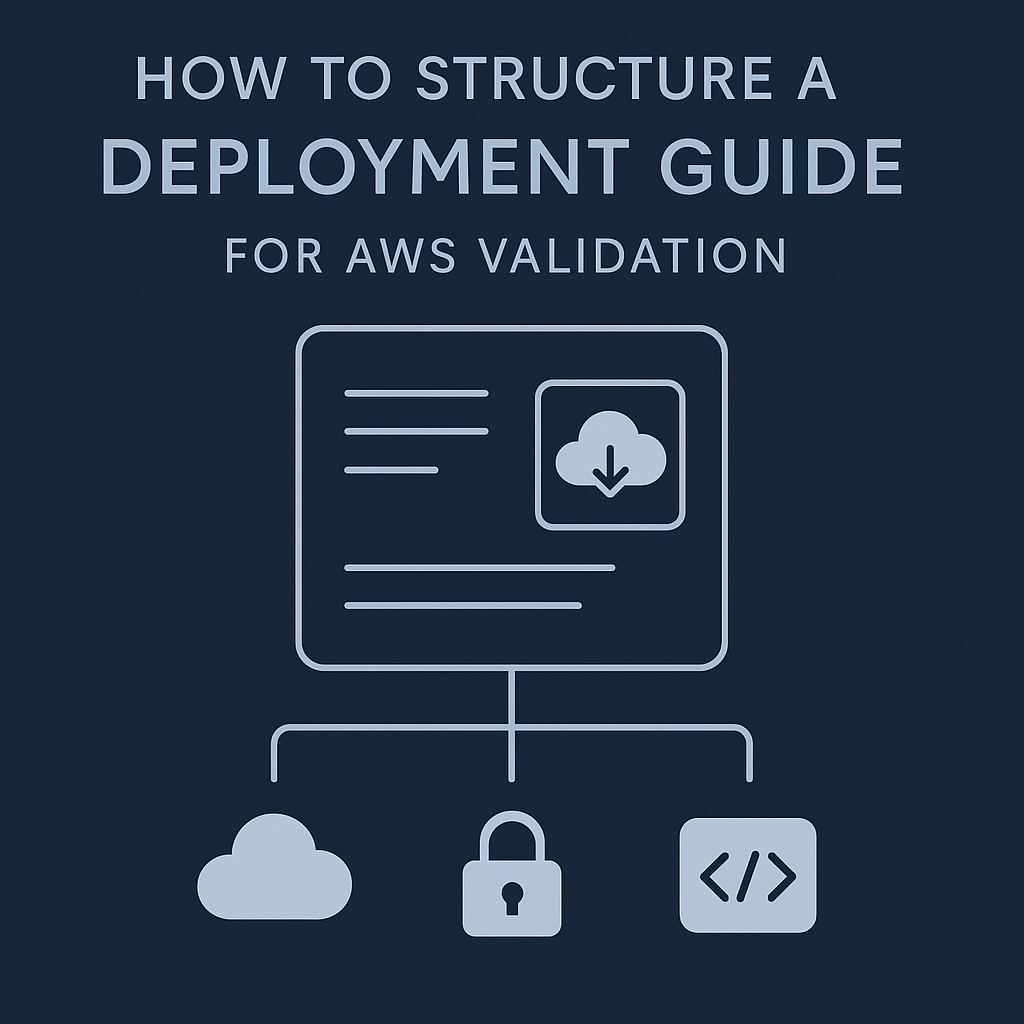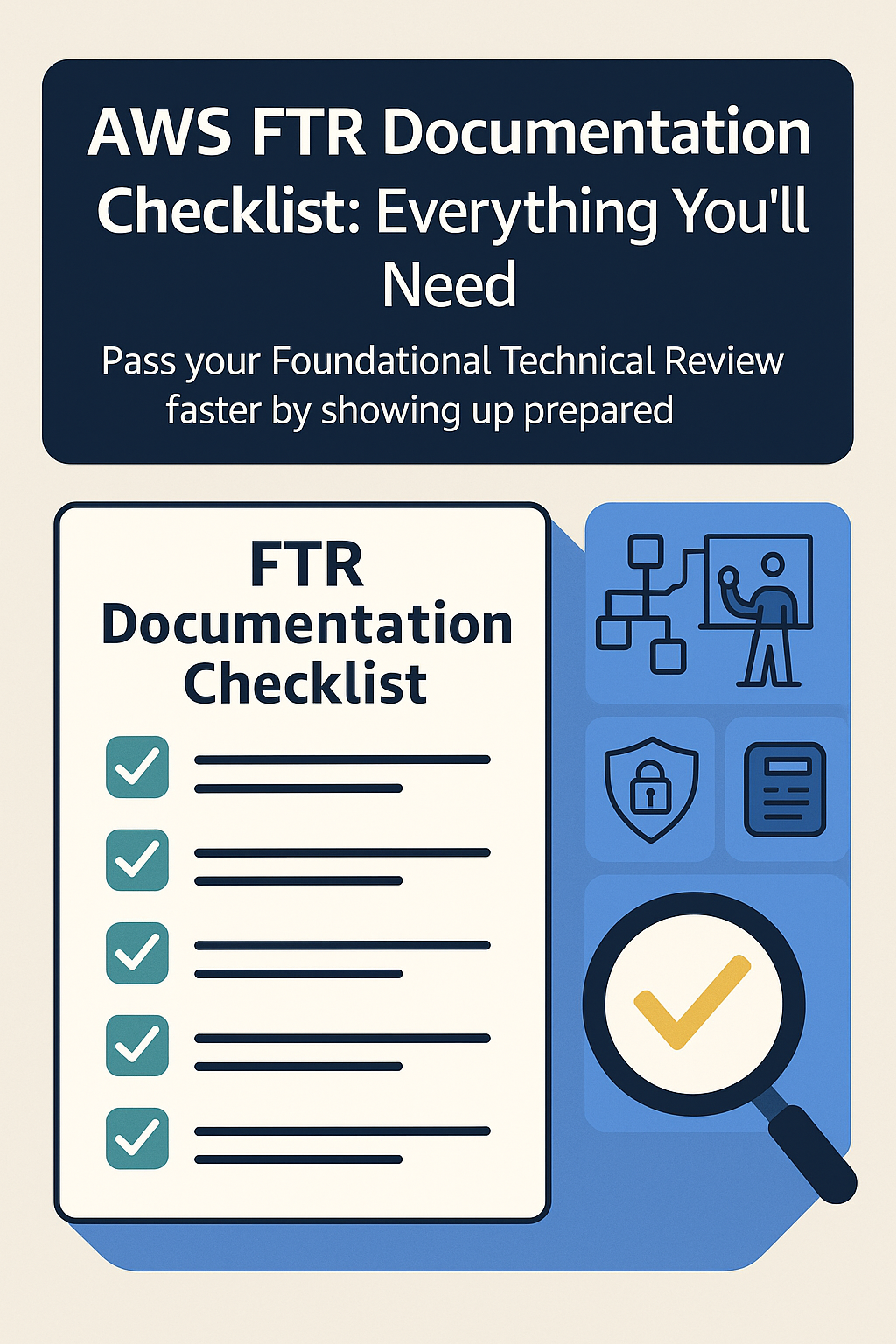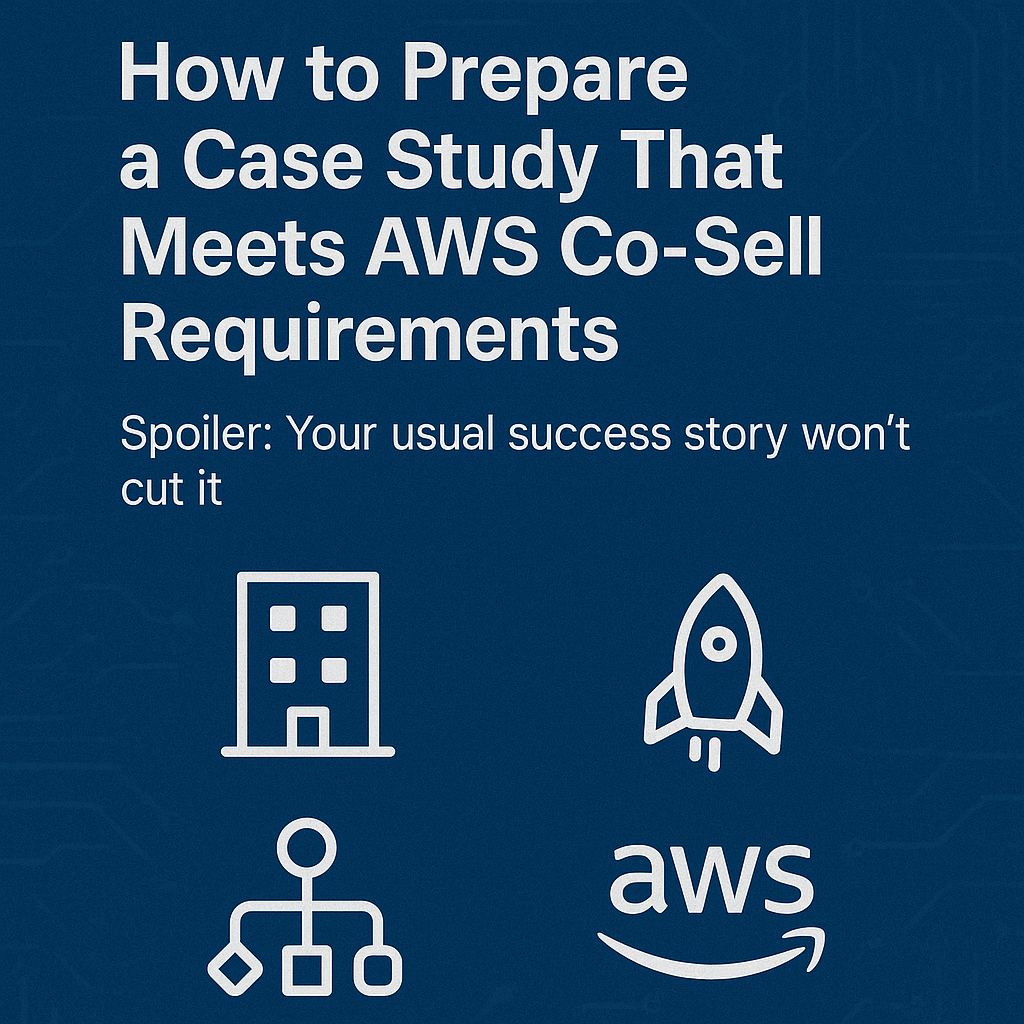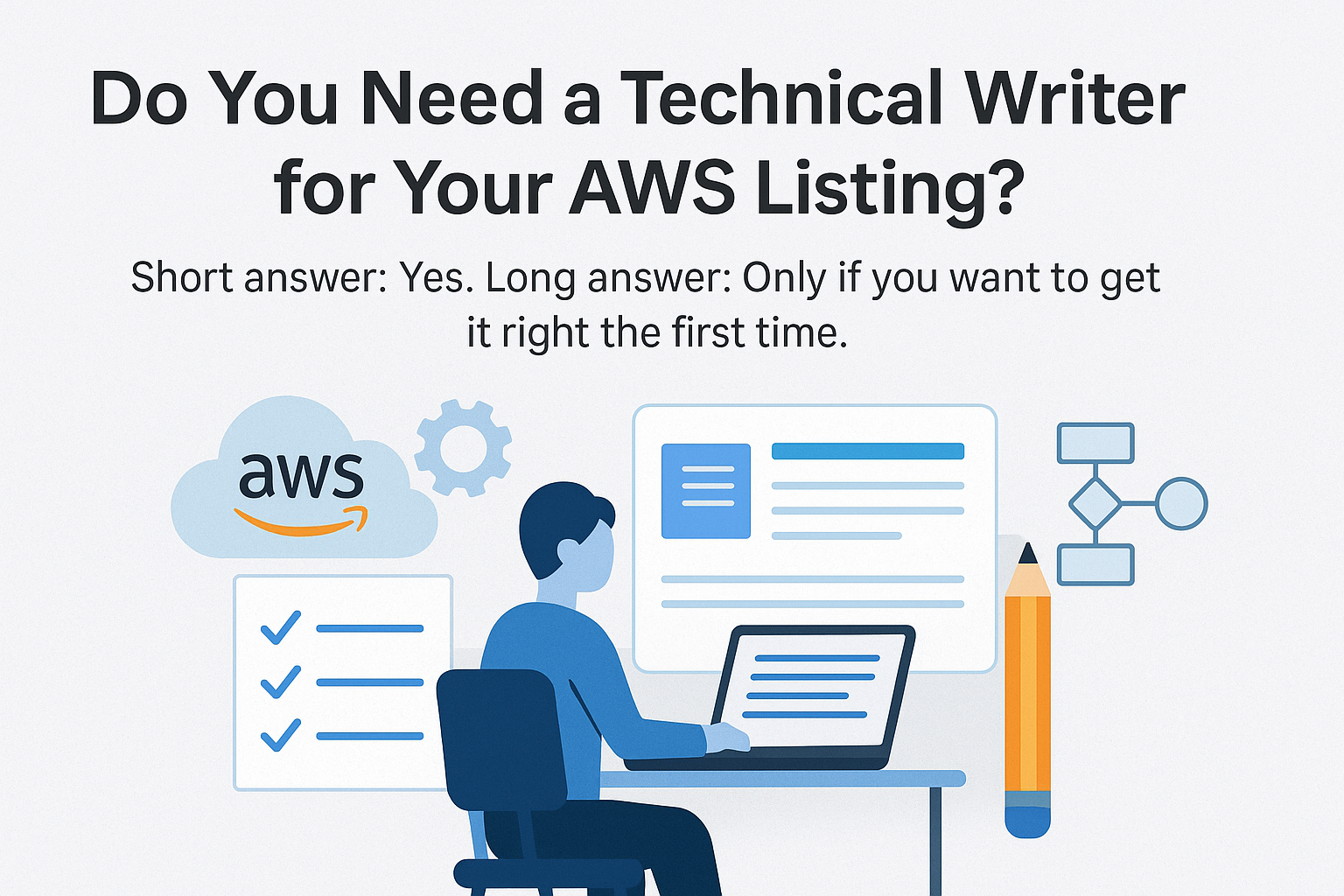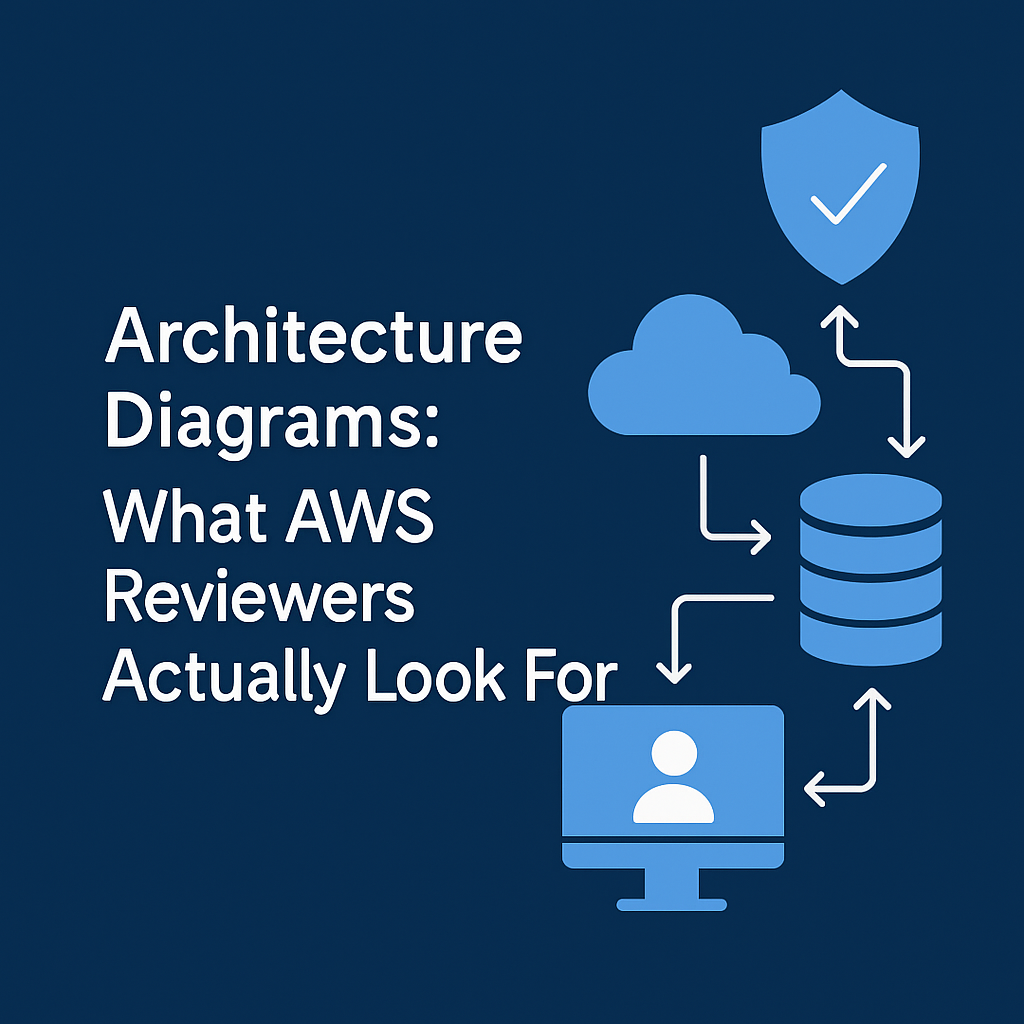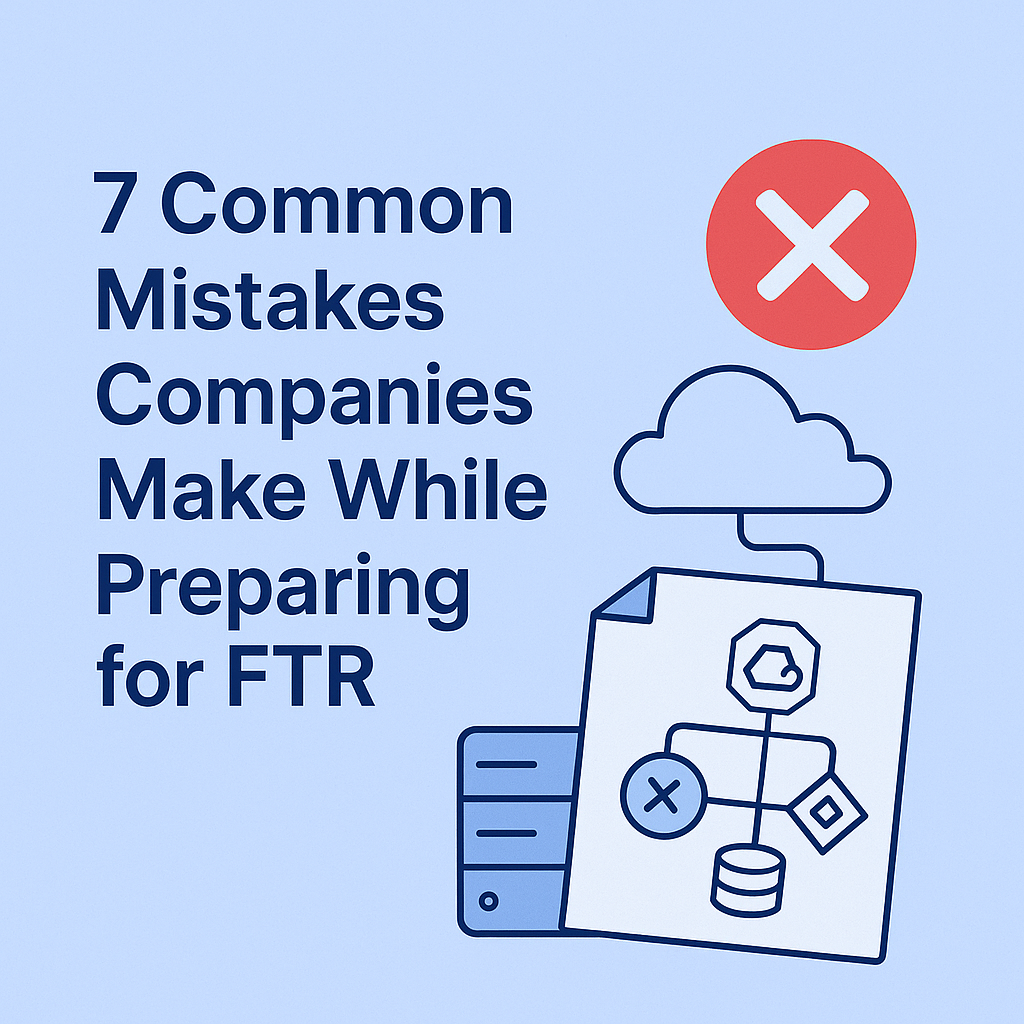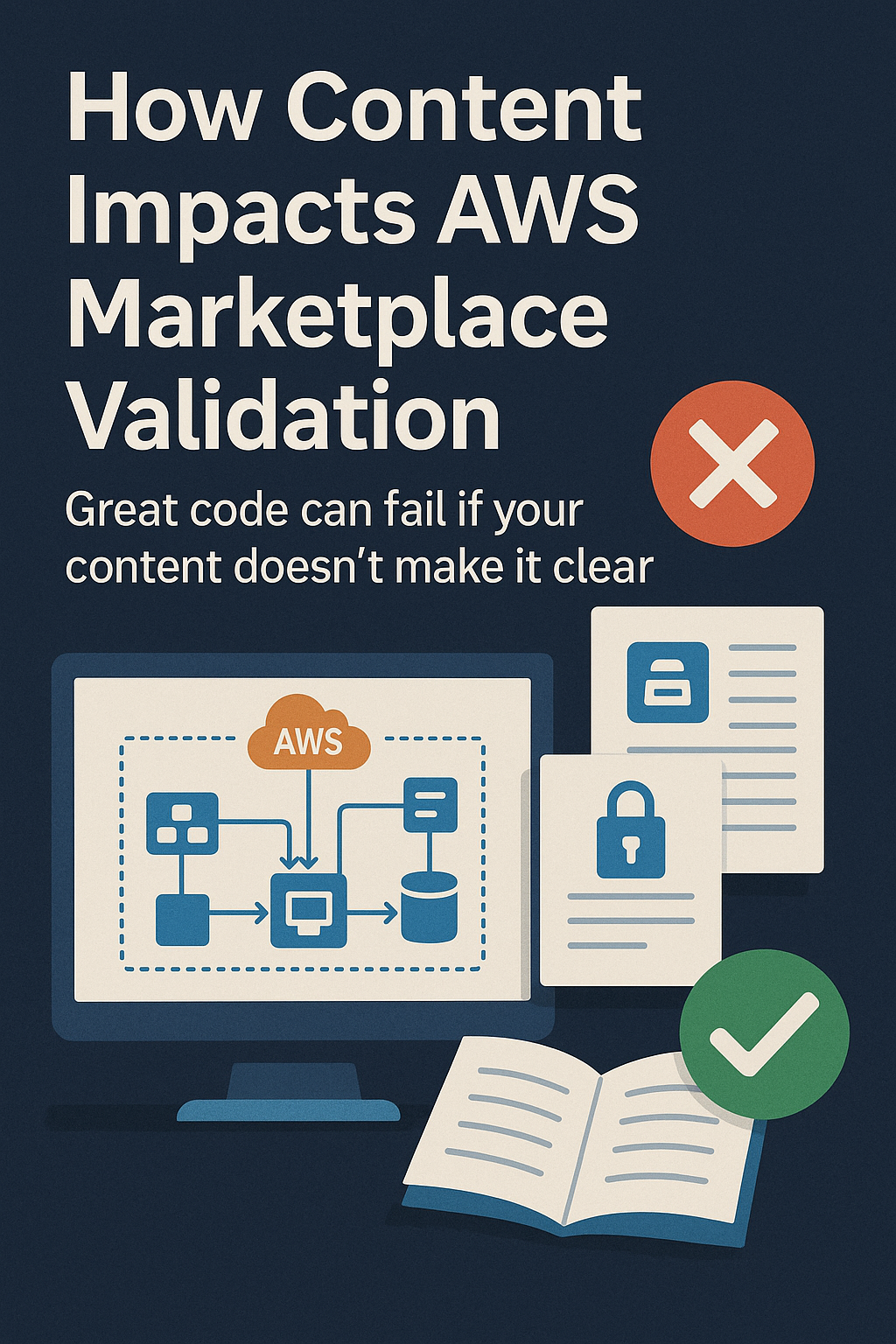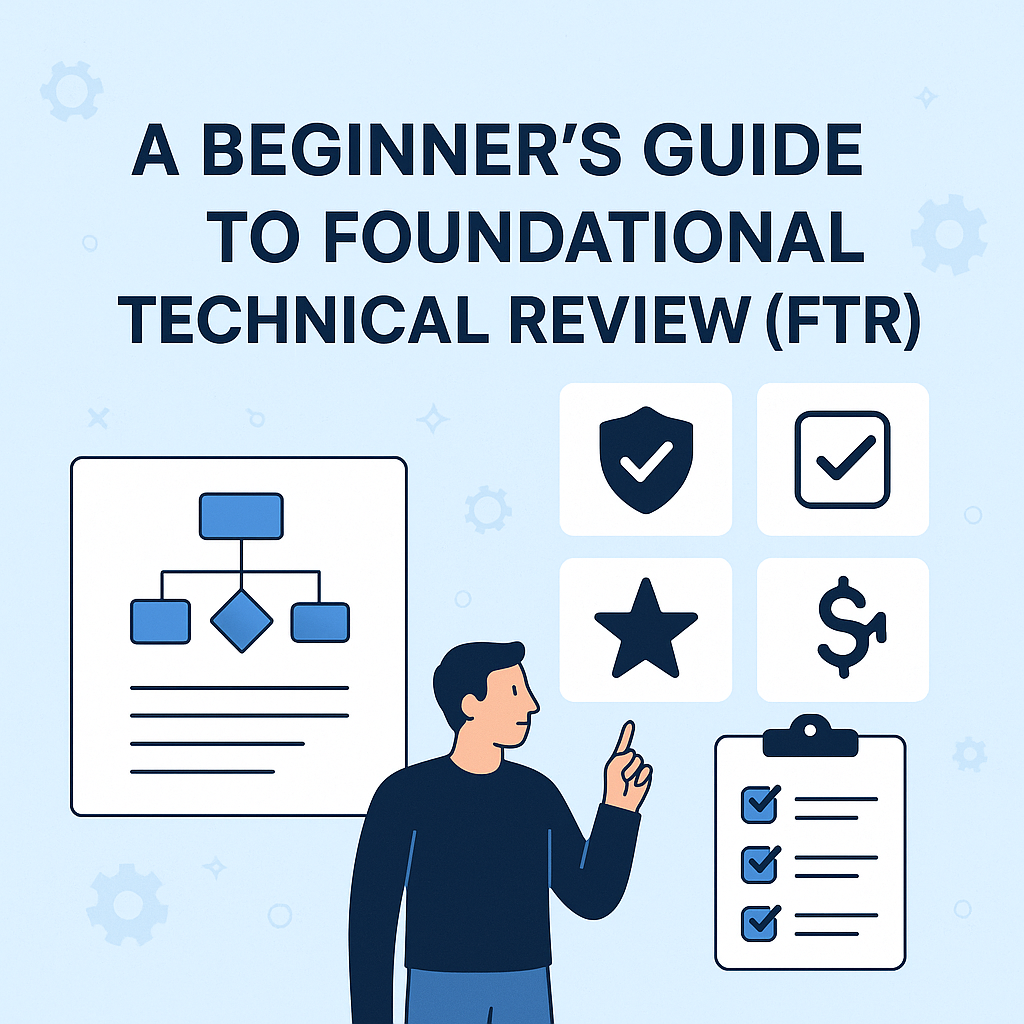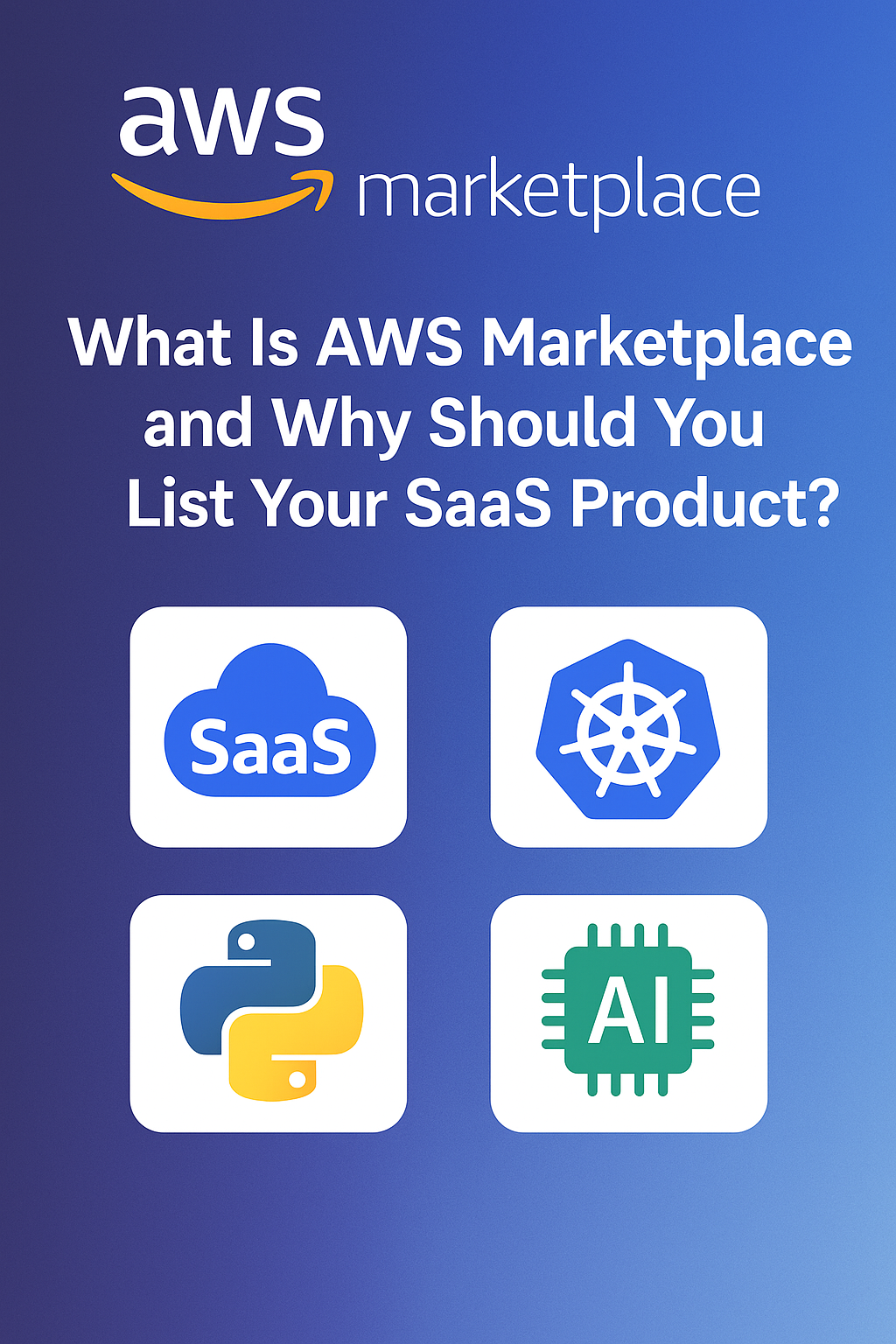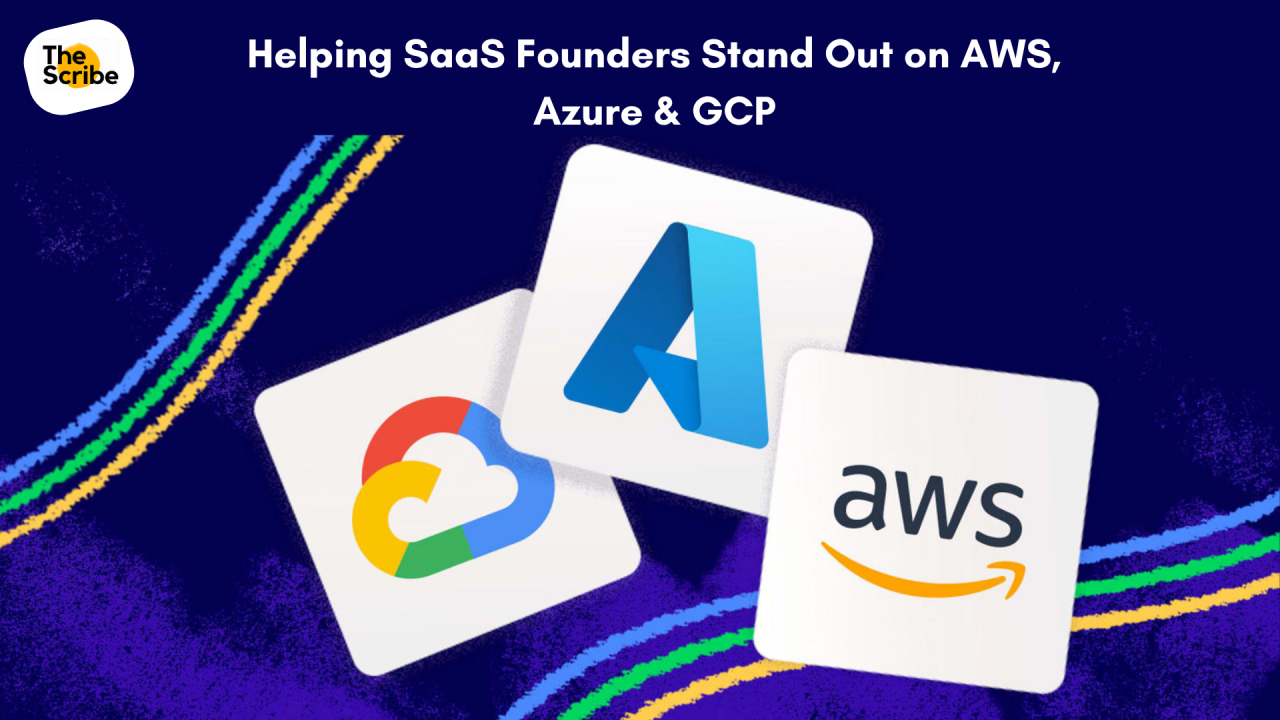Stop celebrating the listing, start measuring the momentum.
Introduction
Your AWS Marketplace listing is live. You’ve crossed the technical hurdles, completed the Foundational Technical Review (FTR), submitted content, and gone through procurement setup. Congratulations!
Now what?
For too many AWS Partners, the post-listing phase is a blind spot. They assume that visibility = pipeline, or that being “on Marketplace” will magically generate inbound leads.
Reality check: AWS Marketplace is a distribution channel, not a demand engine.
To drive ROI from your listing, you need to track metrics that reflect real buyer behavior, partner traction, and Co-Sell enablement, not just vanity stats.
This post walks through the critical post-listing KPIs every GTM team should track and how to use them to improve conversion, accelerate Co-Sell alignment, and justify AWS investment.
Metric #1: Product Detail Page (PDP) Views → Conversion Rate
What it tells you: How discoverable your listing is and how well it converts once found.
- PDP Views = awareness
- Clicks to Subscribe or Request Contact = intent
Why it matters:
If you’re seeing strong PDP traffic but poor clickthrough, your messaging, use case targeting, or AWS architecture narrative may be unclear.
How to improve it:
- Refine your listing title to match buyer search terms
- Add industry-specific use cases to the solution description
- Link out to deployment docs or architecture diagrams for technical validation
Benchmarks:
10–15% CTR from PDP to subscription/offer request is considered healthy.
Metric #2: Private Offer Conversion Rate
What it tells you: How well your product closes when real buyers show up.
Private Offers are one of the most powerful AWS Marketplace features but they’re also where many listings stall.
Why it matters:
A listing that draws interest but fails to close via private offer may suffer from:
- Misaligned pricing
- Lack of trust/validation content
- Procurement complexity
How to improve it:
- Offer a CPPO (Channel Partner Private Offer) path
- Add a 60-day pilot SKU for lower-risk entry
- Include a “procurement quickstart” PDF with your offer
Pro tip: Always follow up with a playbook that explains what happens after the click.
Metric #3: Co-Sell Opportunity Influence
What it tells you: Whether AWS field sellers see your listing as a viable option to pitch.
Why it matters:
Marketplace without Co-Sell = slow burn. Marketplace + Co-Sell = pipeline boost.
AWS field teams need to know:
- What you do
- What problem you solve
- Which accounts you target
- How to position you with their customer
How to track it:
- Tag ACE opportunities that originated from or were influenced by your Marketplace listing
- Ask Partner Managers for qualitative feedback: “Is this listing something you can pitch?”
- Monitor invites to seller enablement webinars or pitch deck sharing requests
Content tip: Your Marketplace page should double as a seller one-pager.
Metric #4: Time-to-First Deal
What it tells you: How fast you move from “live” to “revenue.”
Why it matters:
If you’re not seeing early conversions, your post-listing activation may be underperforming.
Red flags:
- No deal activity within 60–90 days
- No partner-sourced opportunities triggered in ACE
- No field inquiries despite listing availability
How to fix it:
- Launch a “post-listing” GTM campaign: email, blog, Co-Sell enablement, social proof
- Share your listing internally with sales reps and external AWS Partner Managers
- Set up a targeted lead gen flow: “Now available on AWS Marketplace” campaign with a private offer CTA
Metric #5: Attach Rate to Existing Sales Pipeline
What it tells you: How often Marketplace helps close already-active deals.
Why it matters:
Marketplace isn’t just for discovery—it’s a procurement accelerator. If your sales reps aren’t using it to speed up deal closure, you’re leaving value on the table.
Attach Rate = of deals where Marketplace is used as the purchasing path / total pipeline value
How to boost it:
- Train sales teams to suggest Marketplace when procurement gets stuck
- Offer a pricing incentive or extended support via the listing route
- Include Marketplace procurement steps in your sales playbook
The Metrics You Should Ignore (For Now)
Not all signals are valuable. Here’s what not to over-index on:
- “Followers” or “Favorites” of your listing
- View counts with no context or clickthrough
- AWS Marketplace category rank (unless you’re top 3)
These are vanity signals unless they correlate with engagement, pipeline, or revenue.
Tools to Track These Metrics
- AWS Marketplace Management Portal (AMMP) for PDP views, CTR, and subscriber actions
- ACE Pipeline Manager for Co-Sell influence and field feedback
- CRM Integrations (Salesforce, HubSpot) with “Marketplace source” tagging
- CloudWatch or Google Analytics (if you’ve embedded links out to support docs or guides)
Conclusion: Your Listing Is a Funnel, Not a Flyer
Once you’re listed, don’t sit back. Get surgical.
Track what matters:
- Who’s seeing your listing?
- Are they converting?
- Are they buying?
- Are AWS teams helping you sell?
If not, your content isn’t doing its job, and your Co-Sell enablement needs tuning.
Want a plug-and-play dashboard that tracks these metrics automatically?
Contact us for more details.
